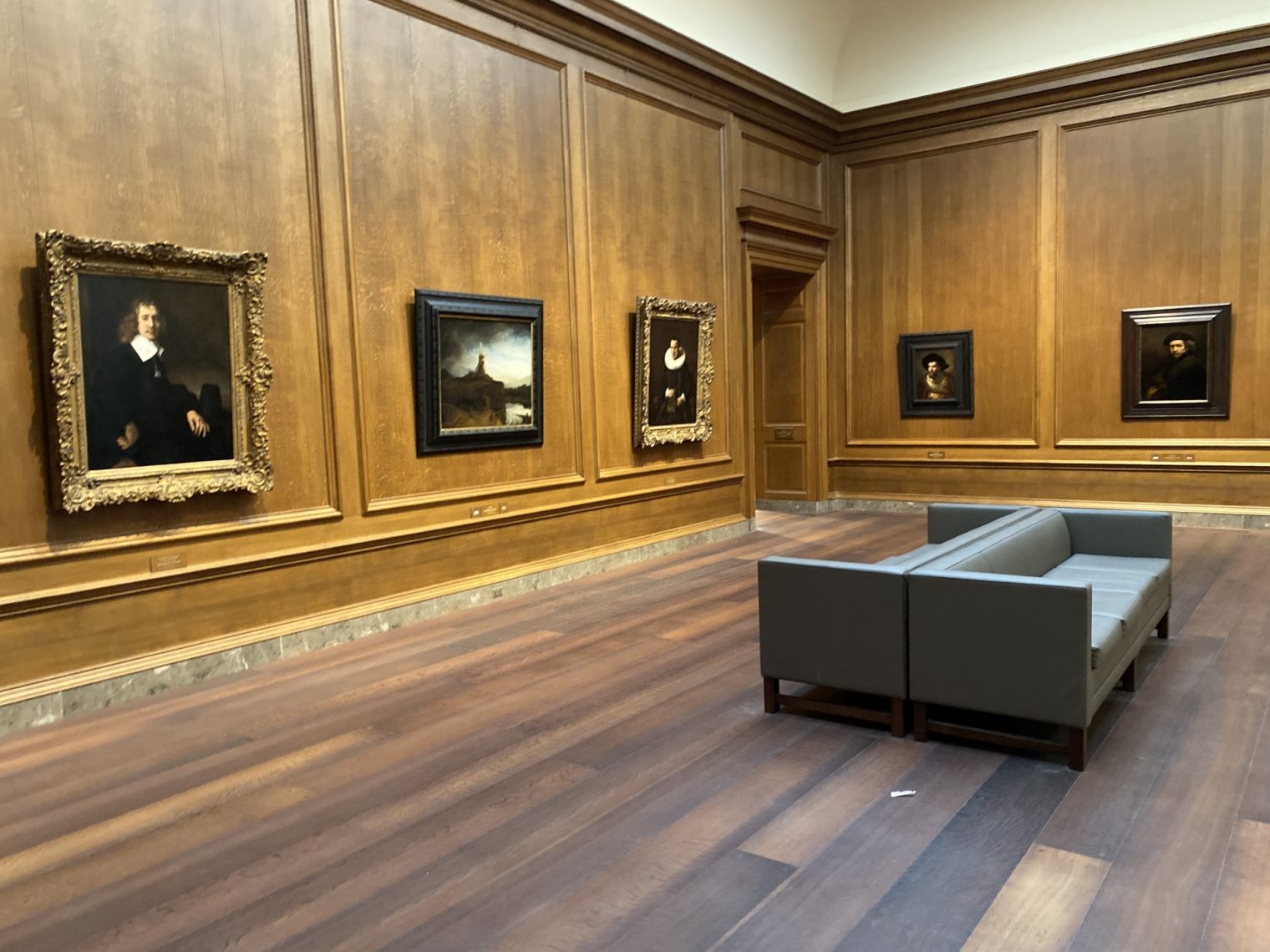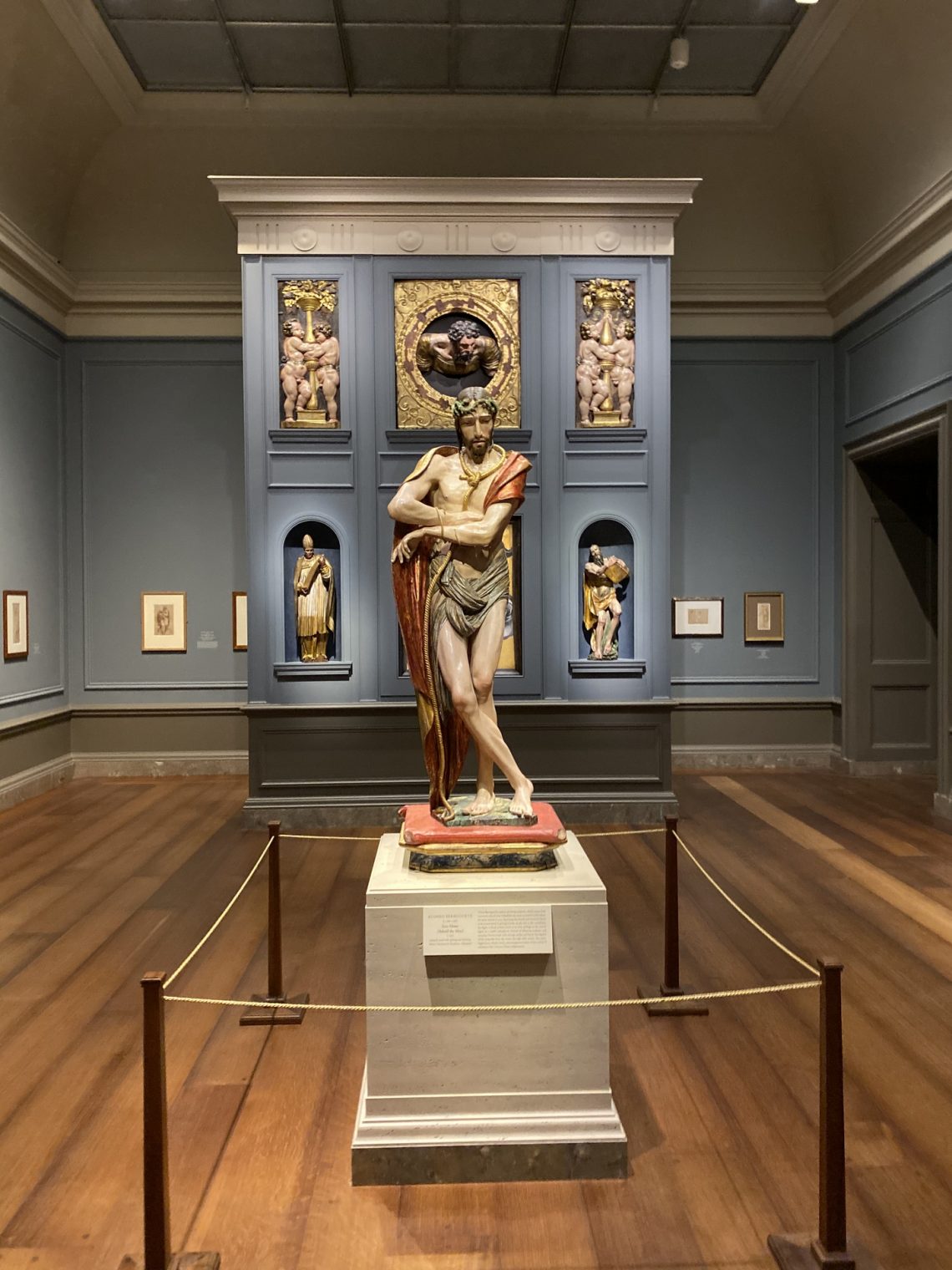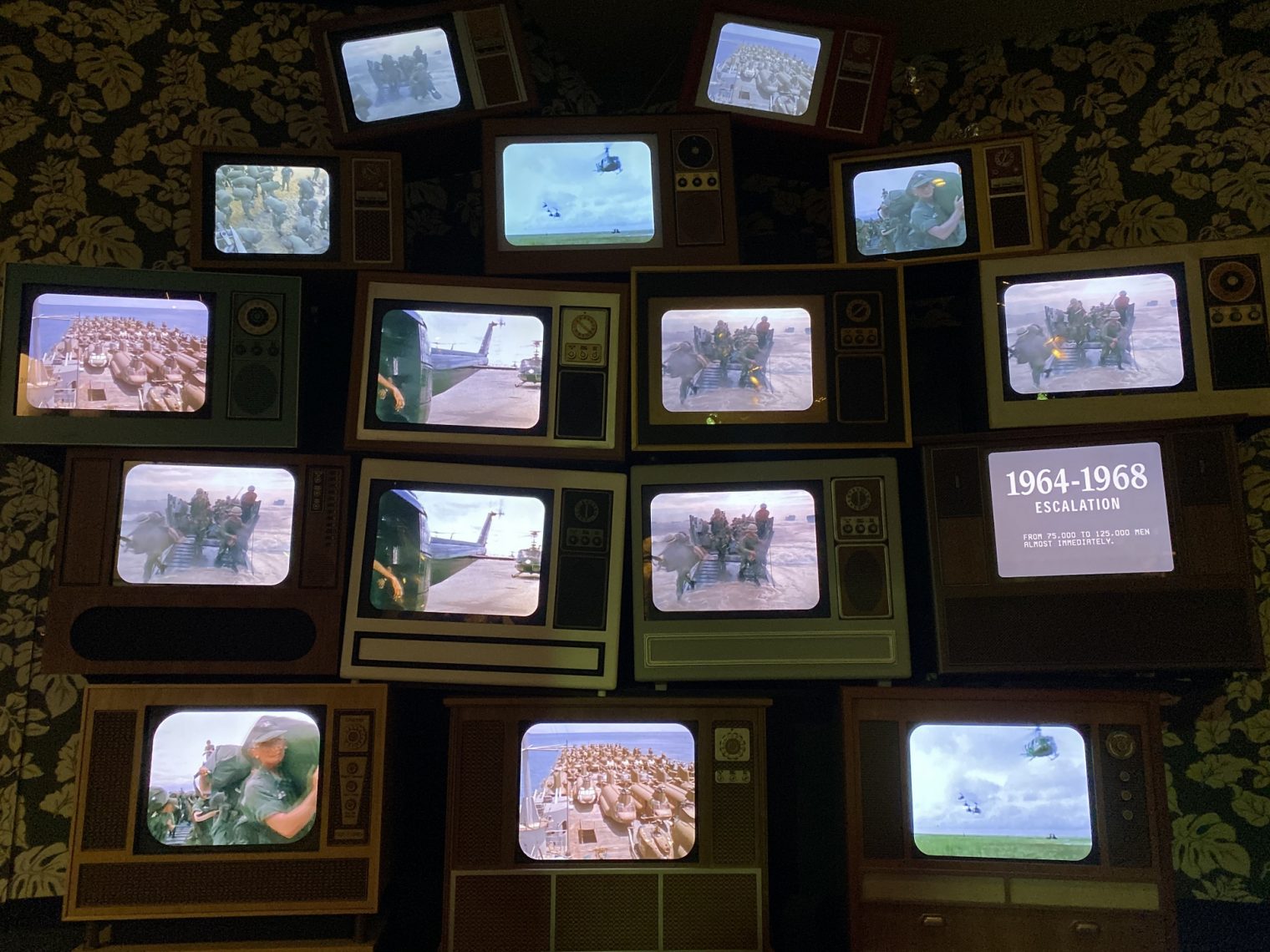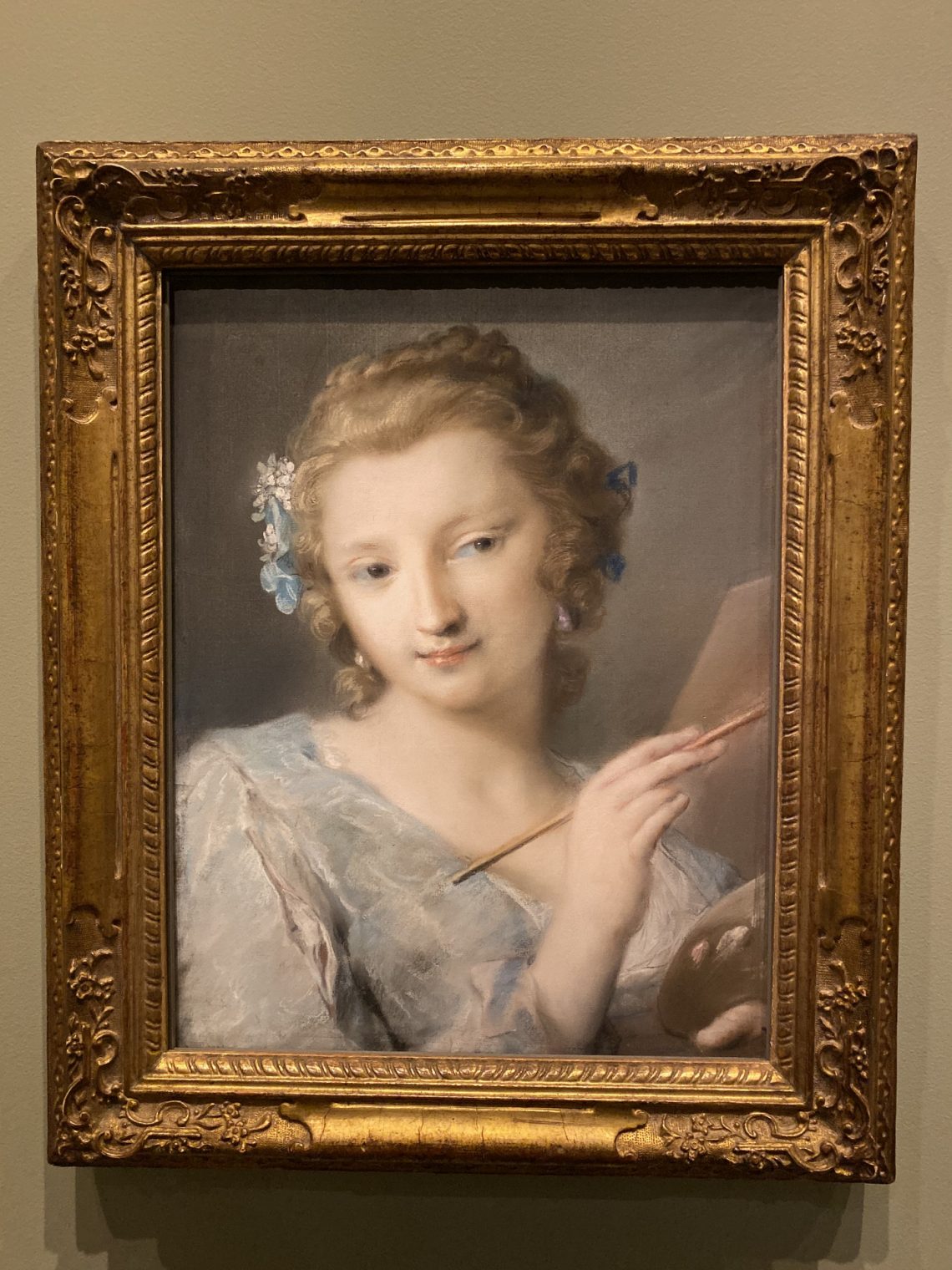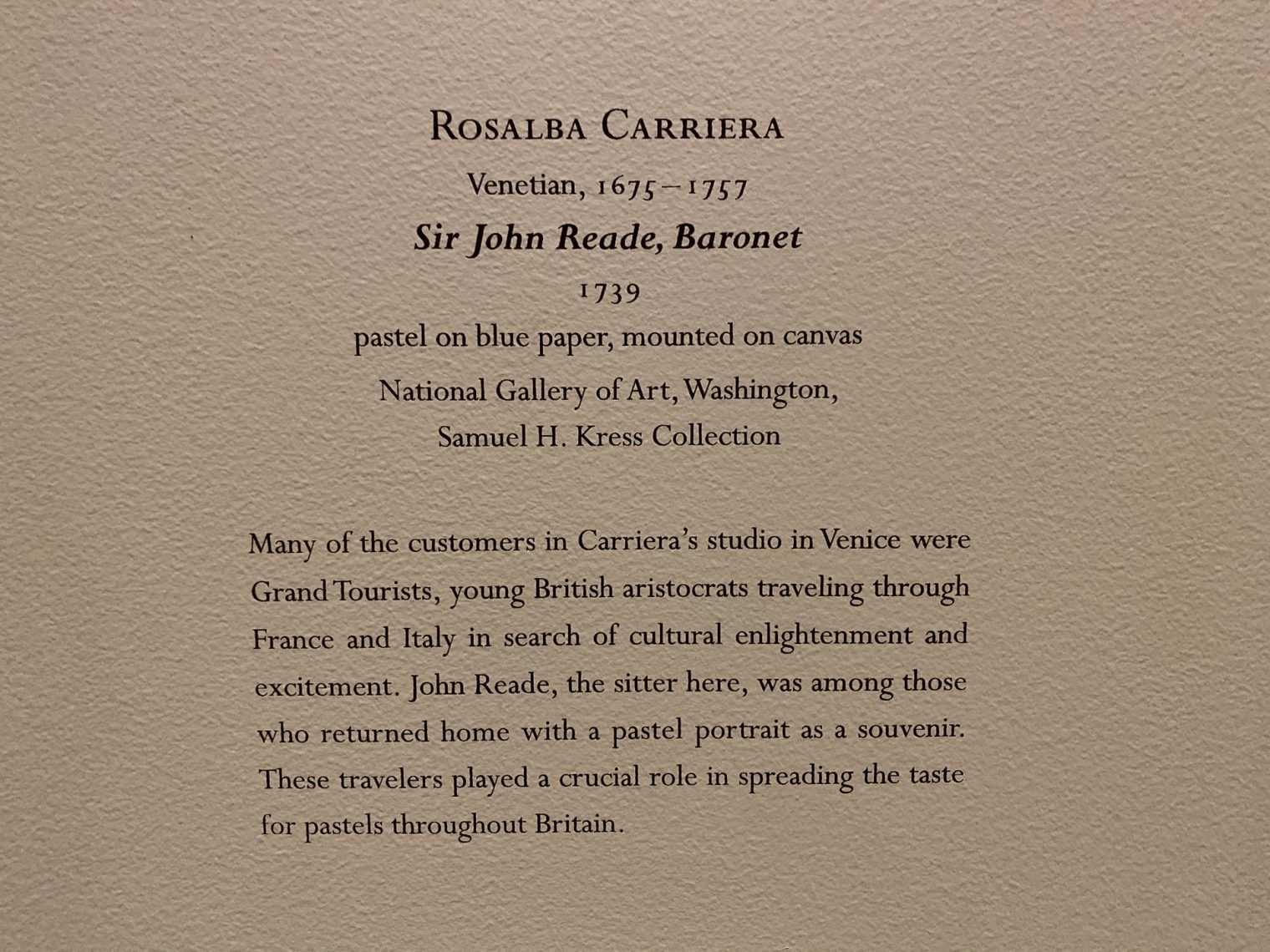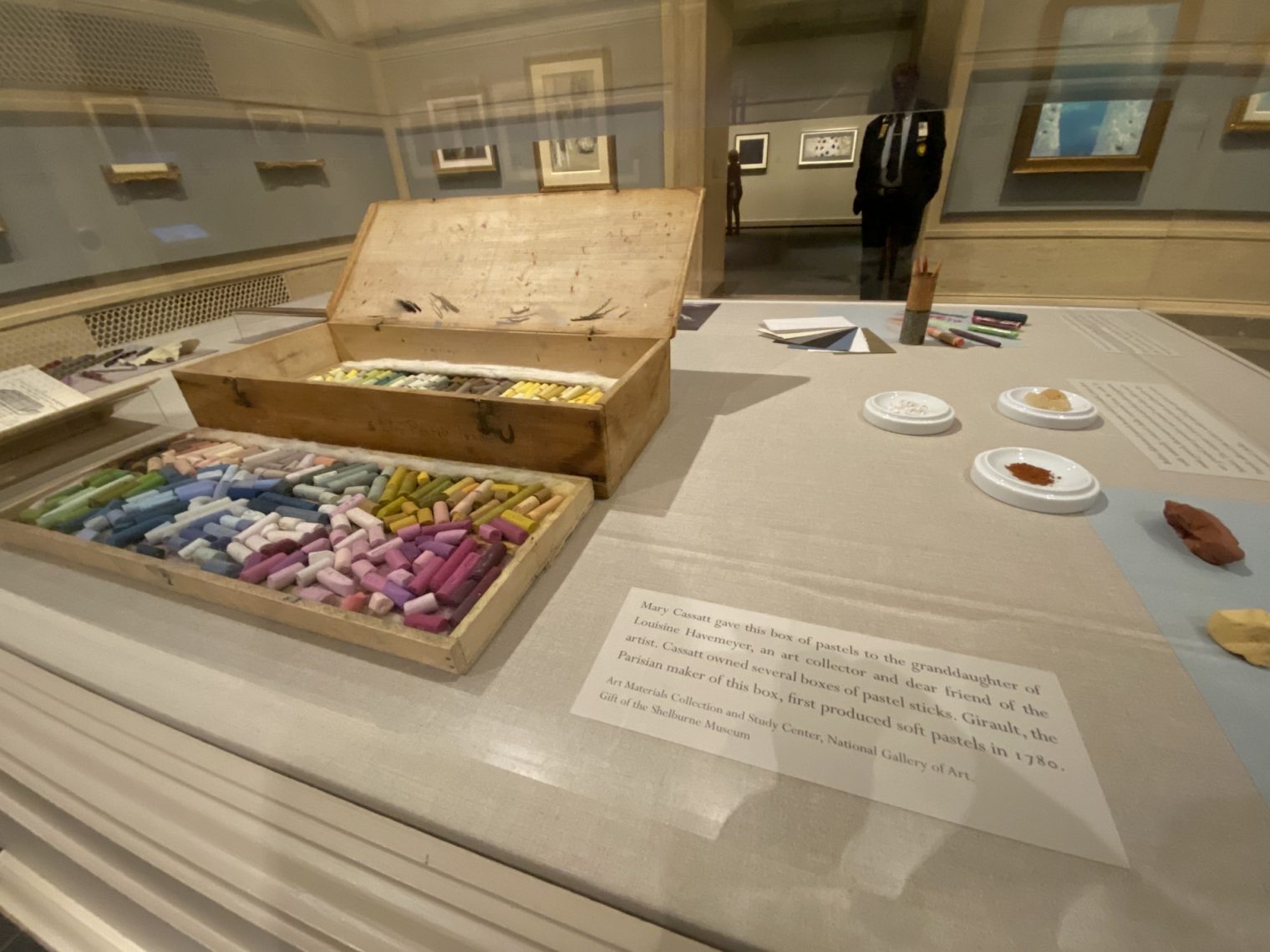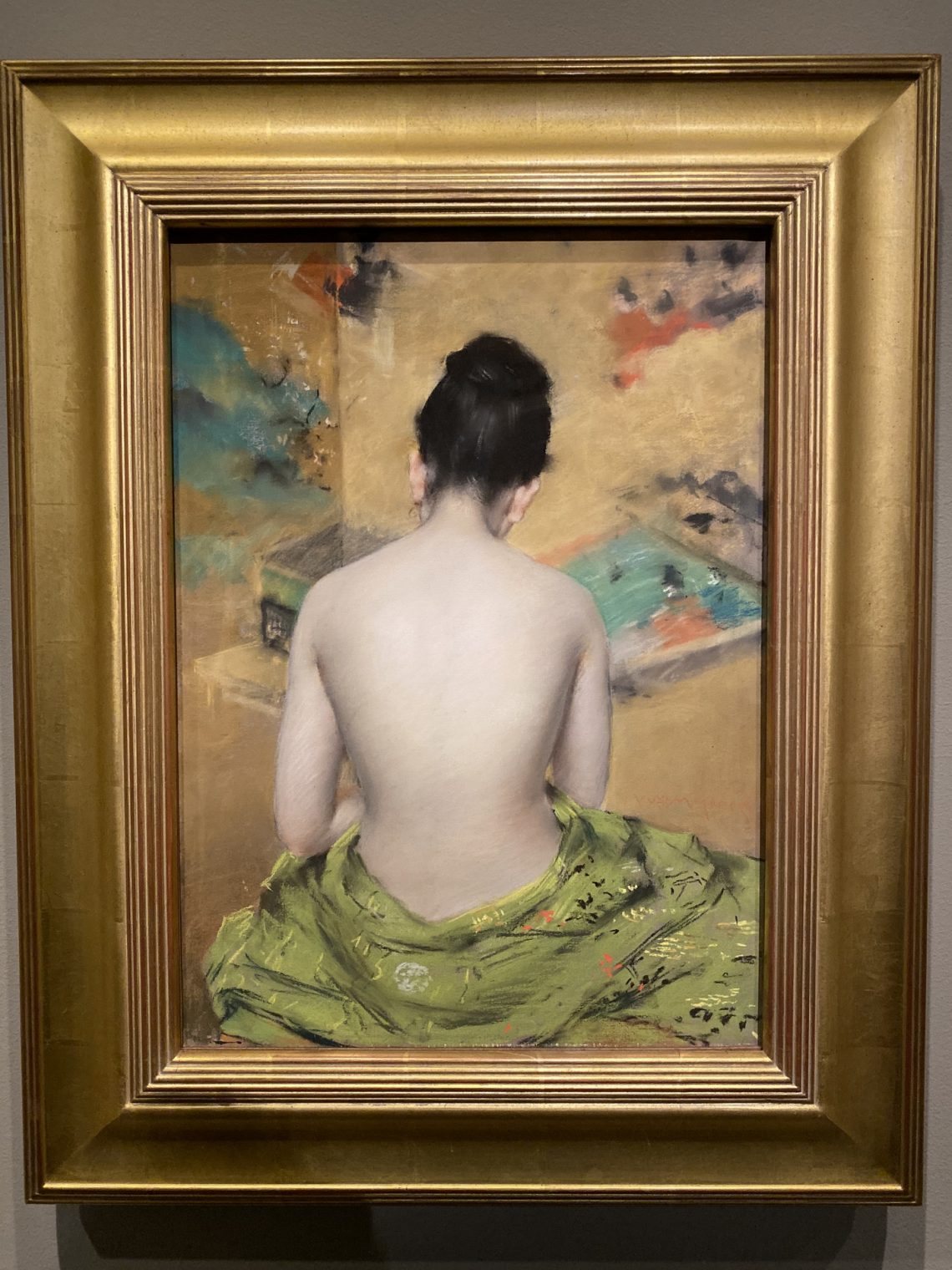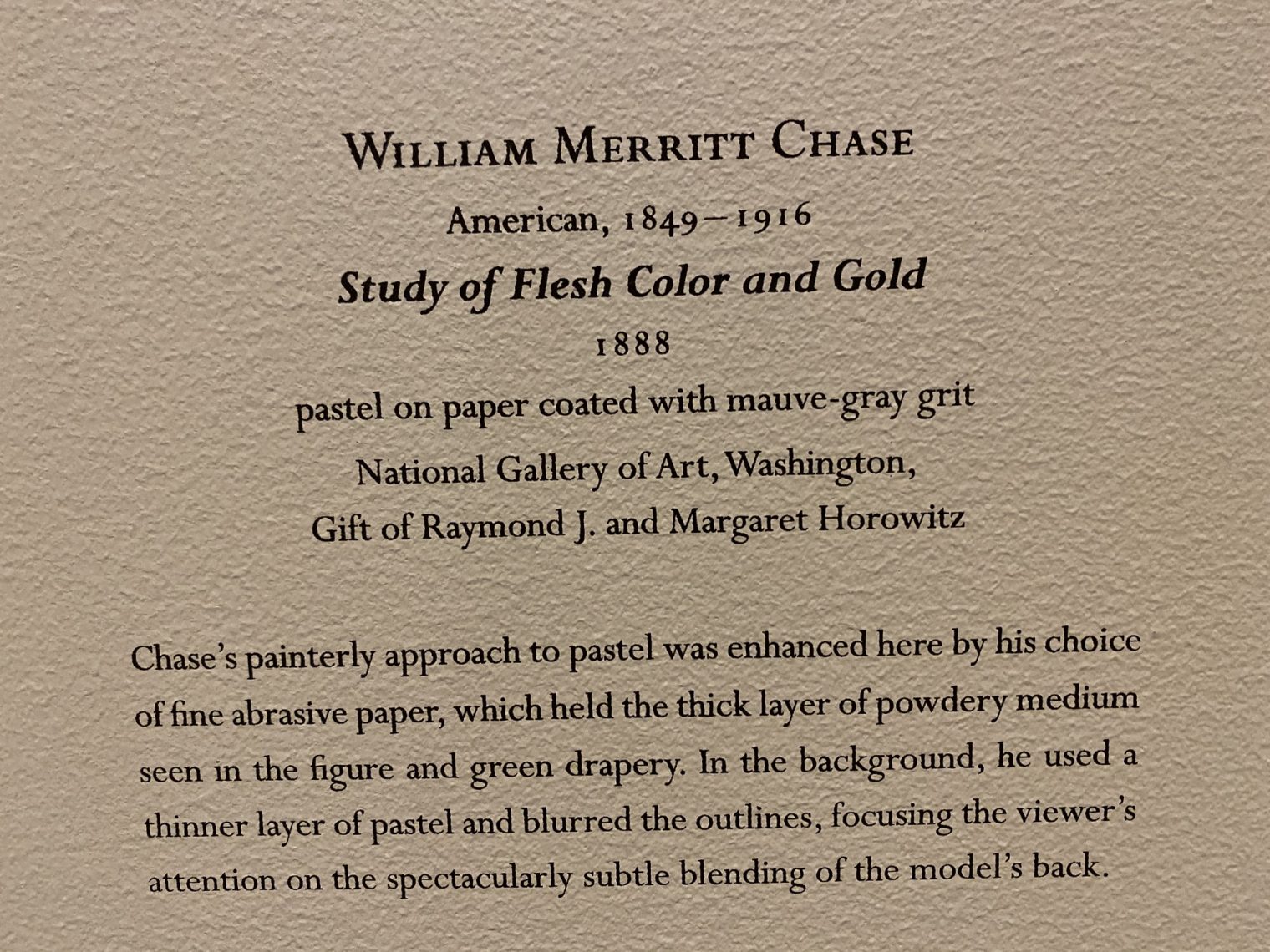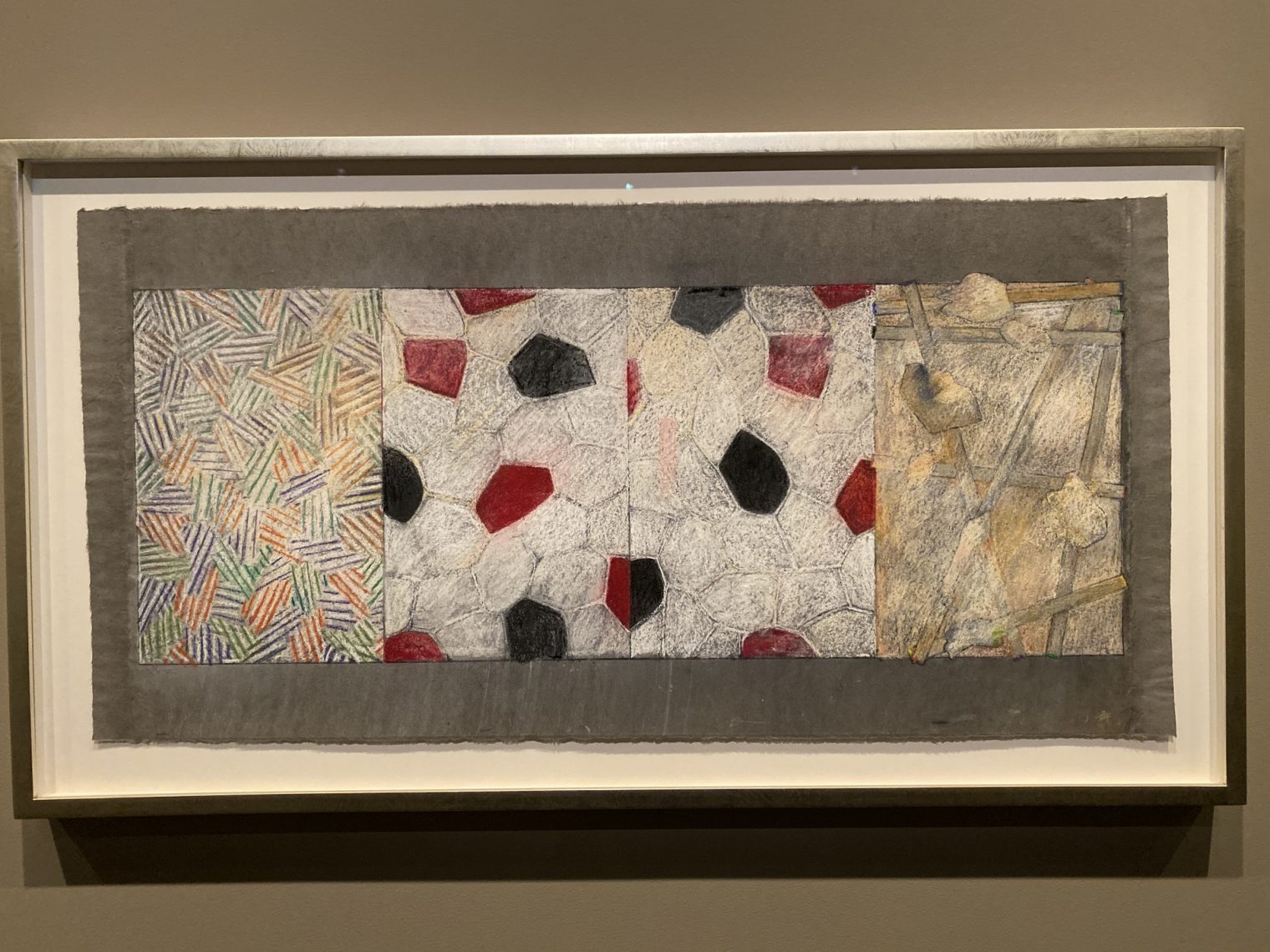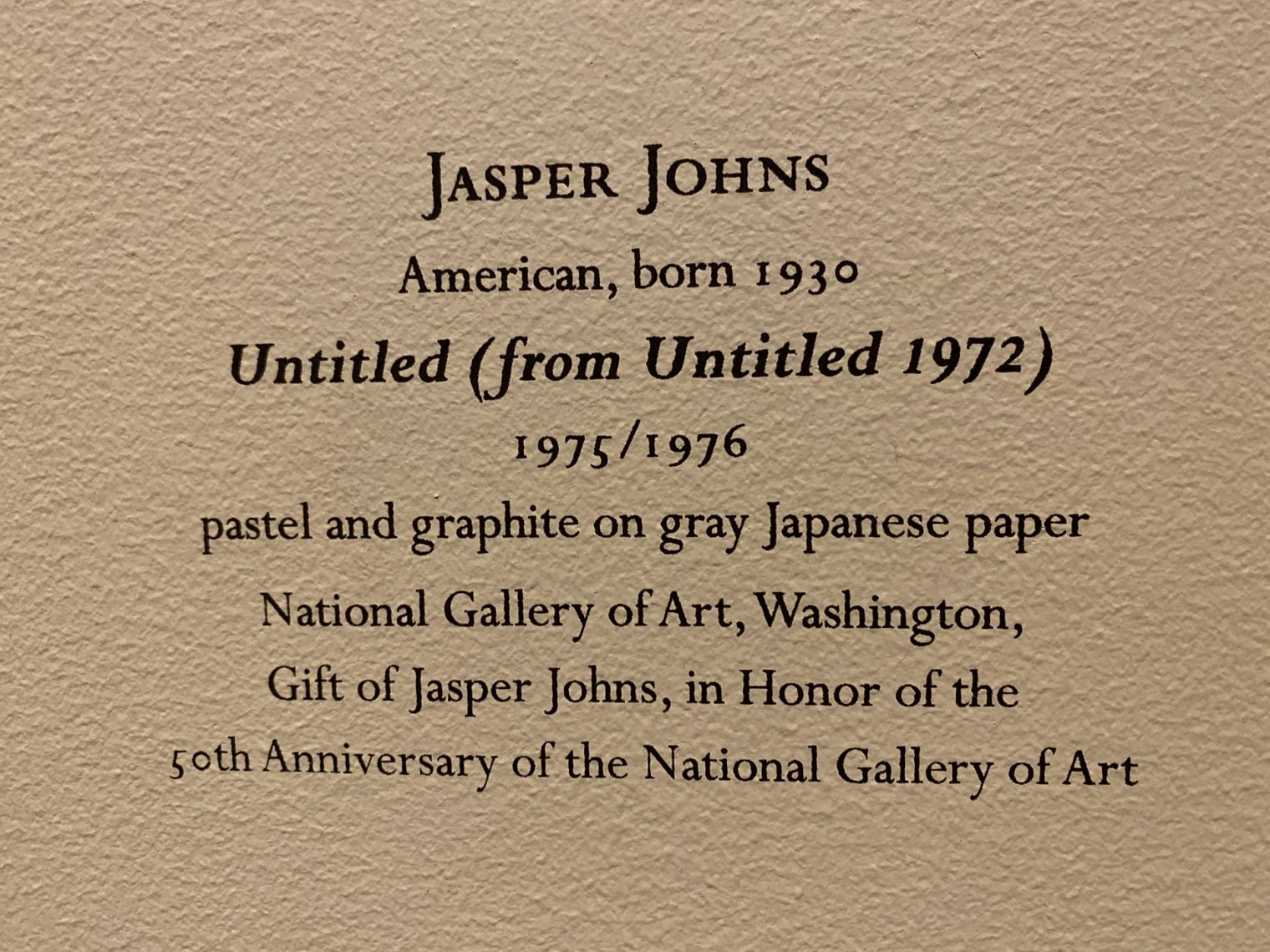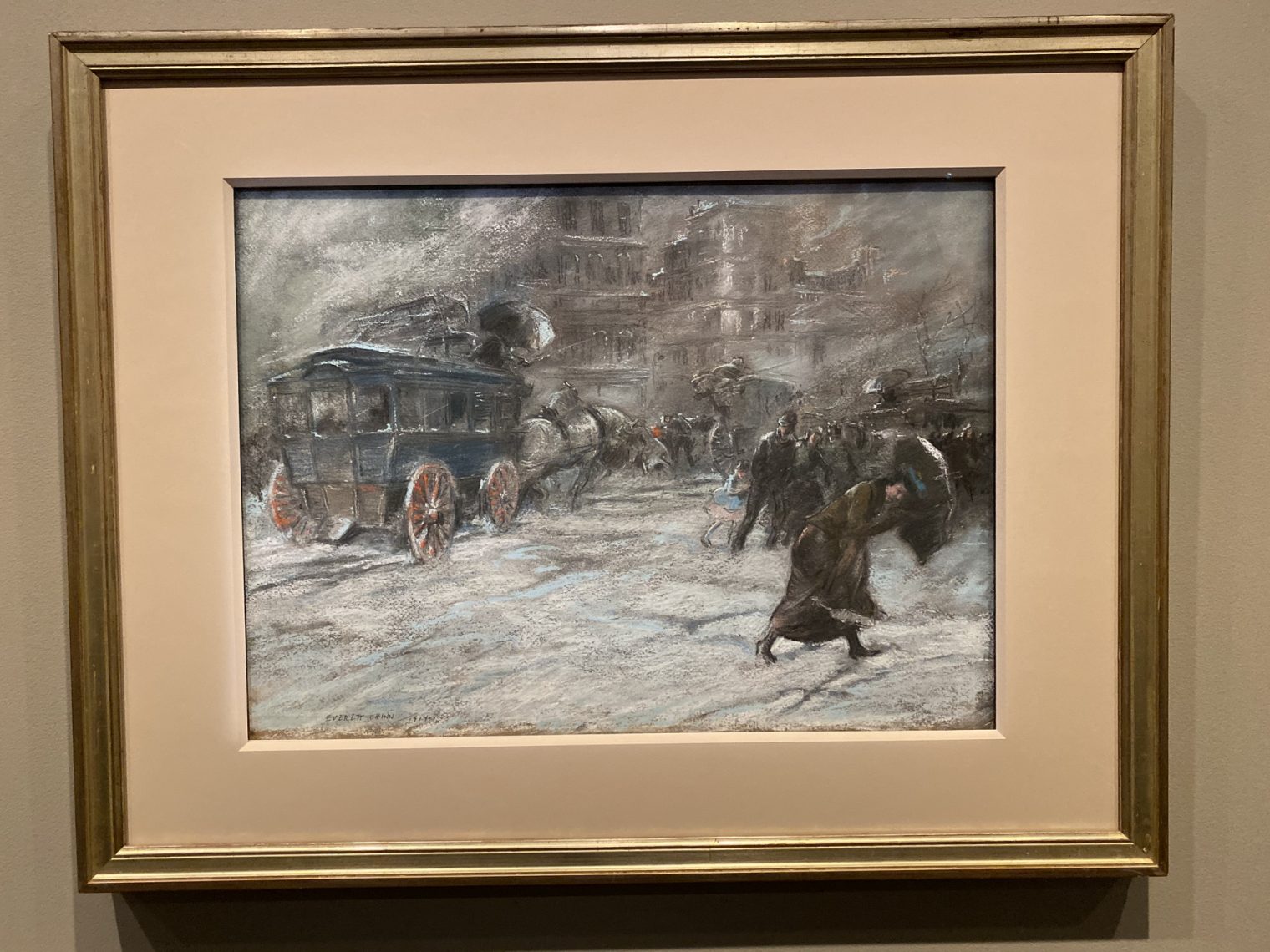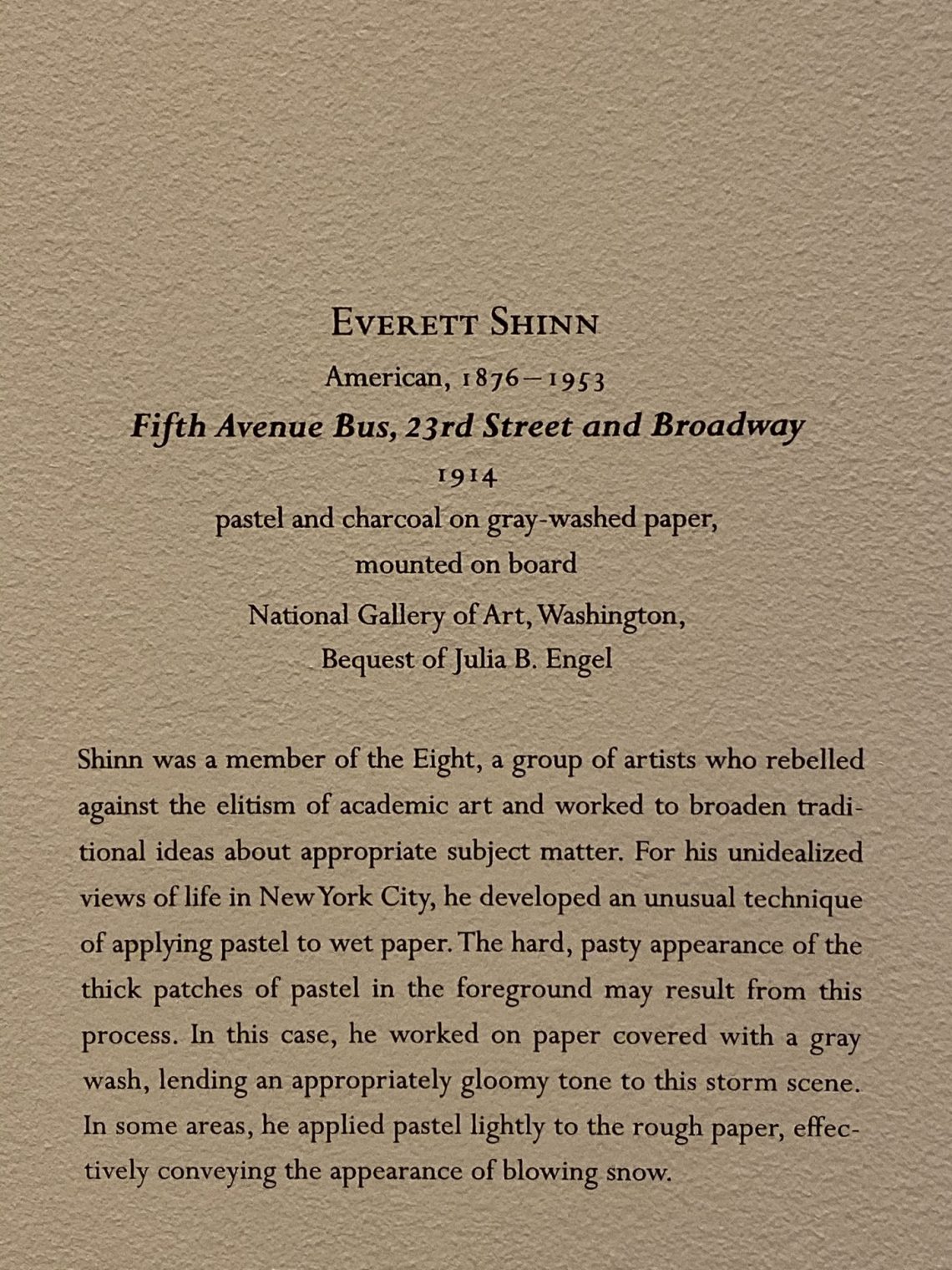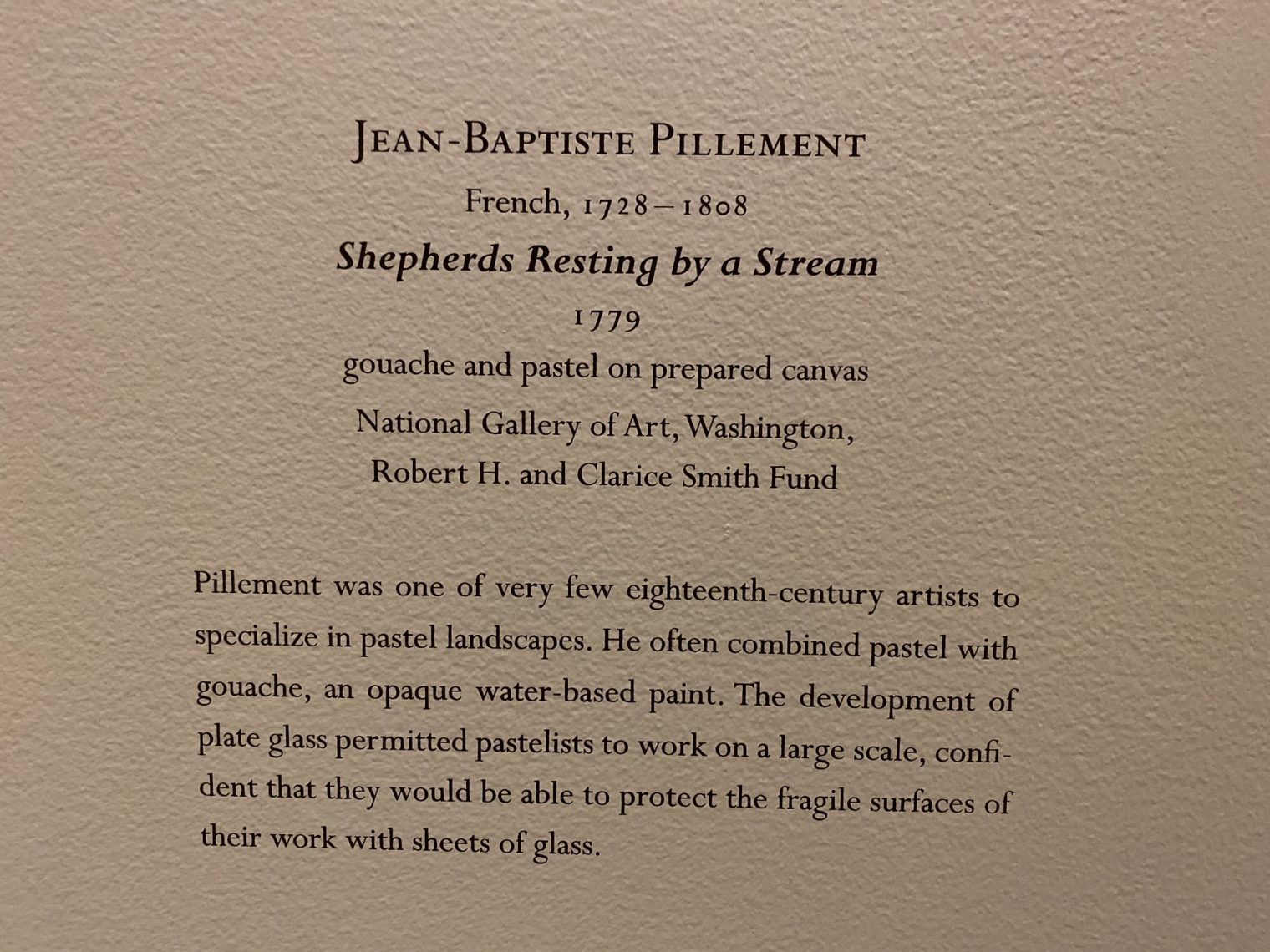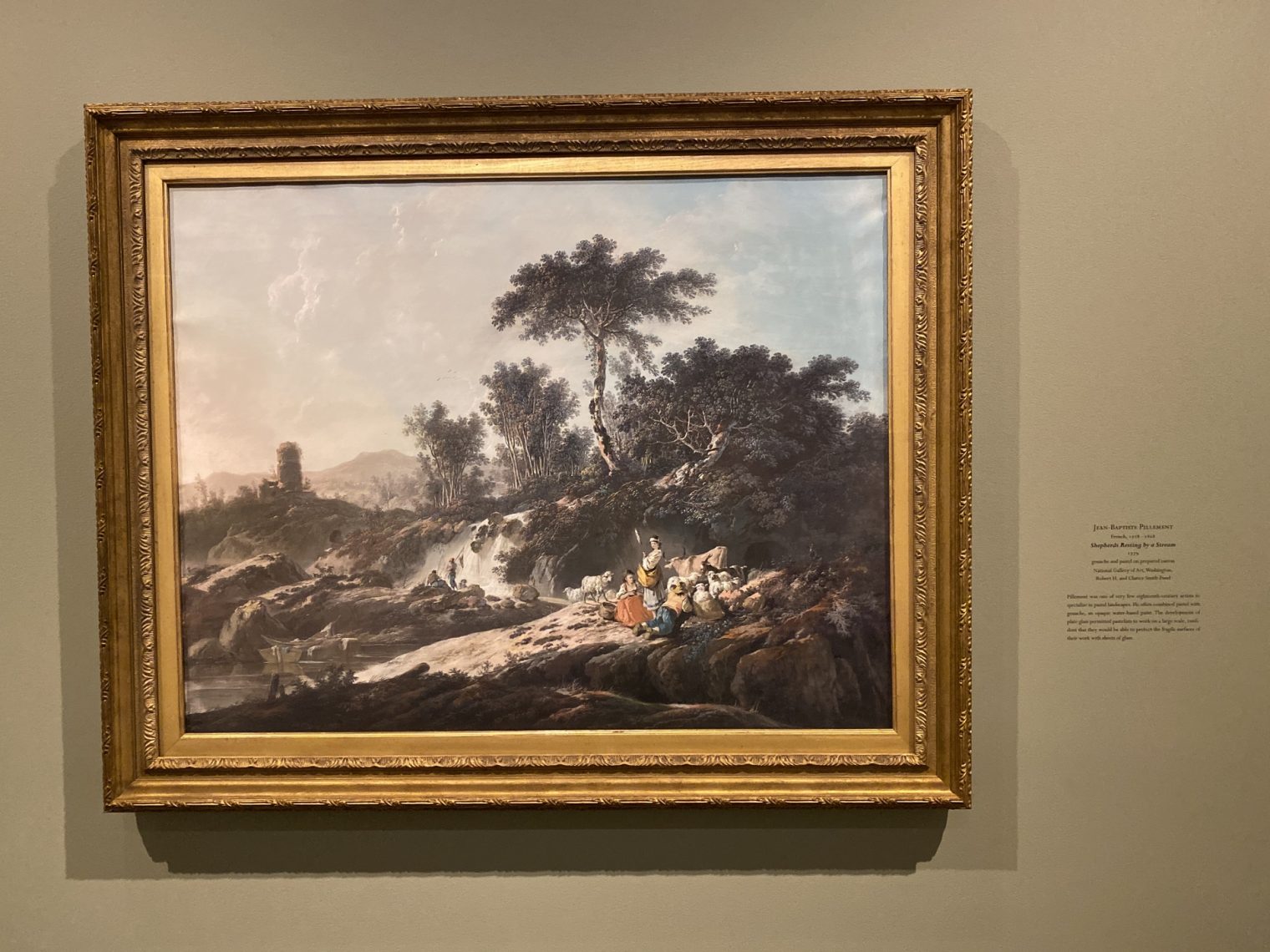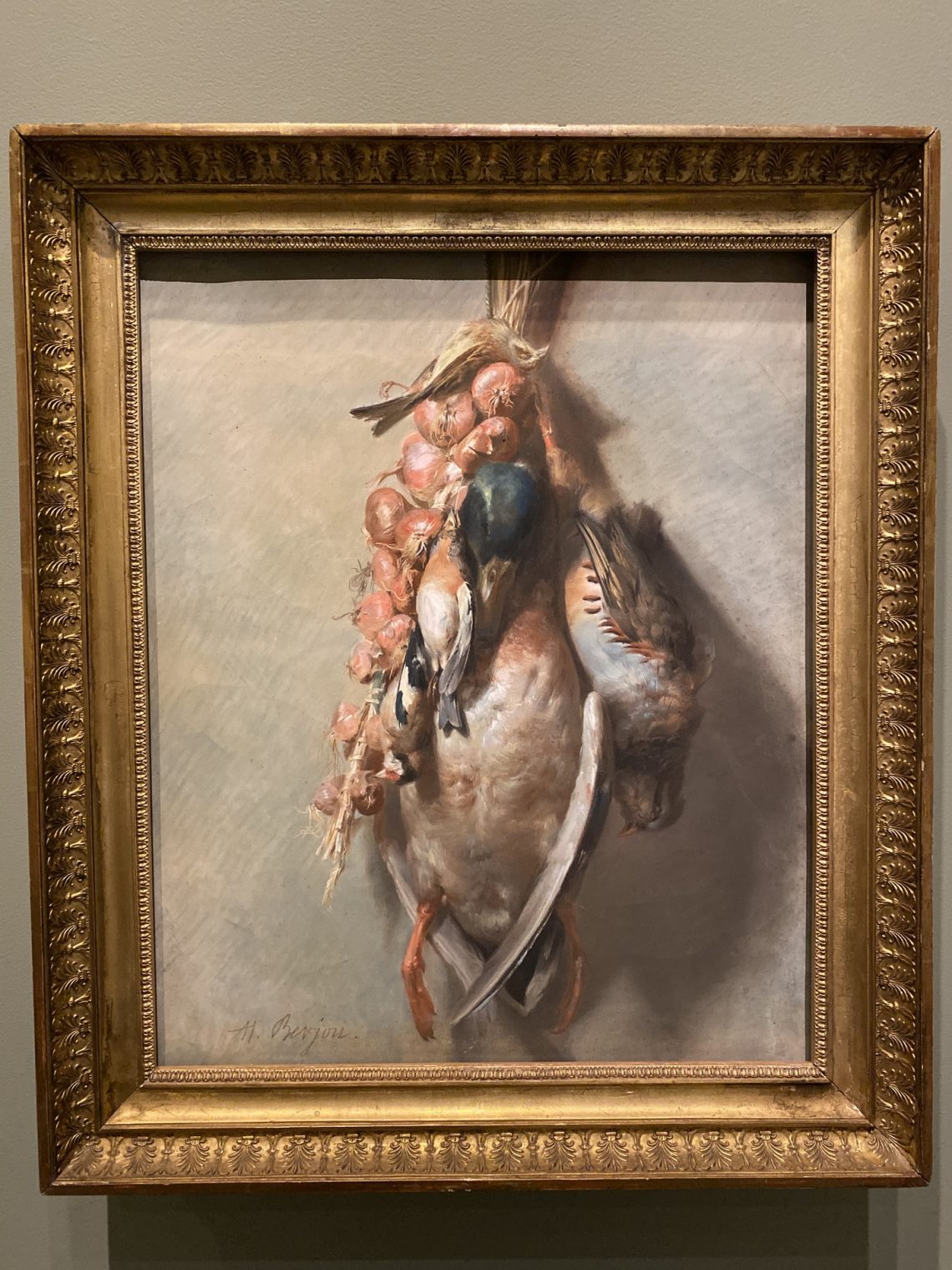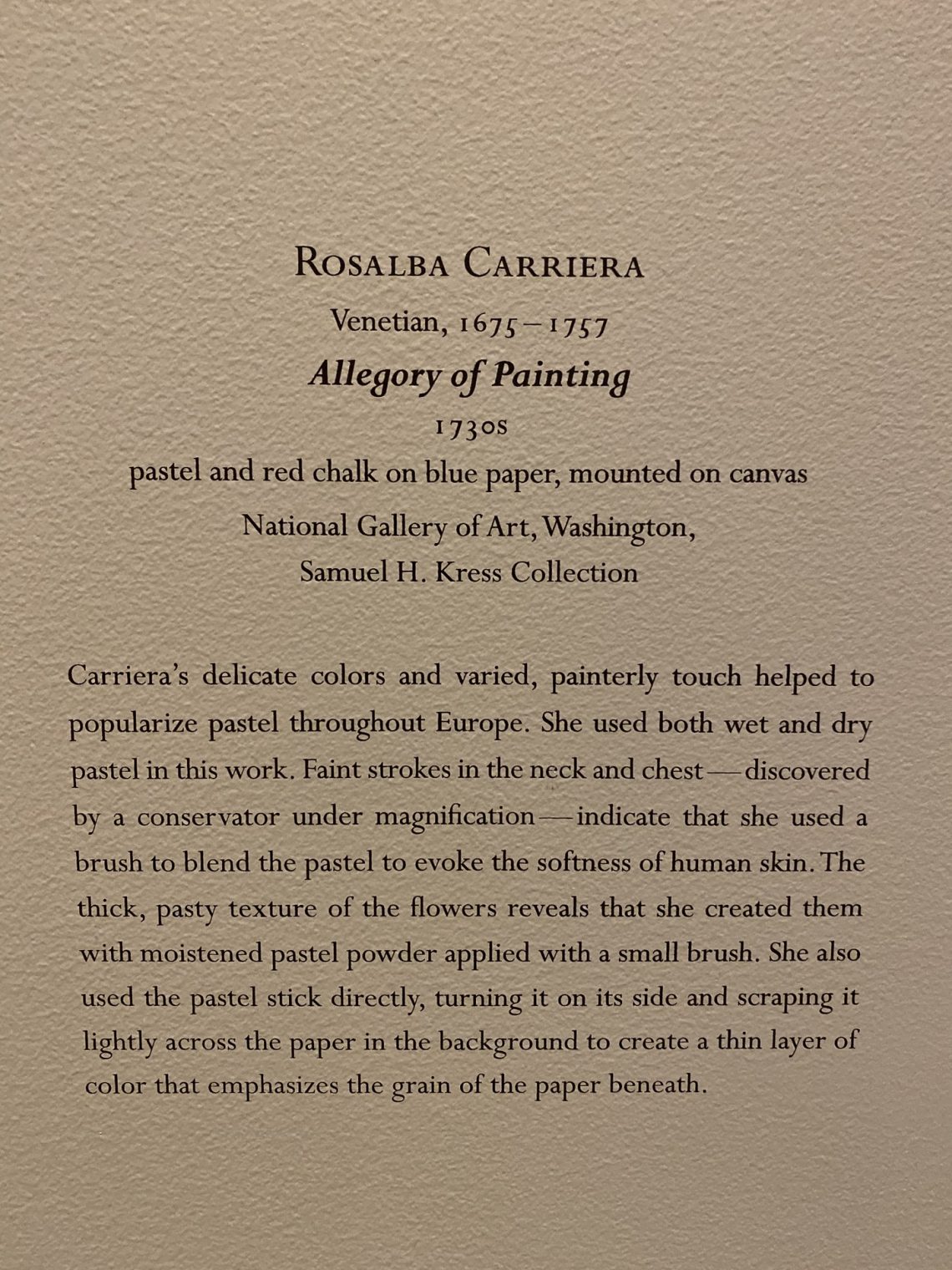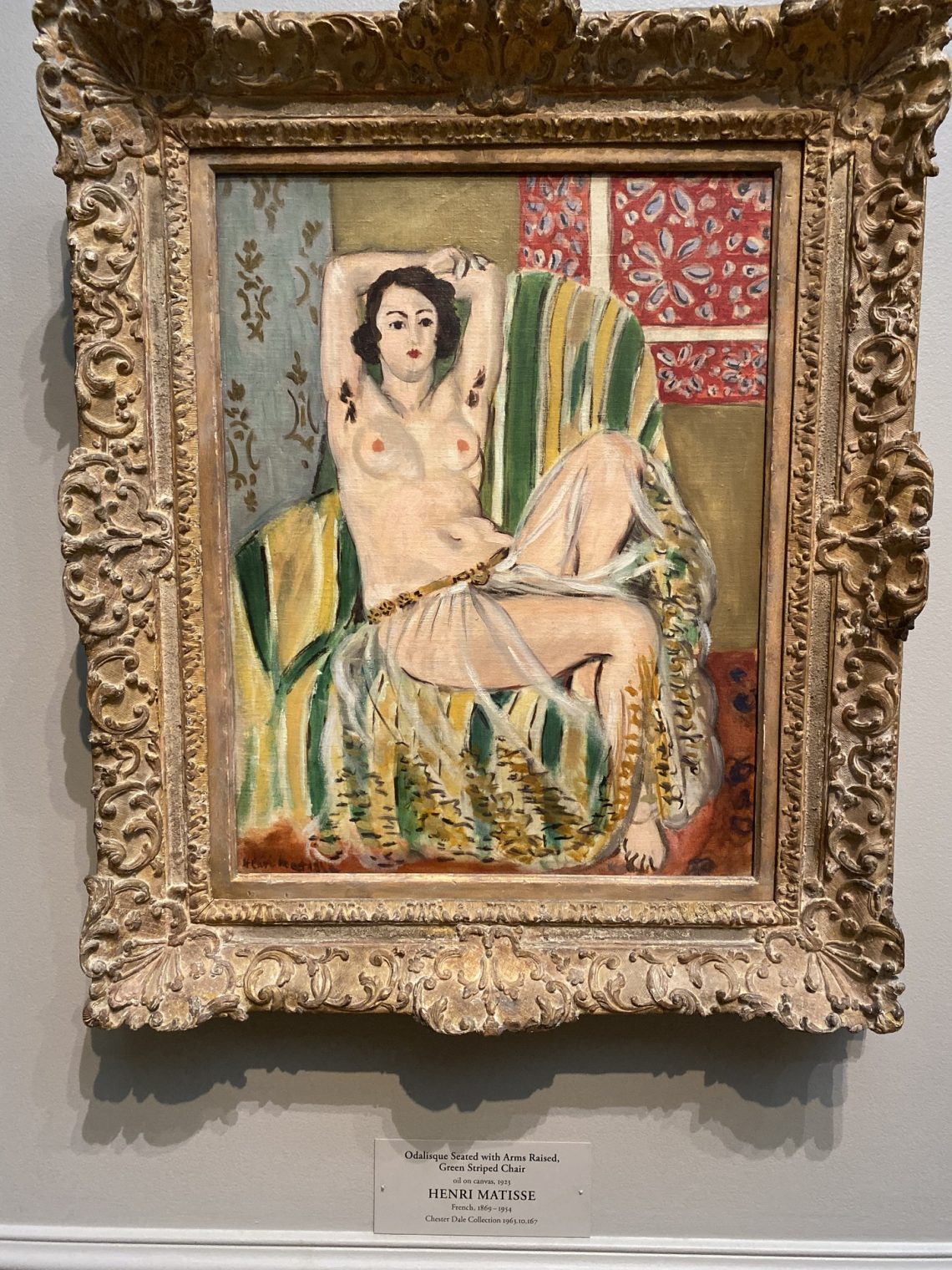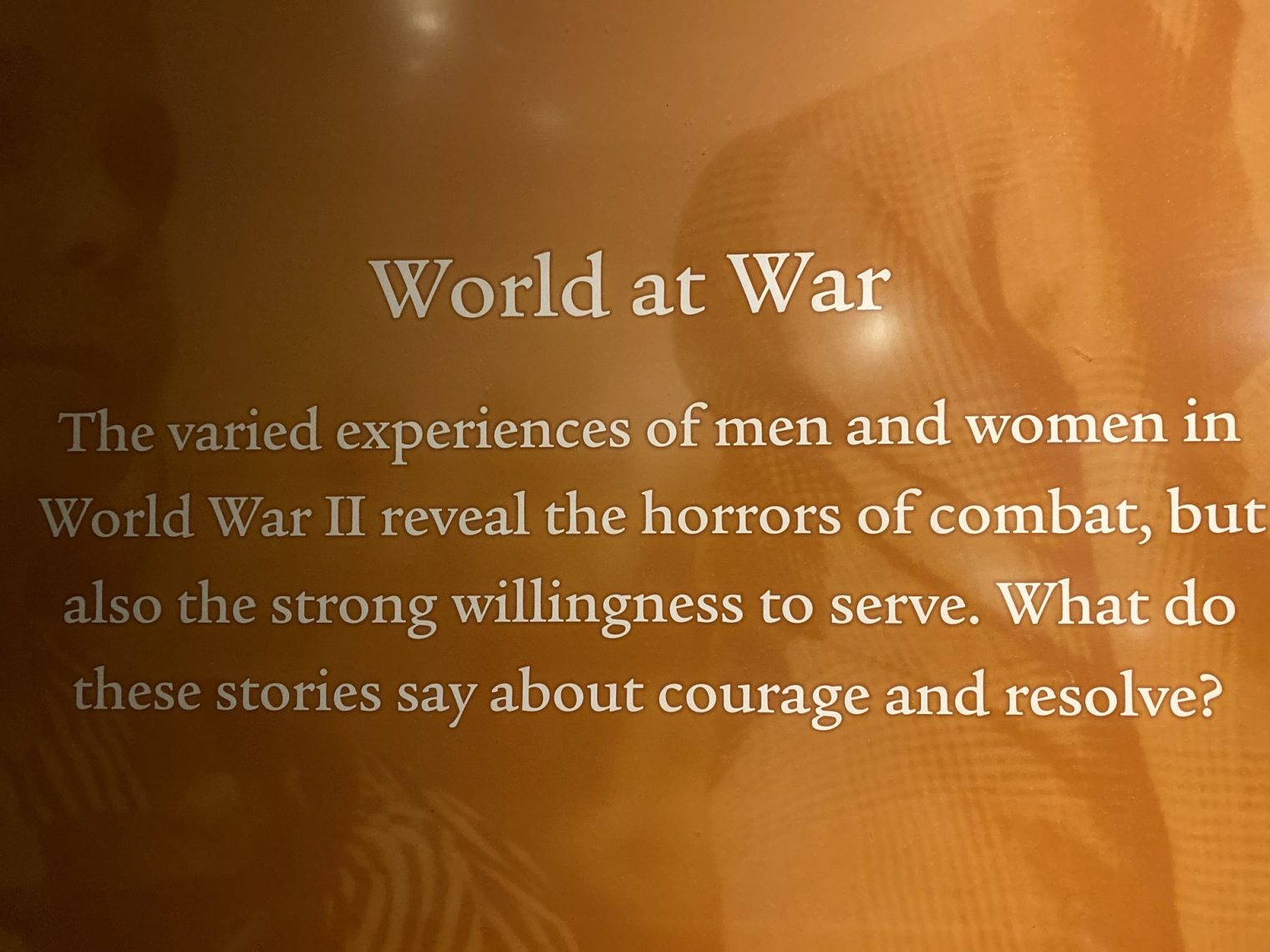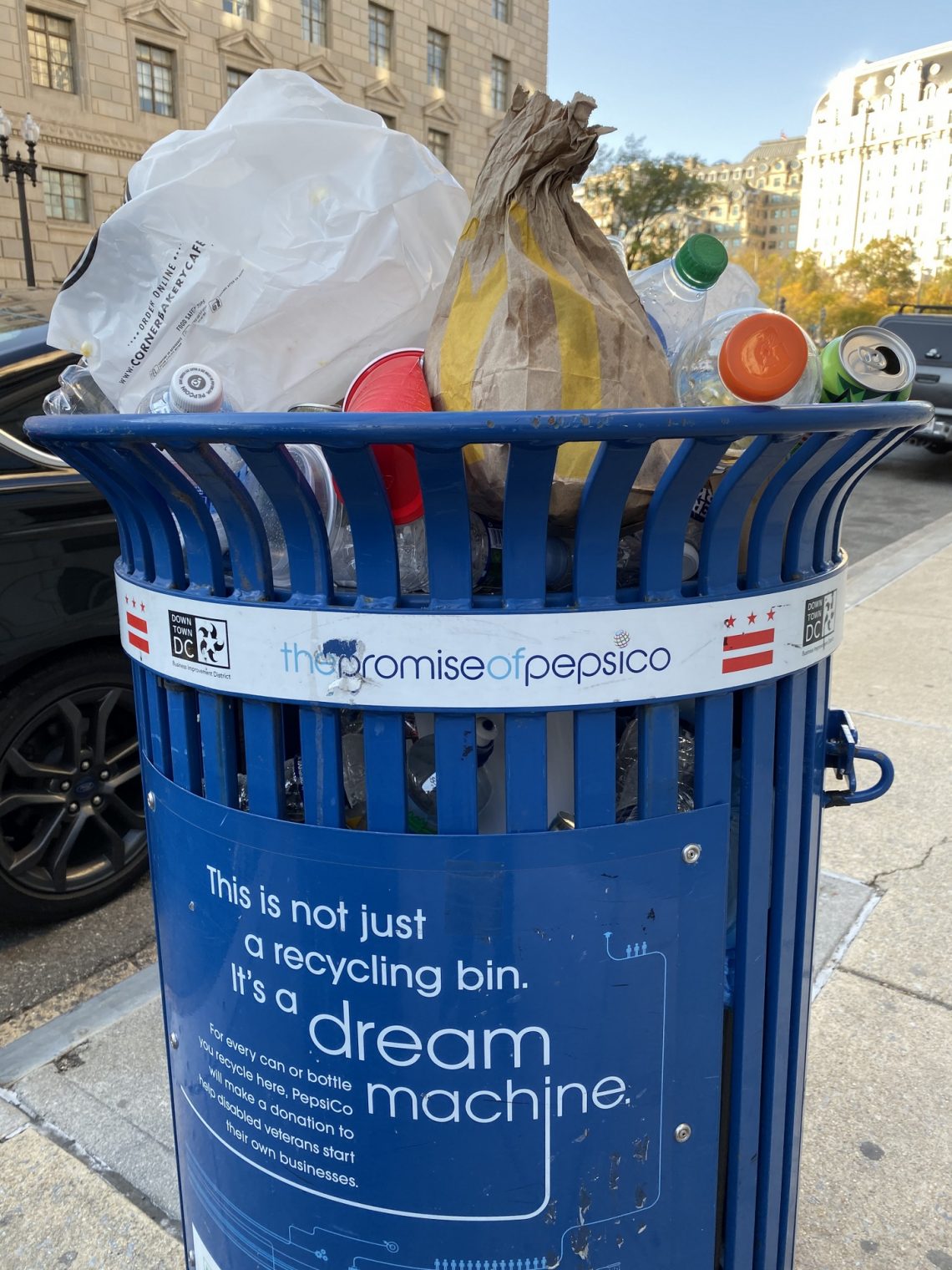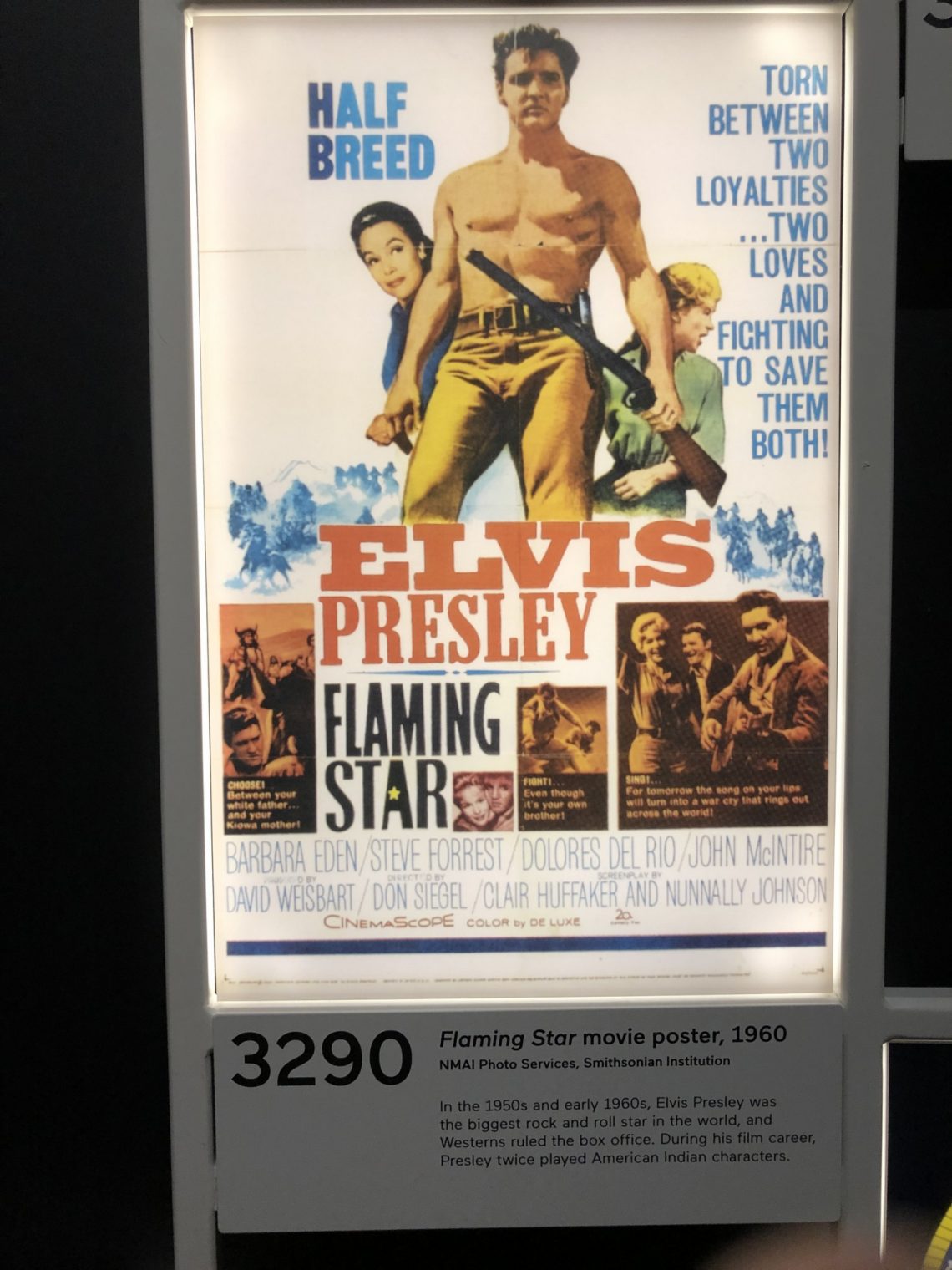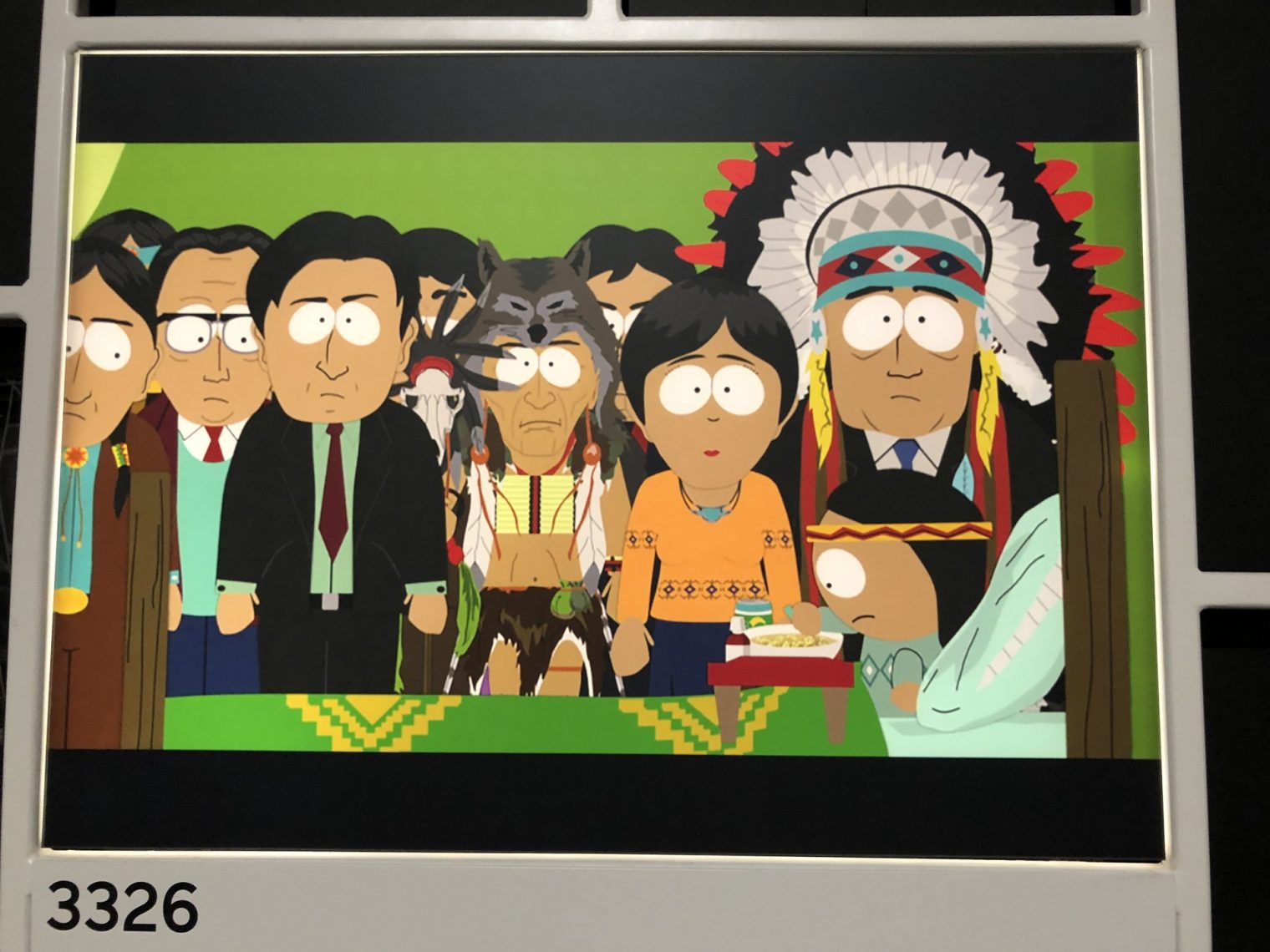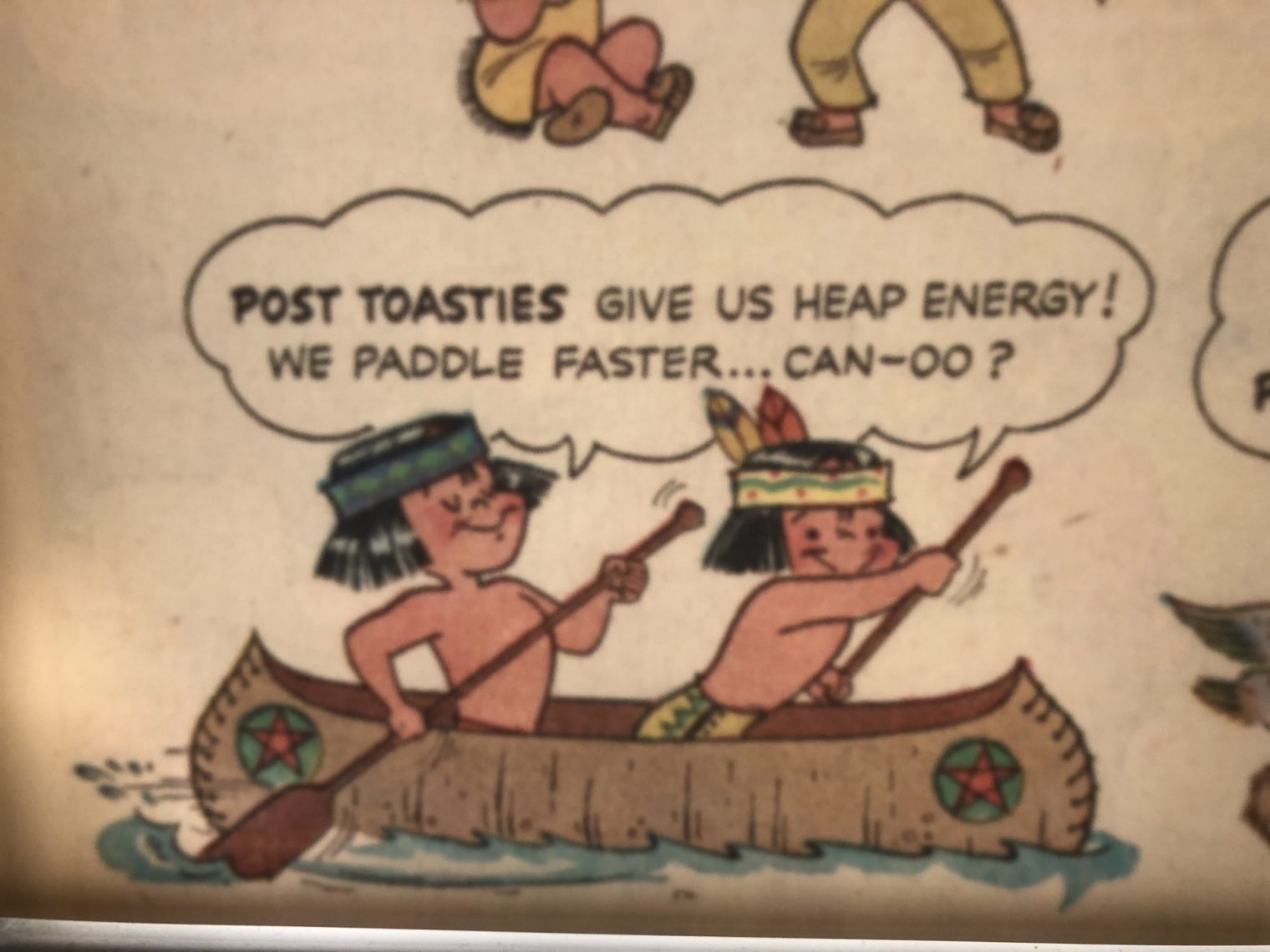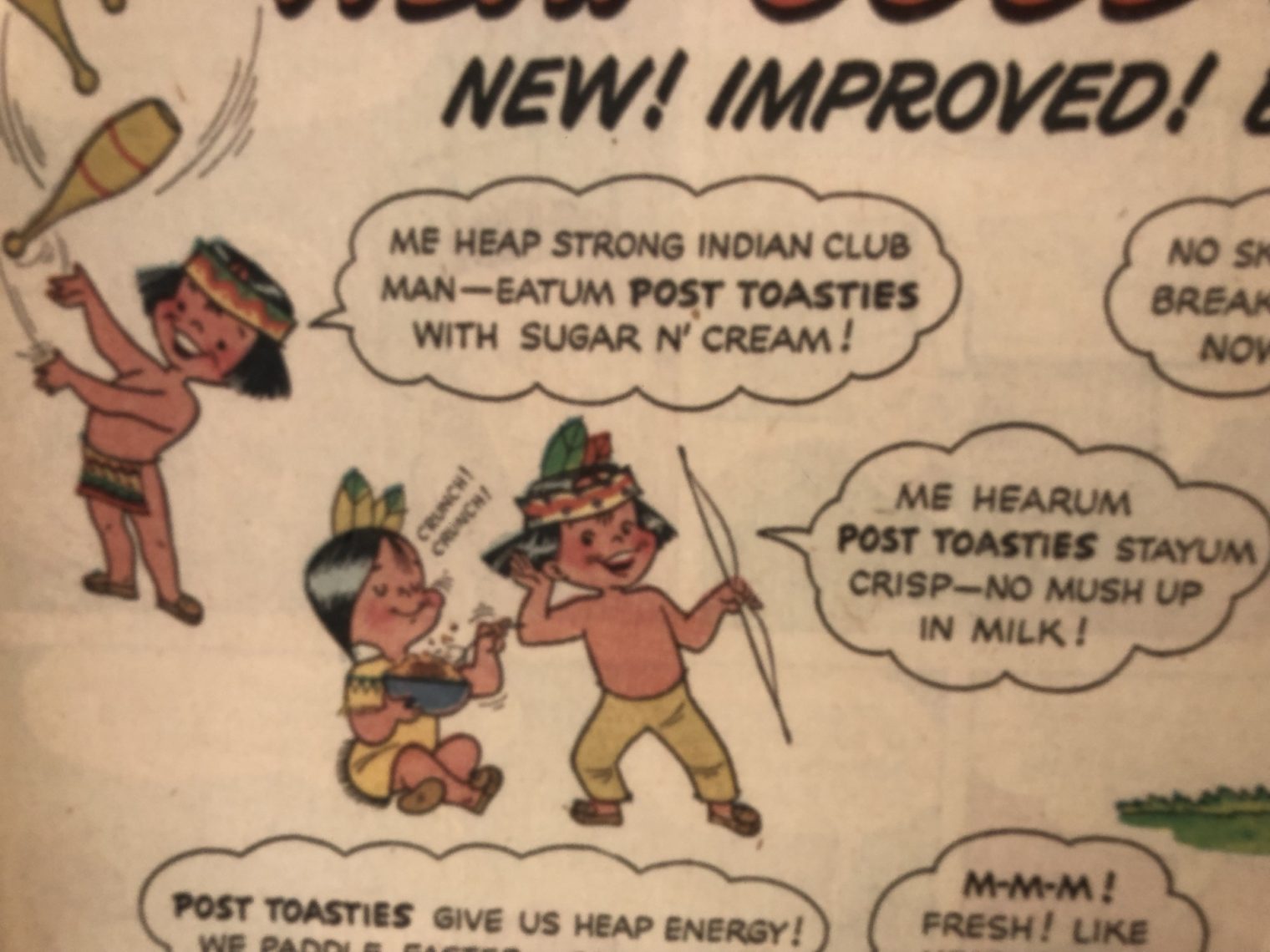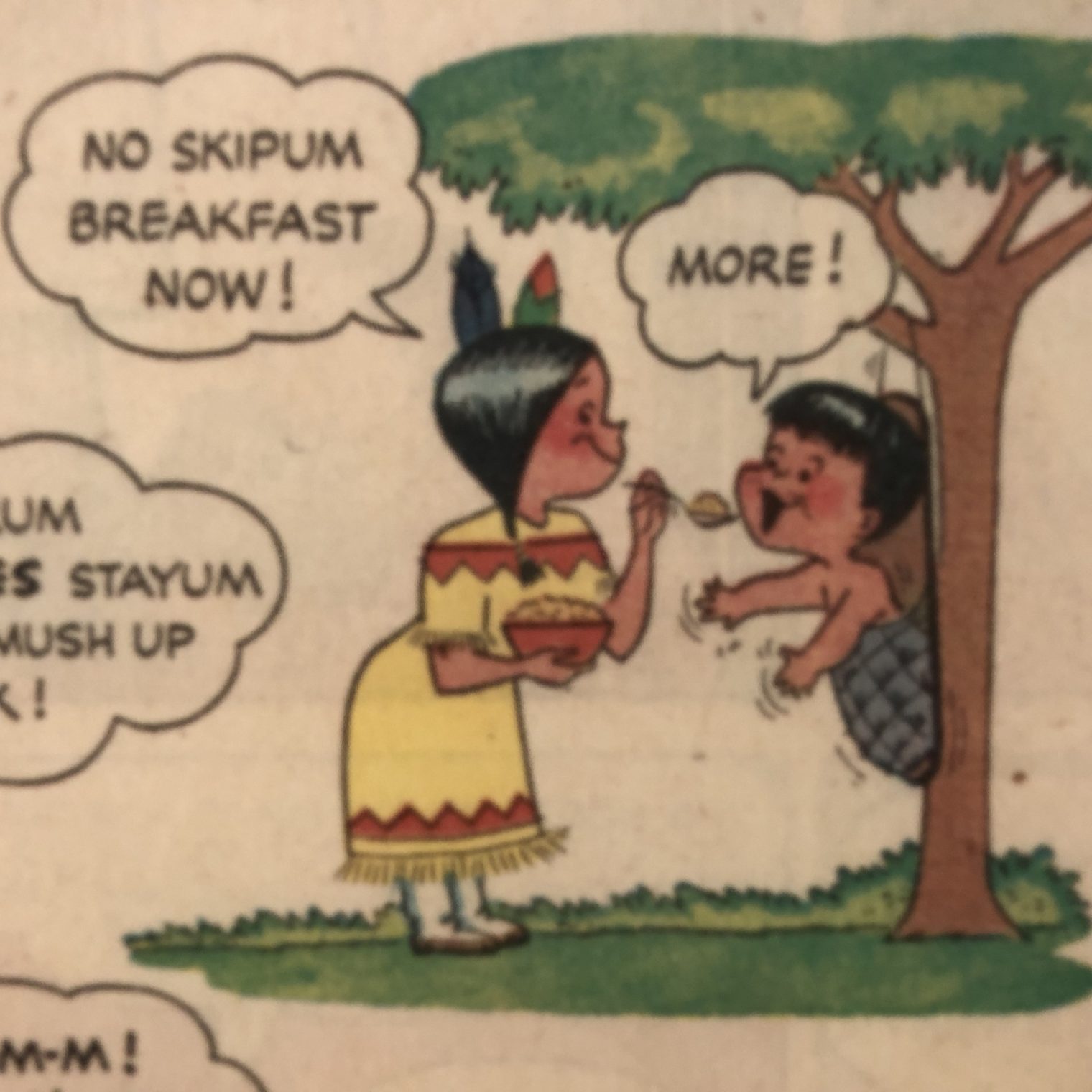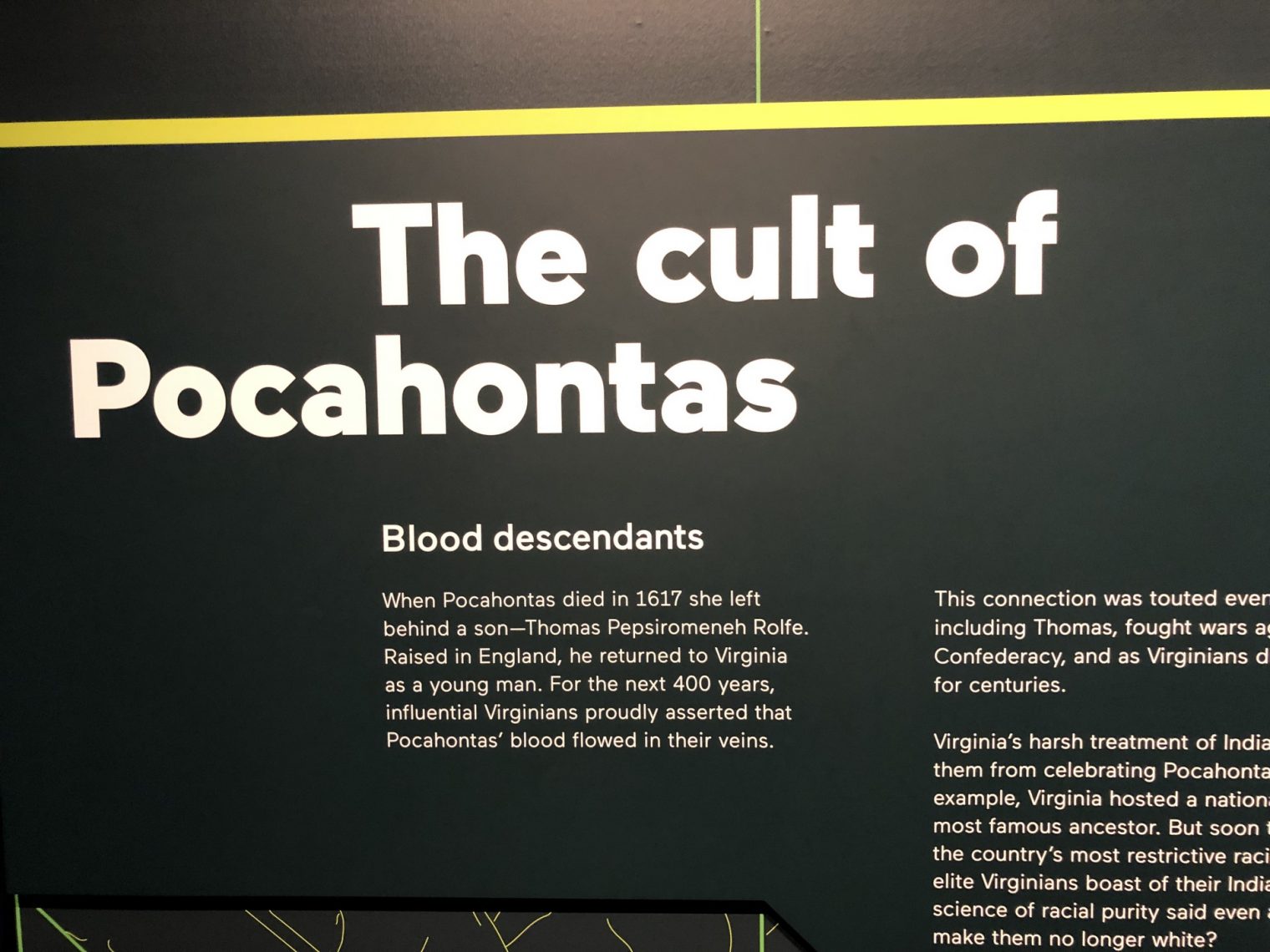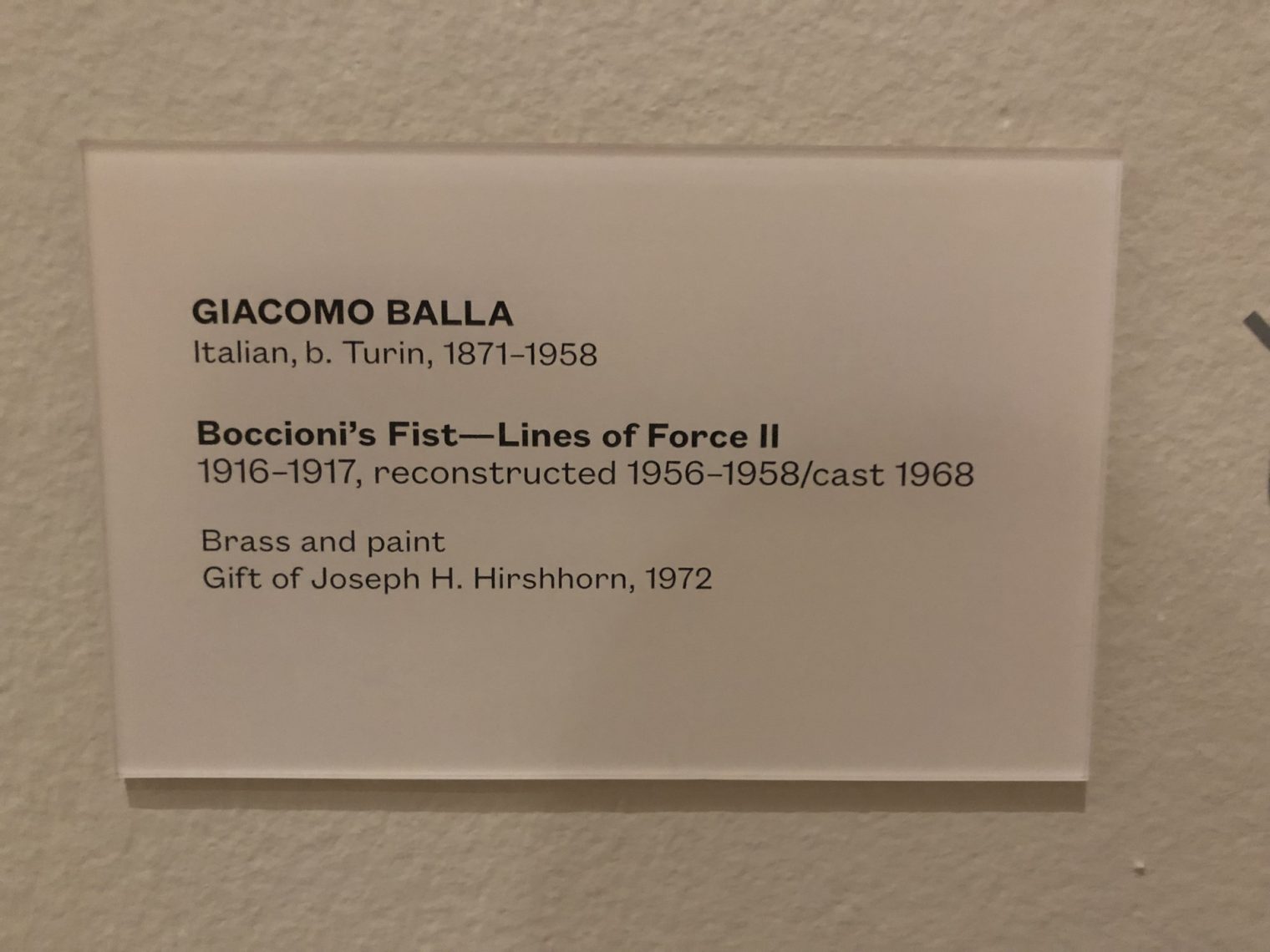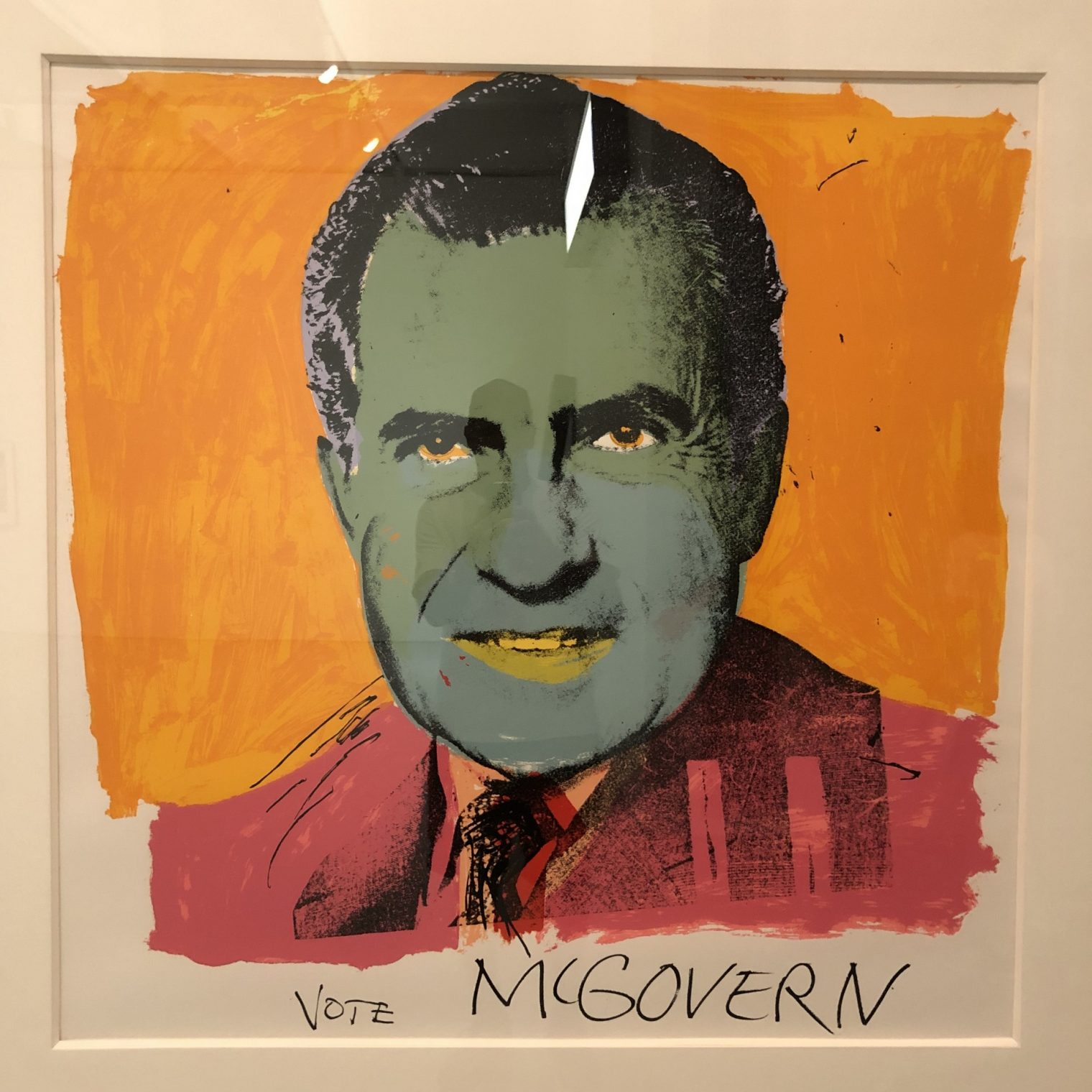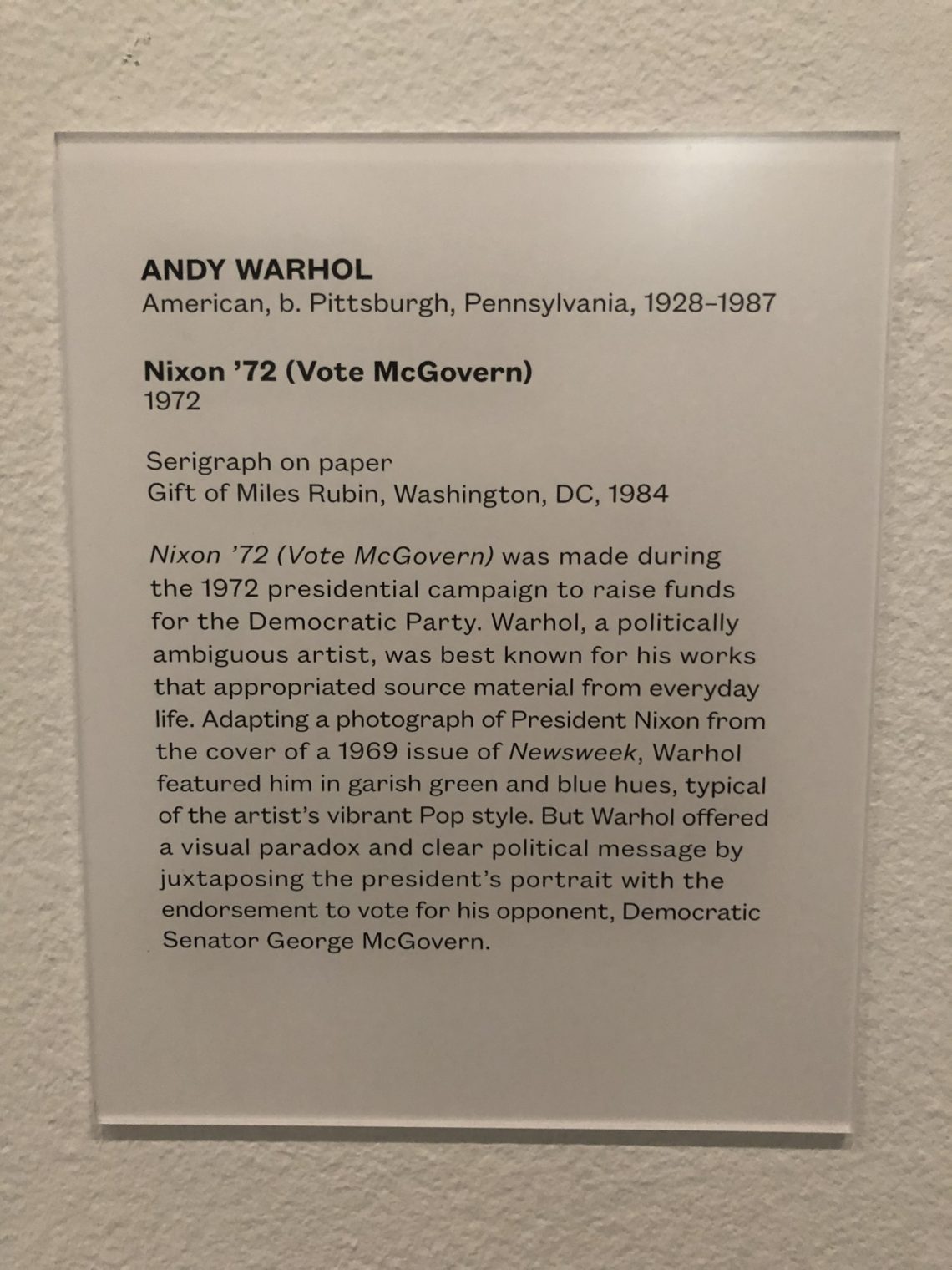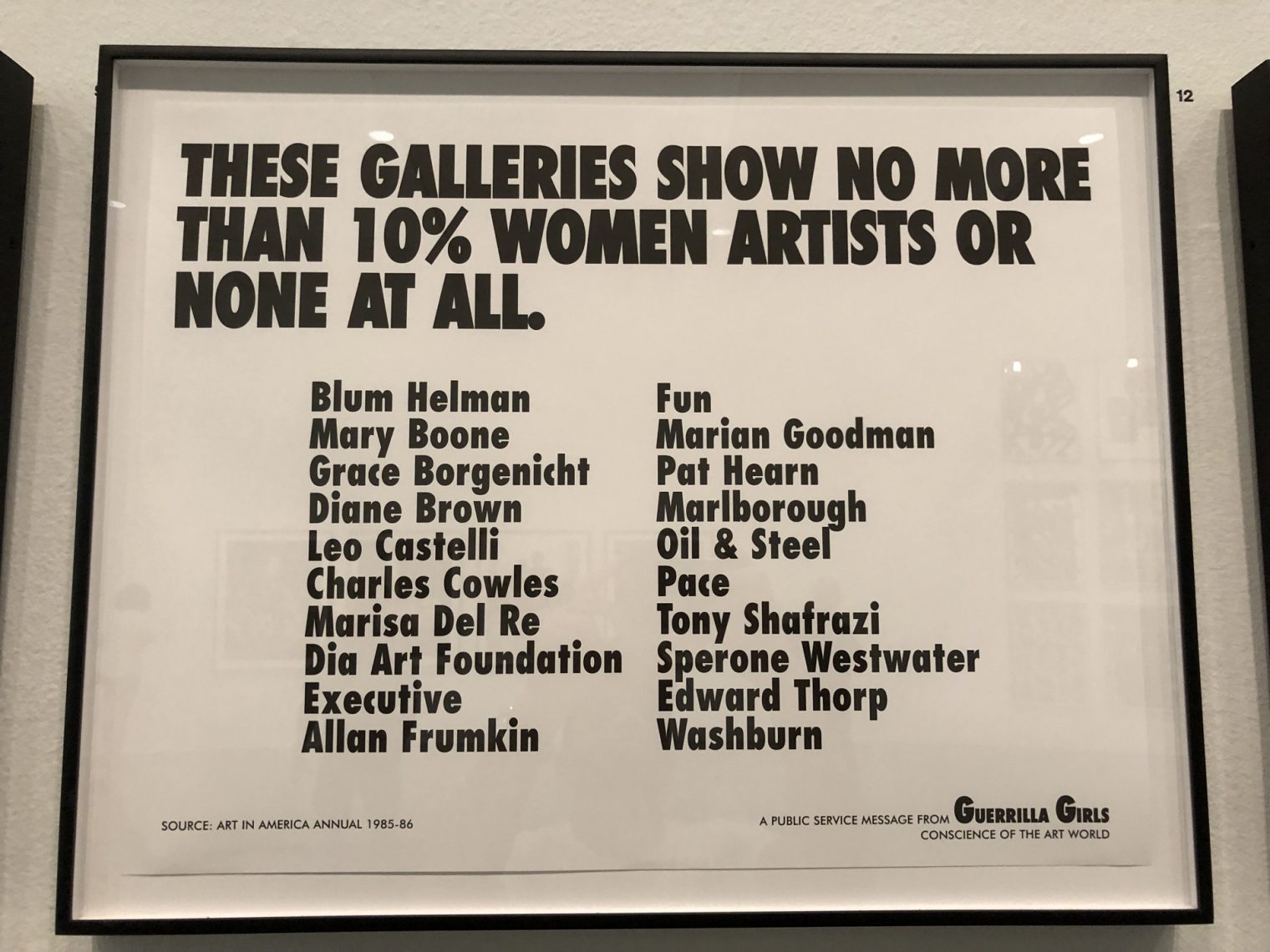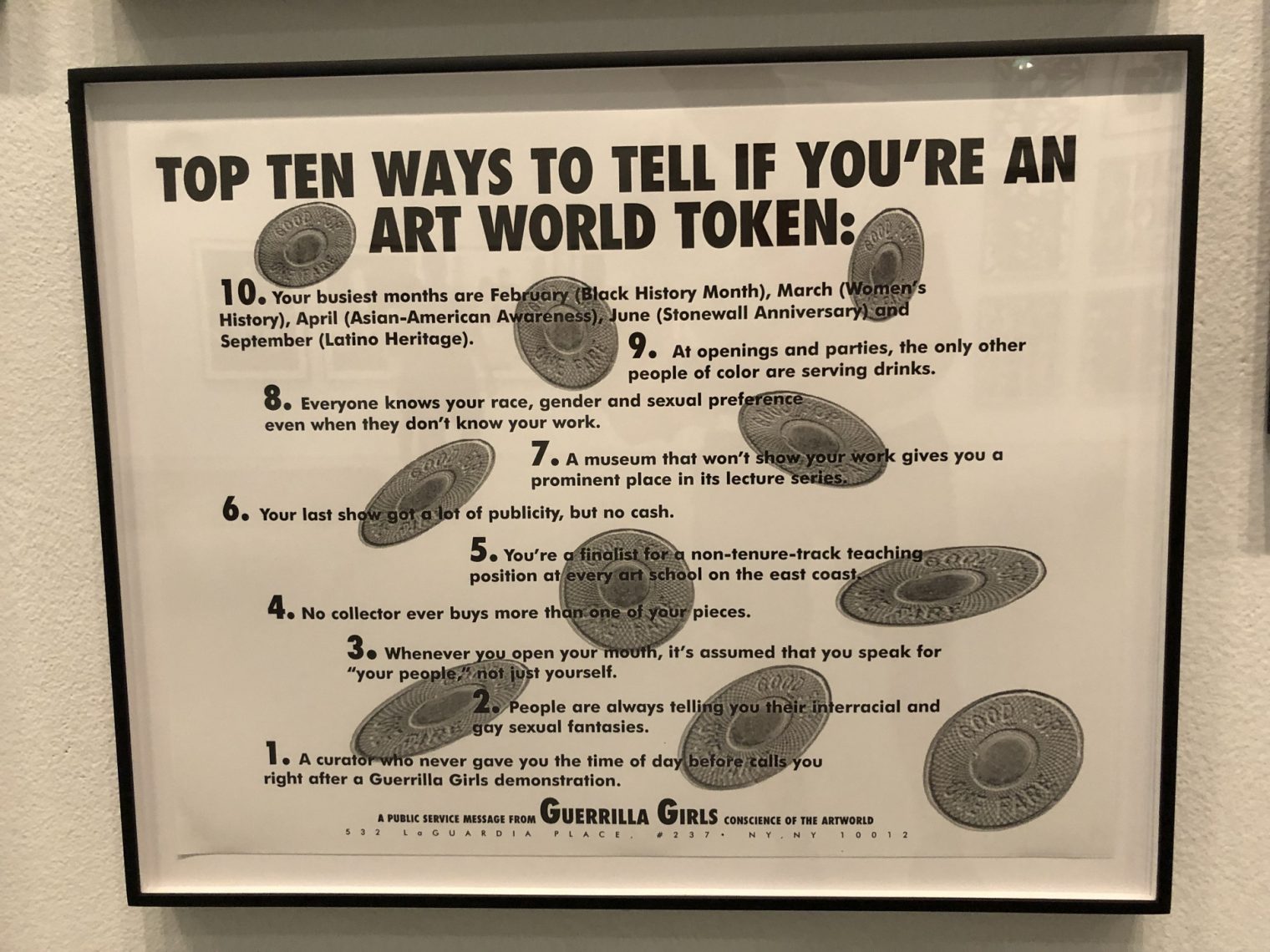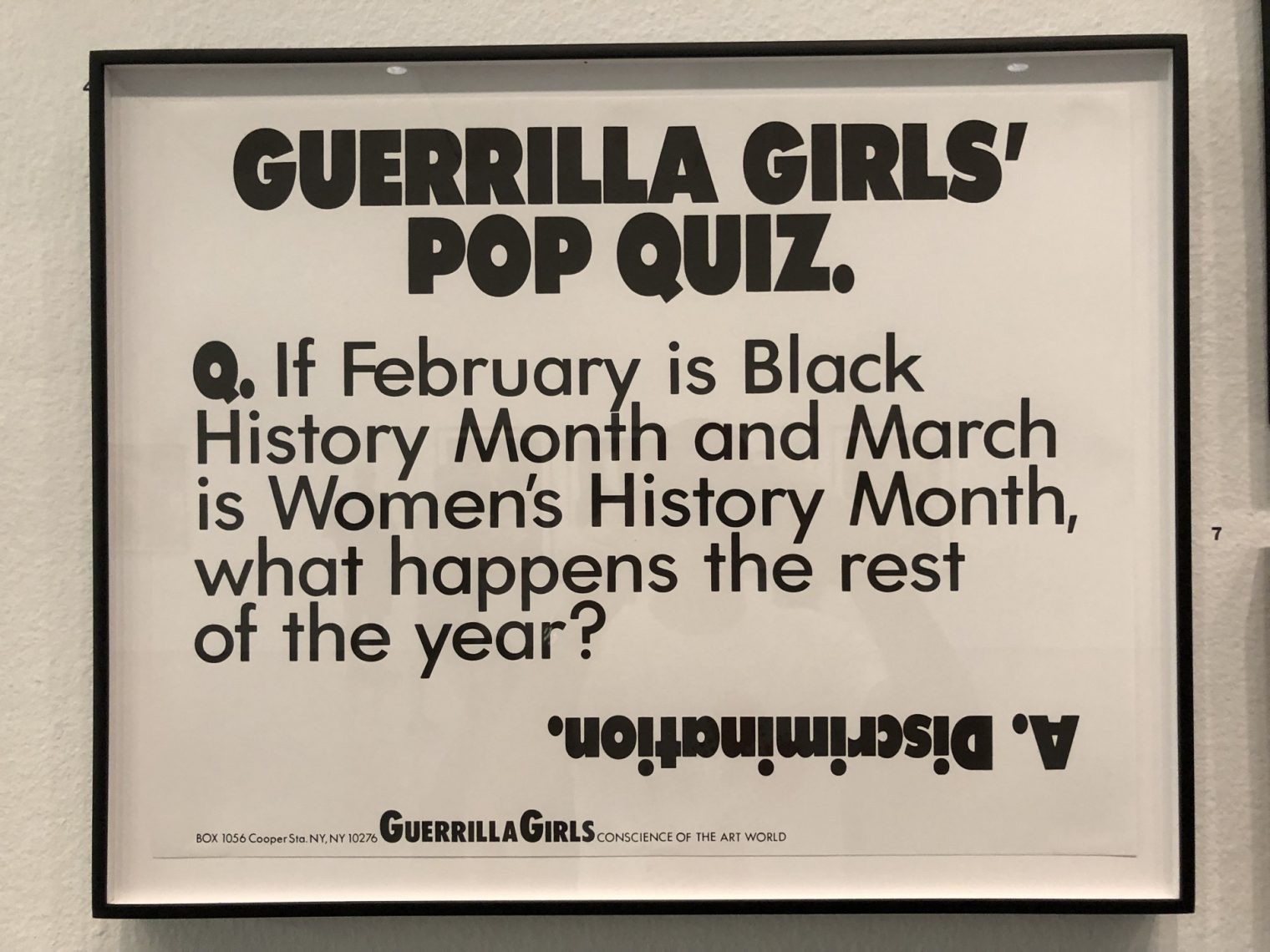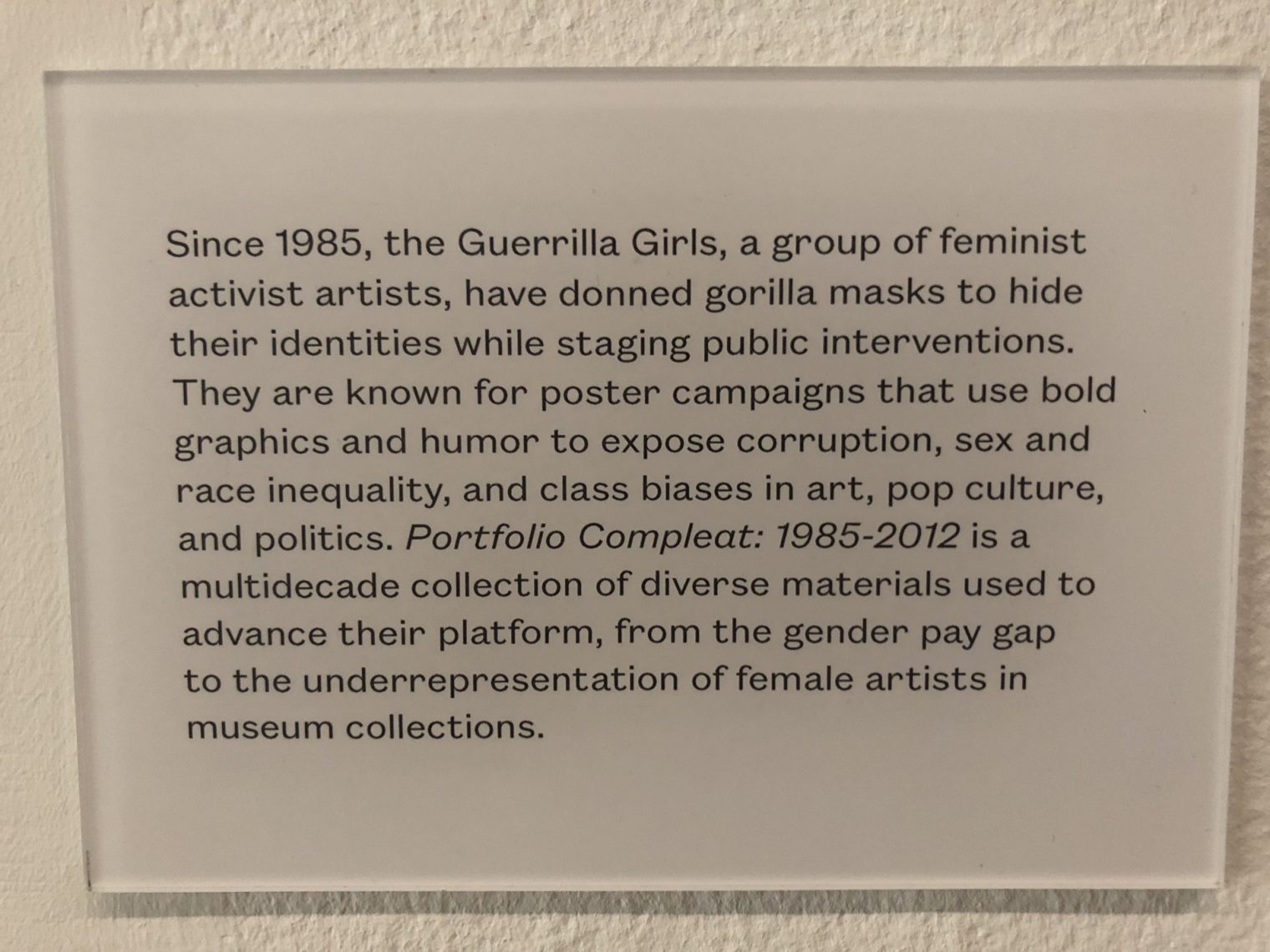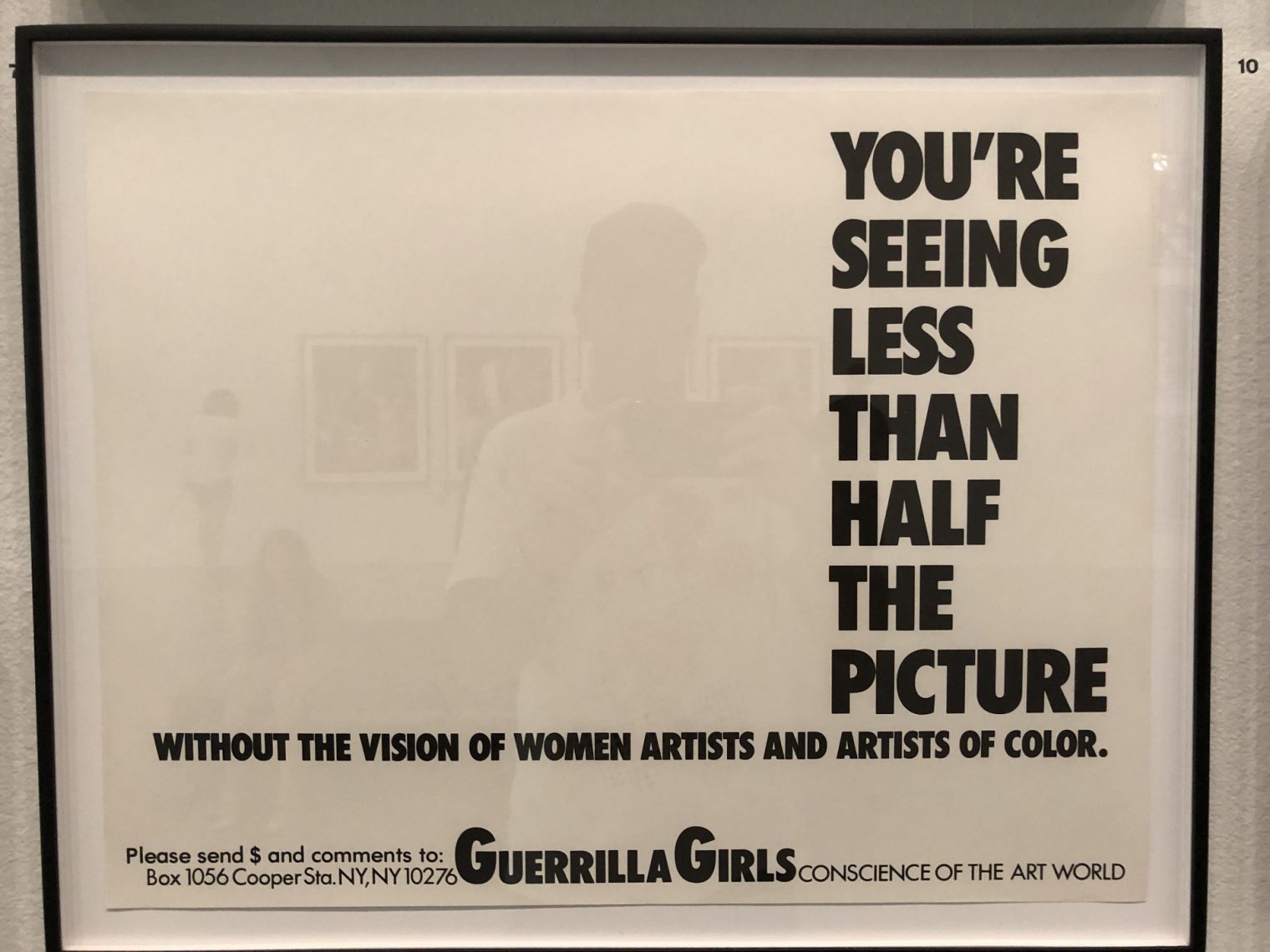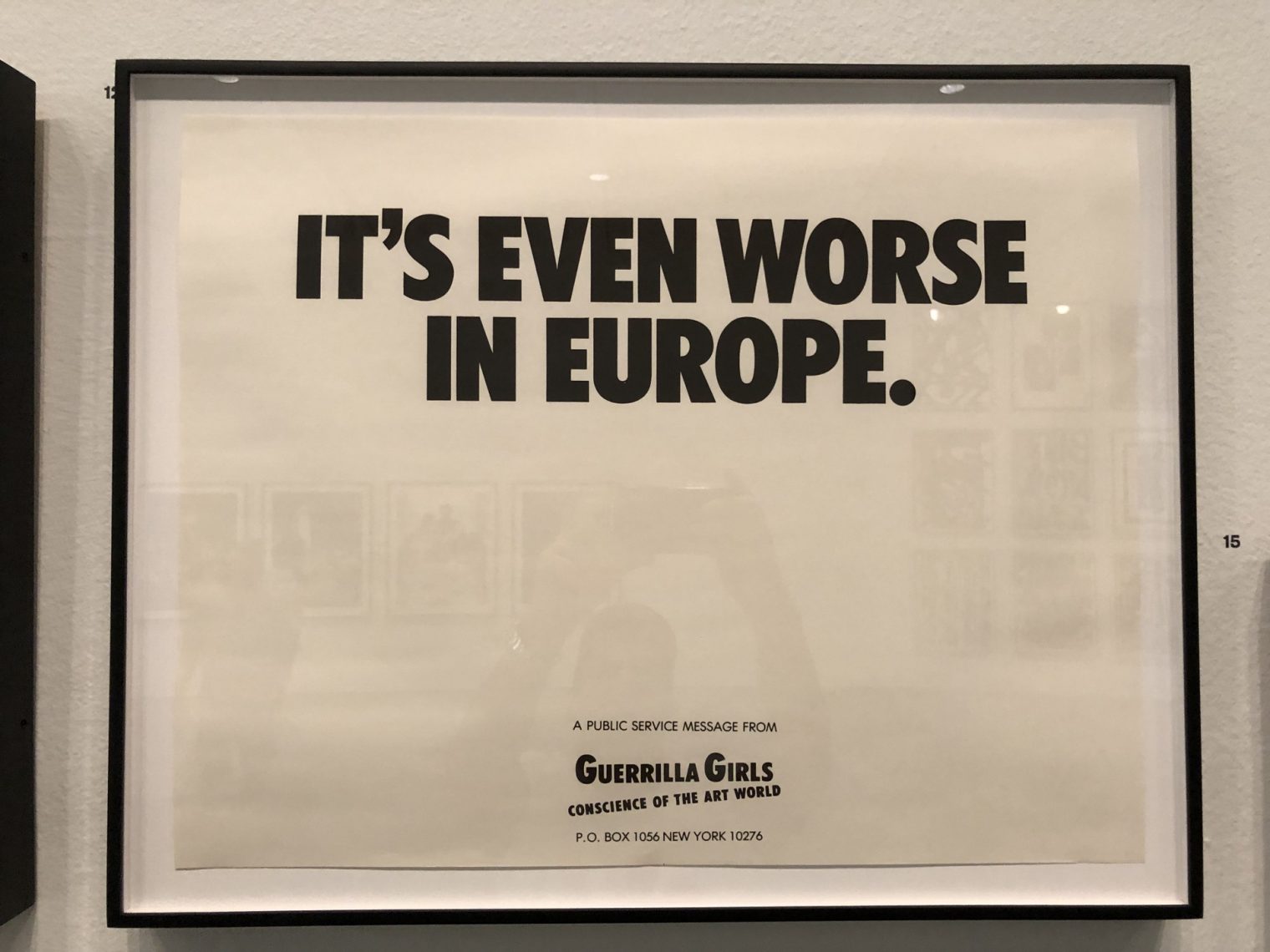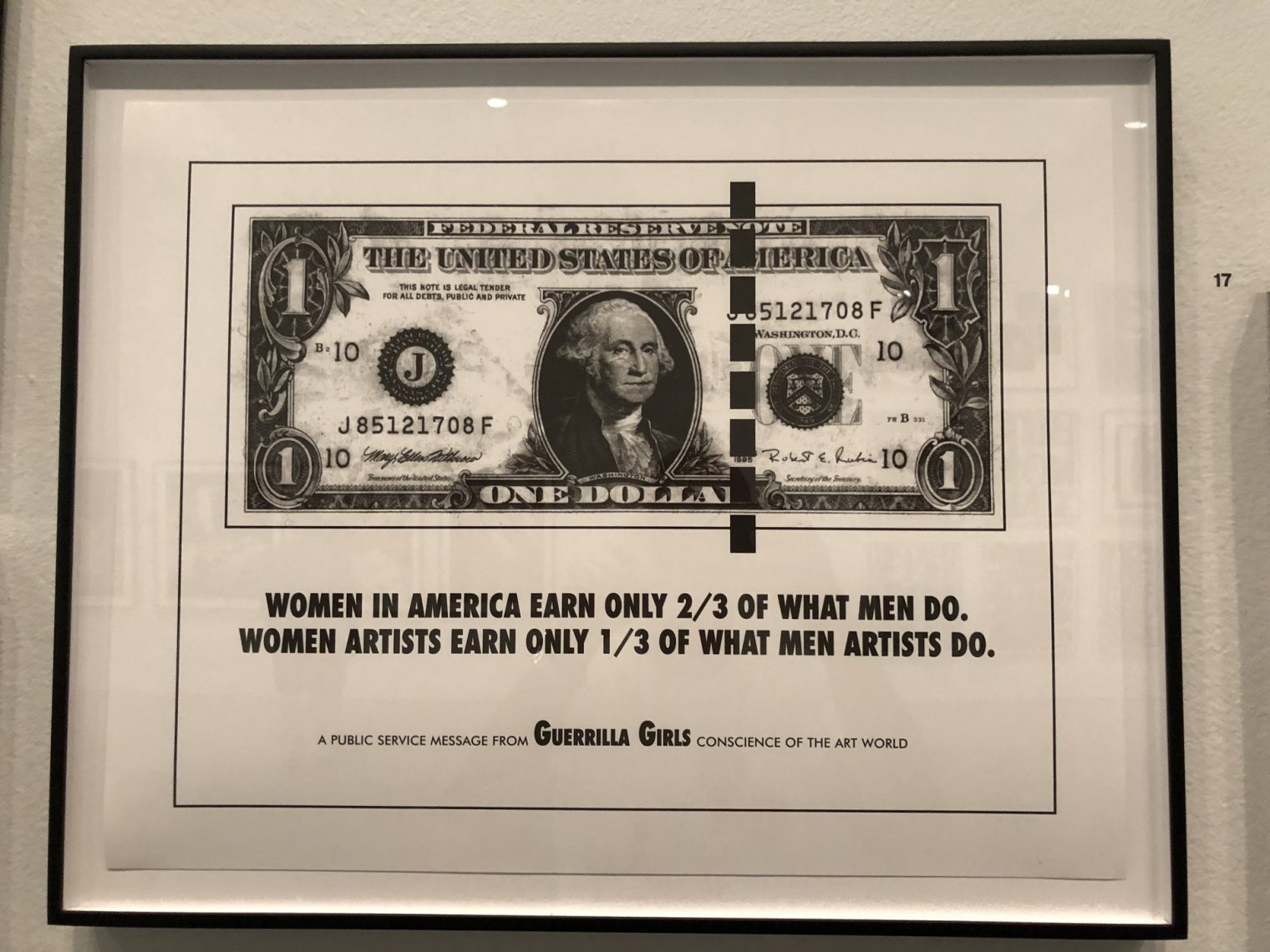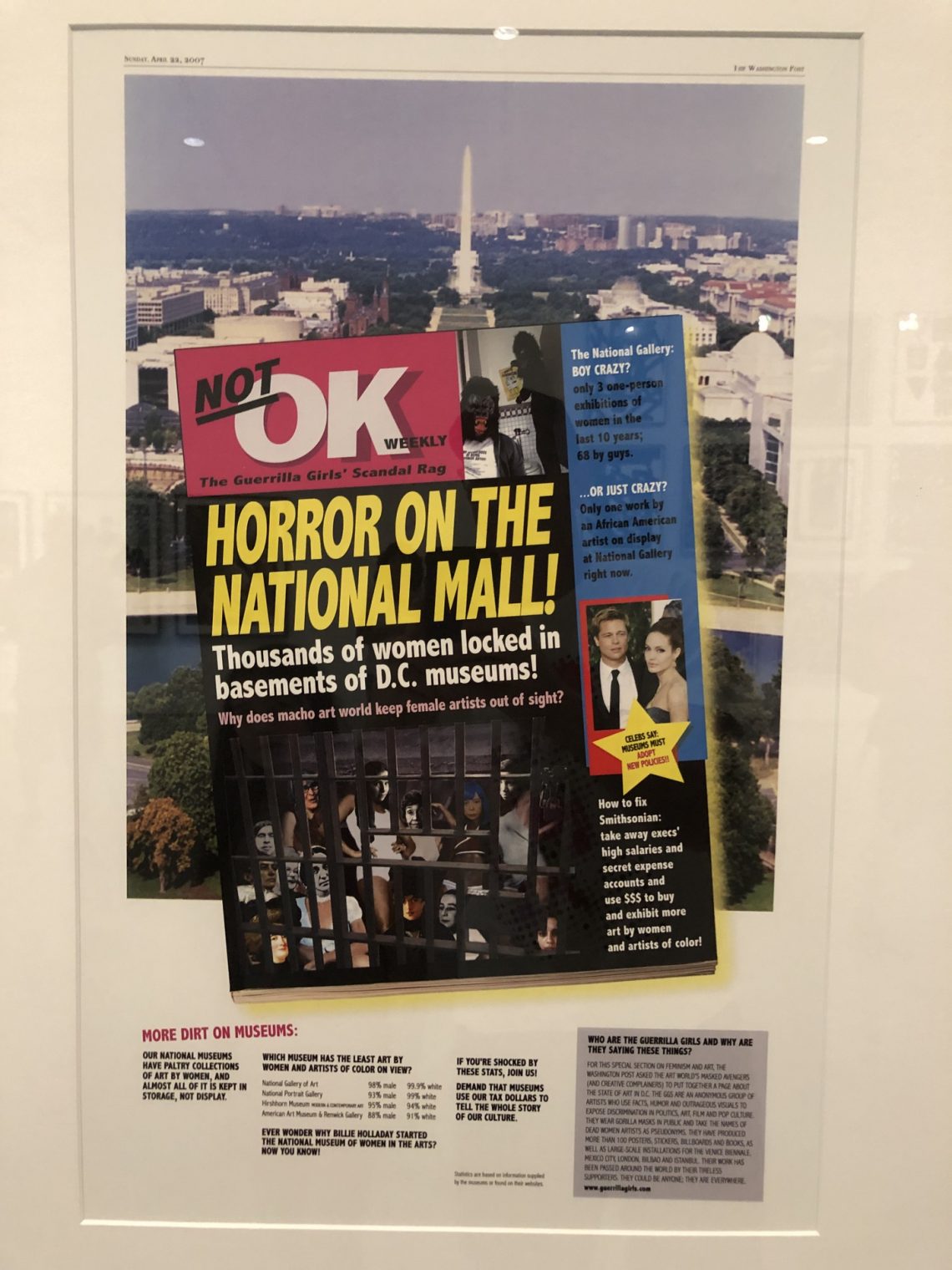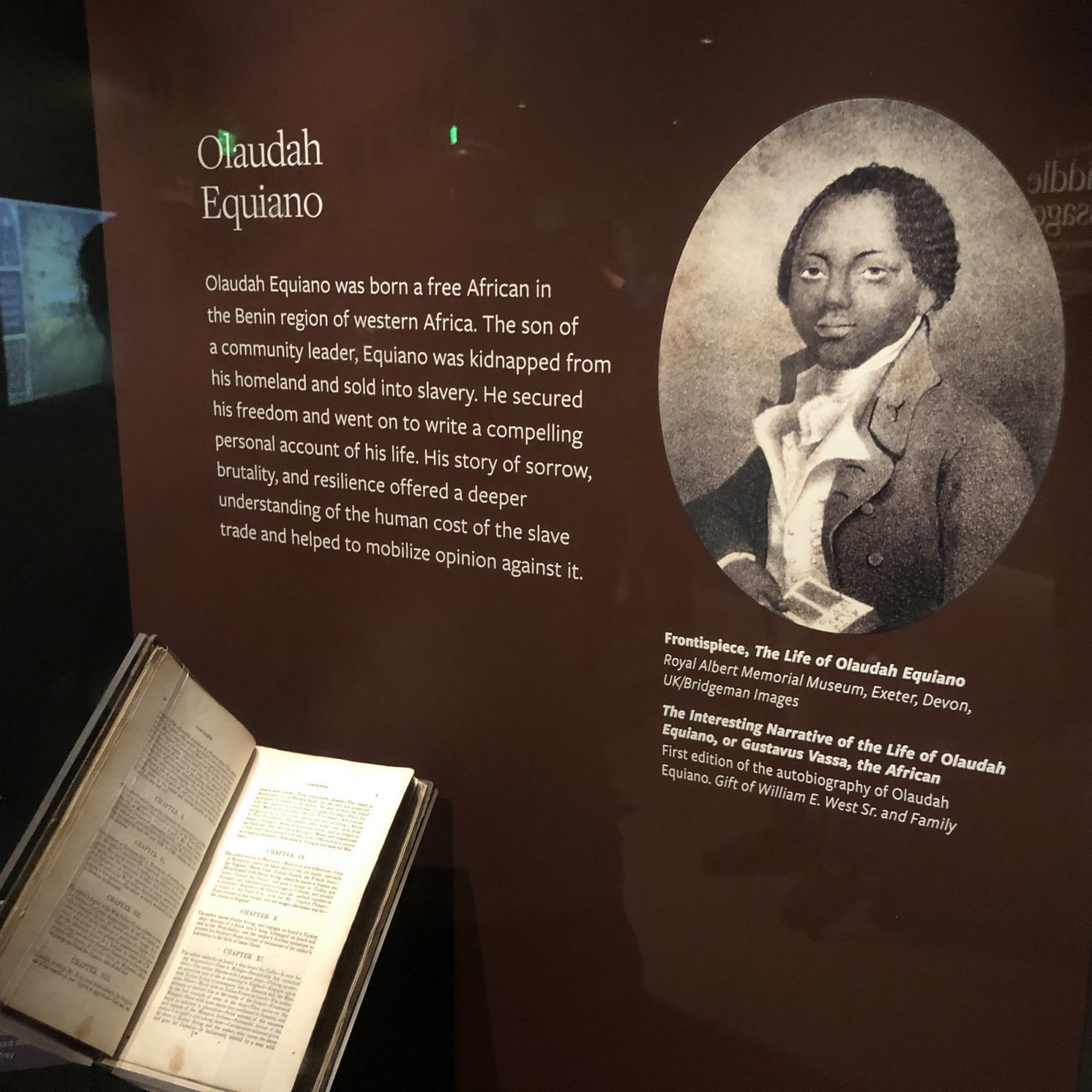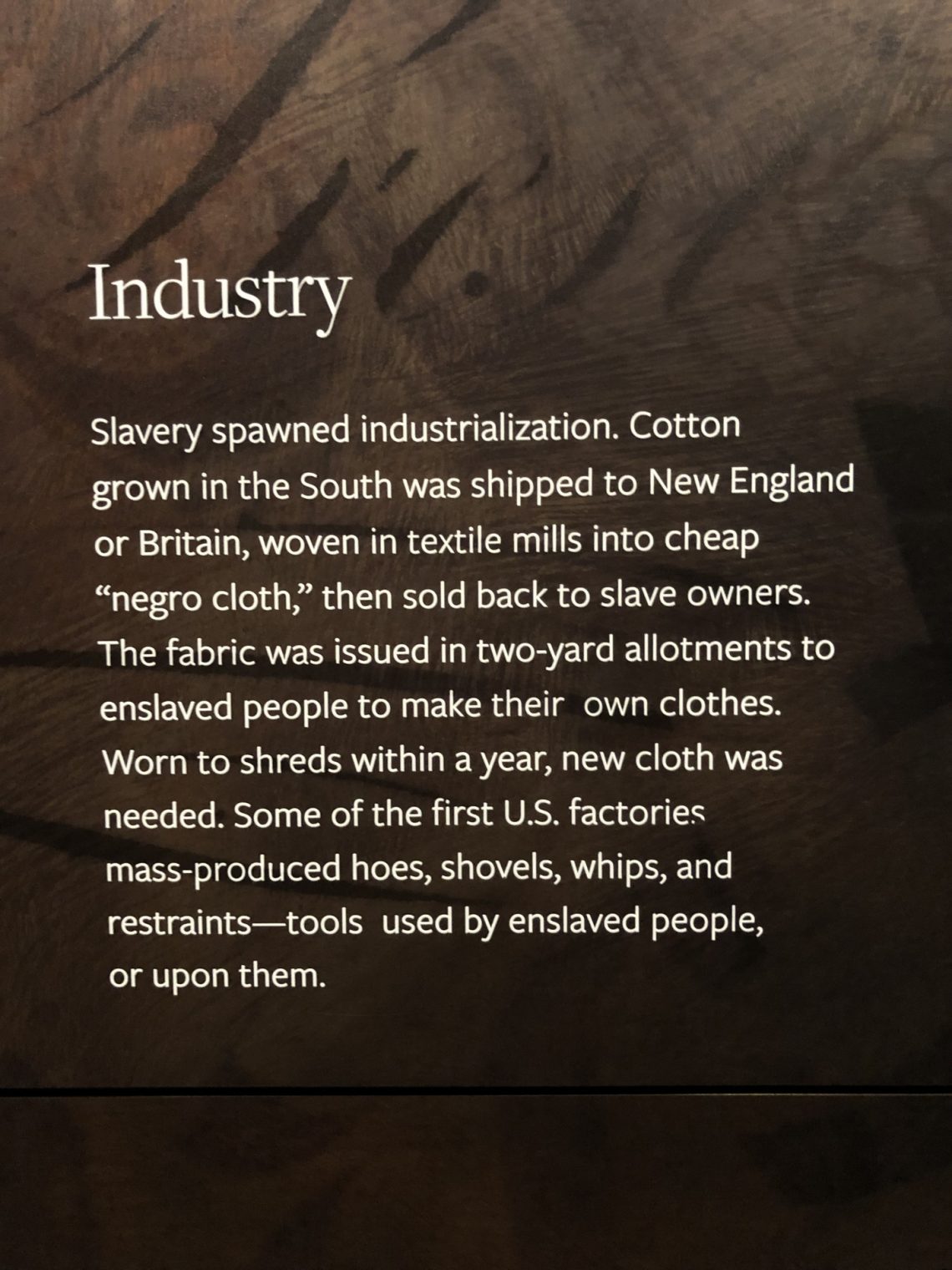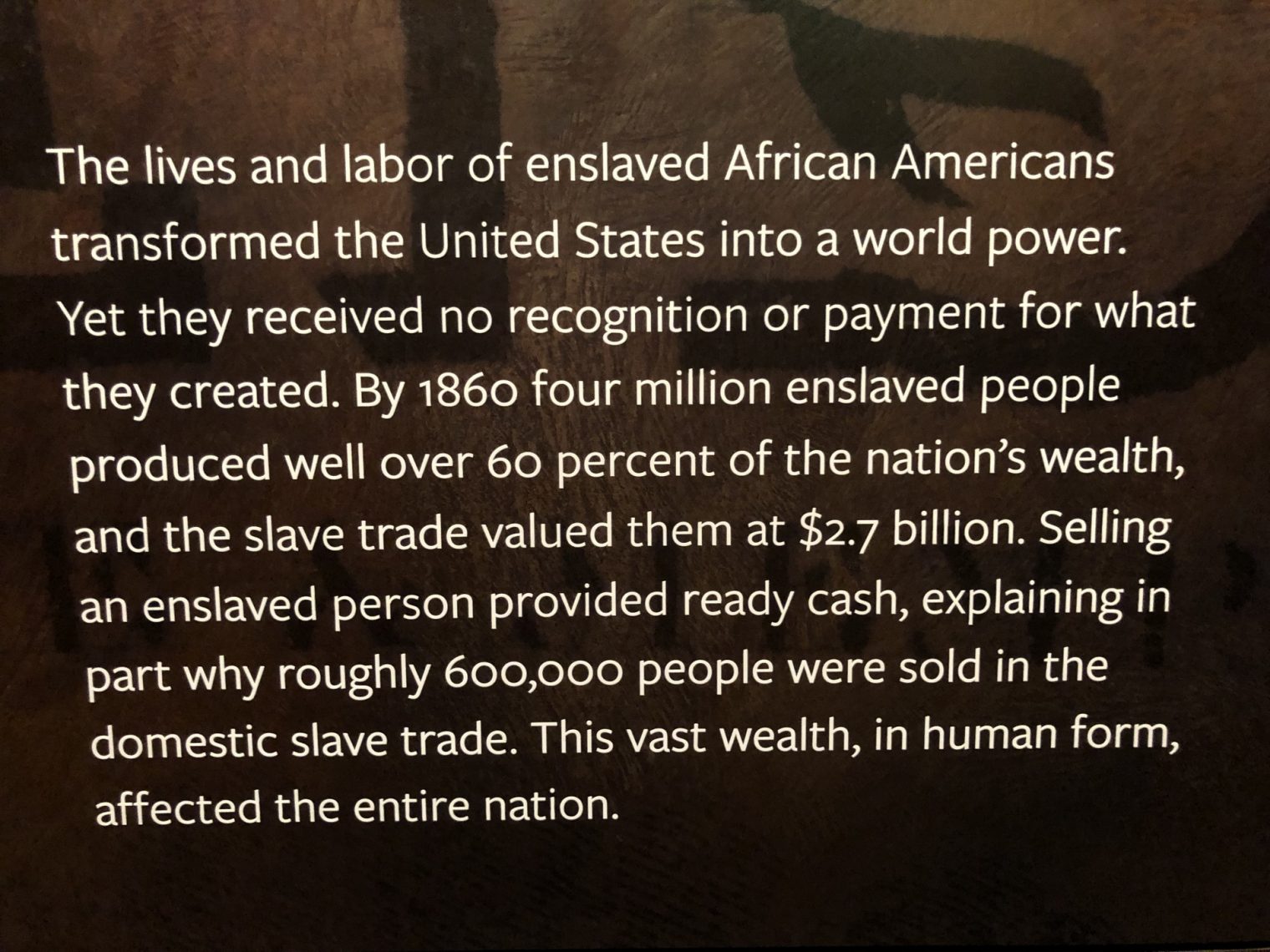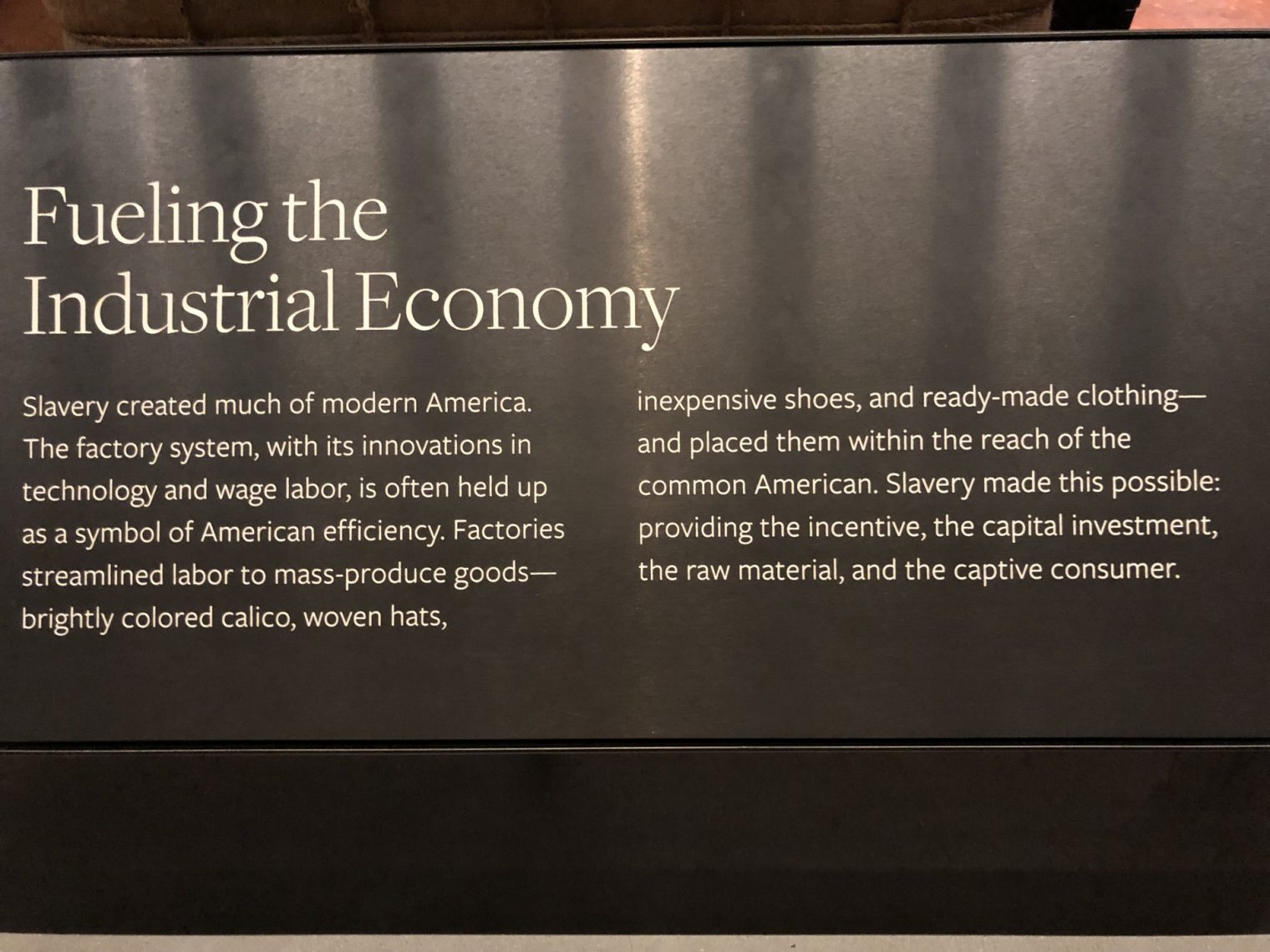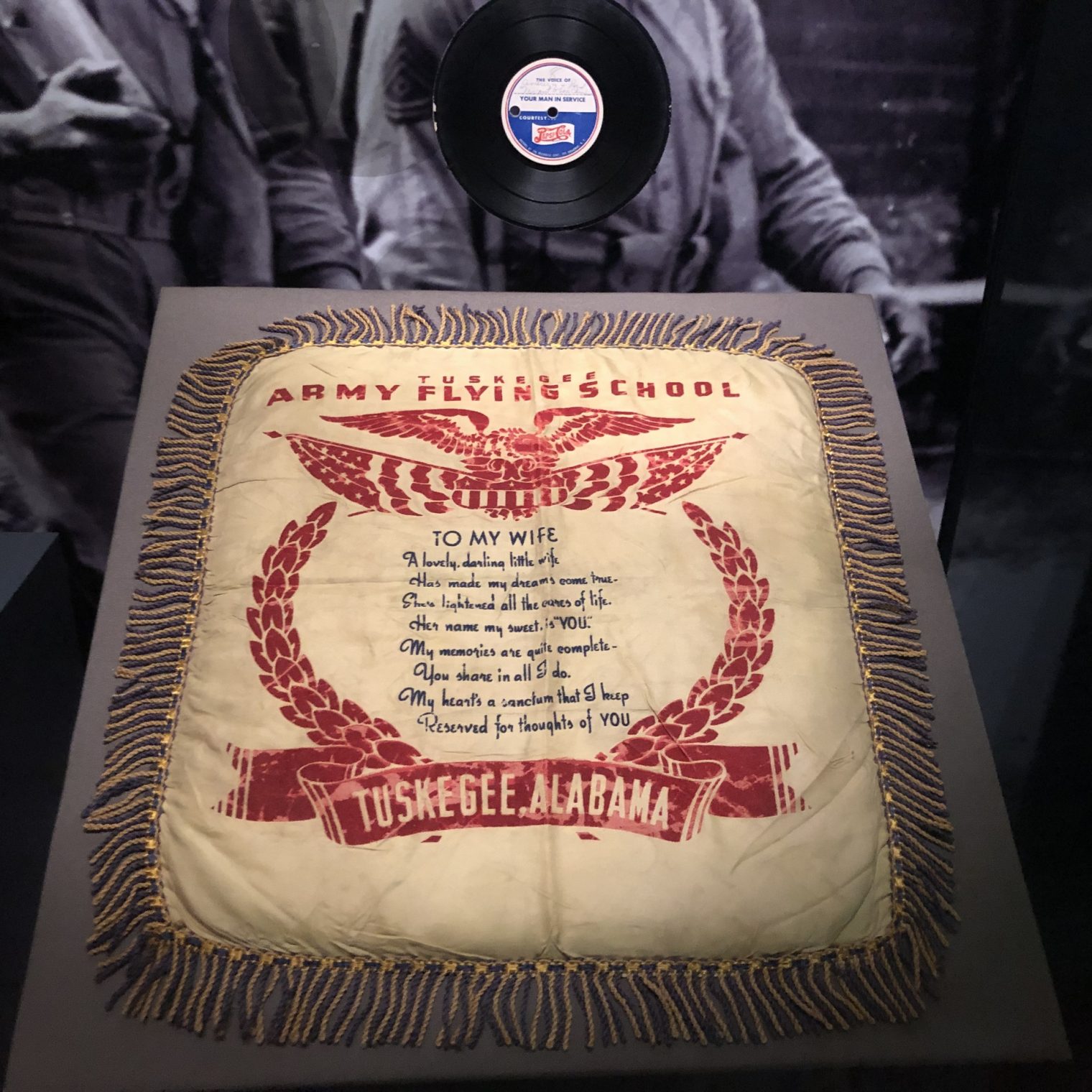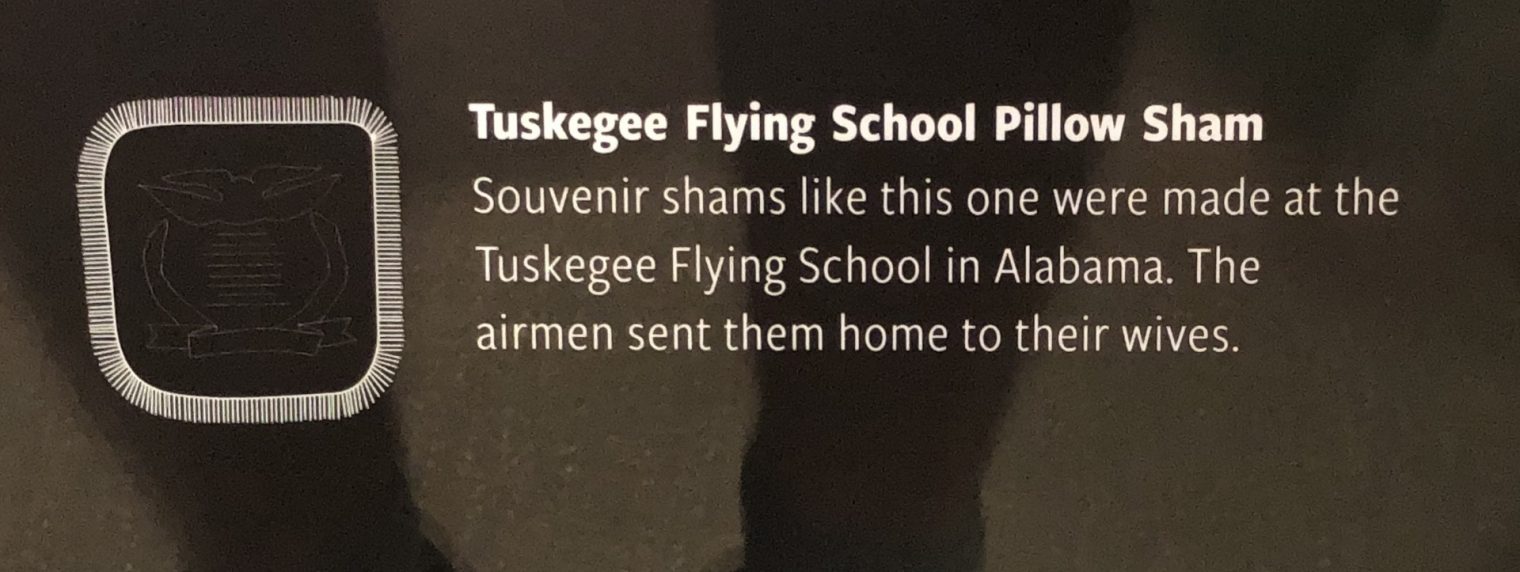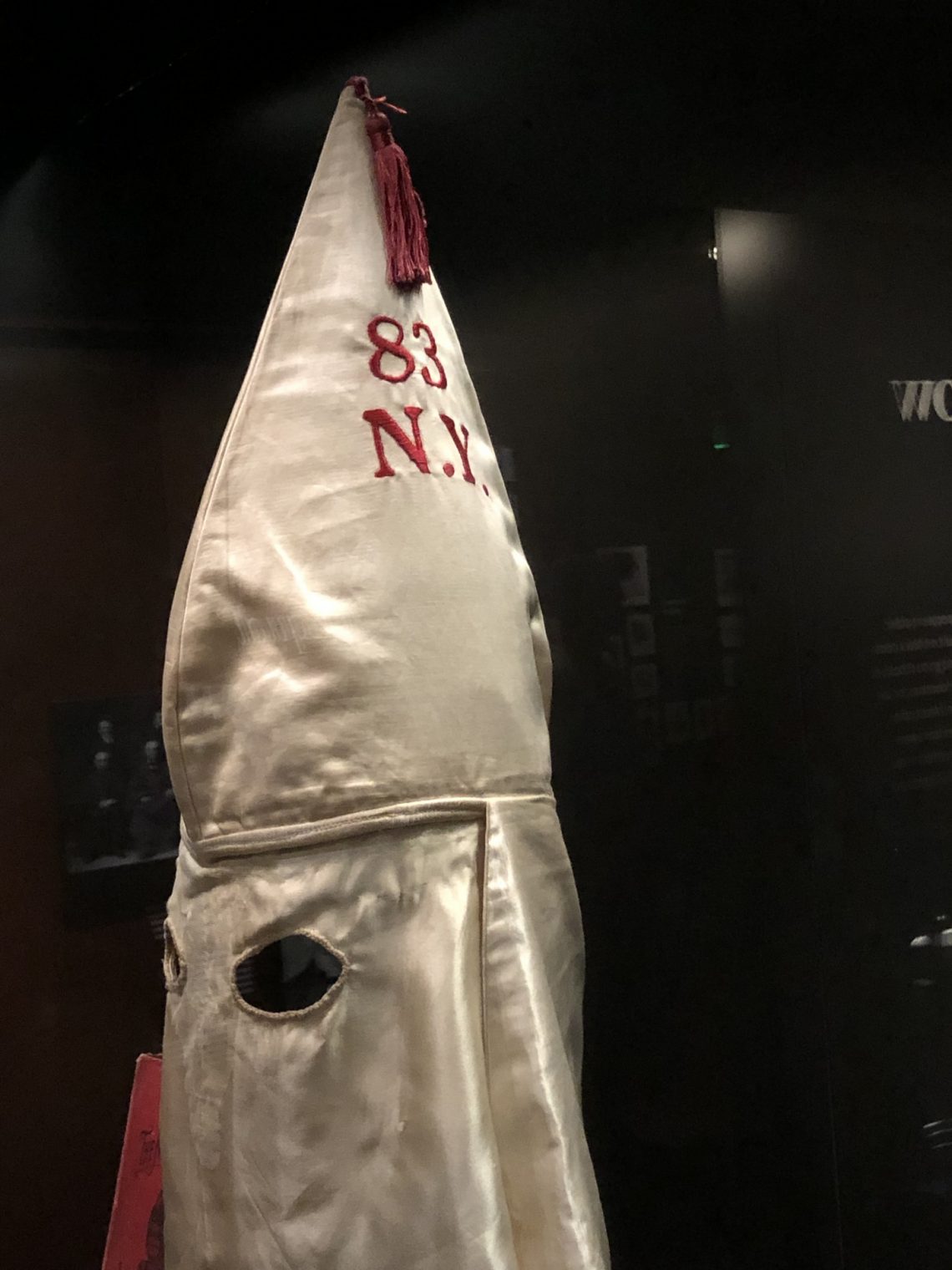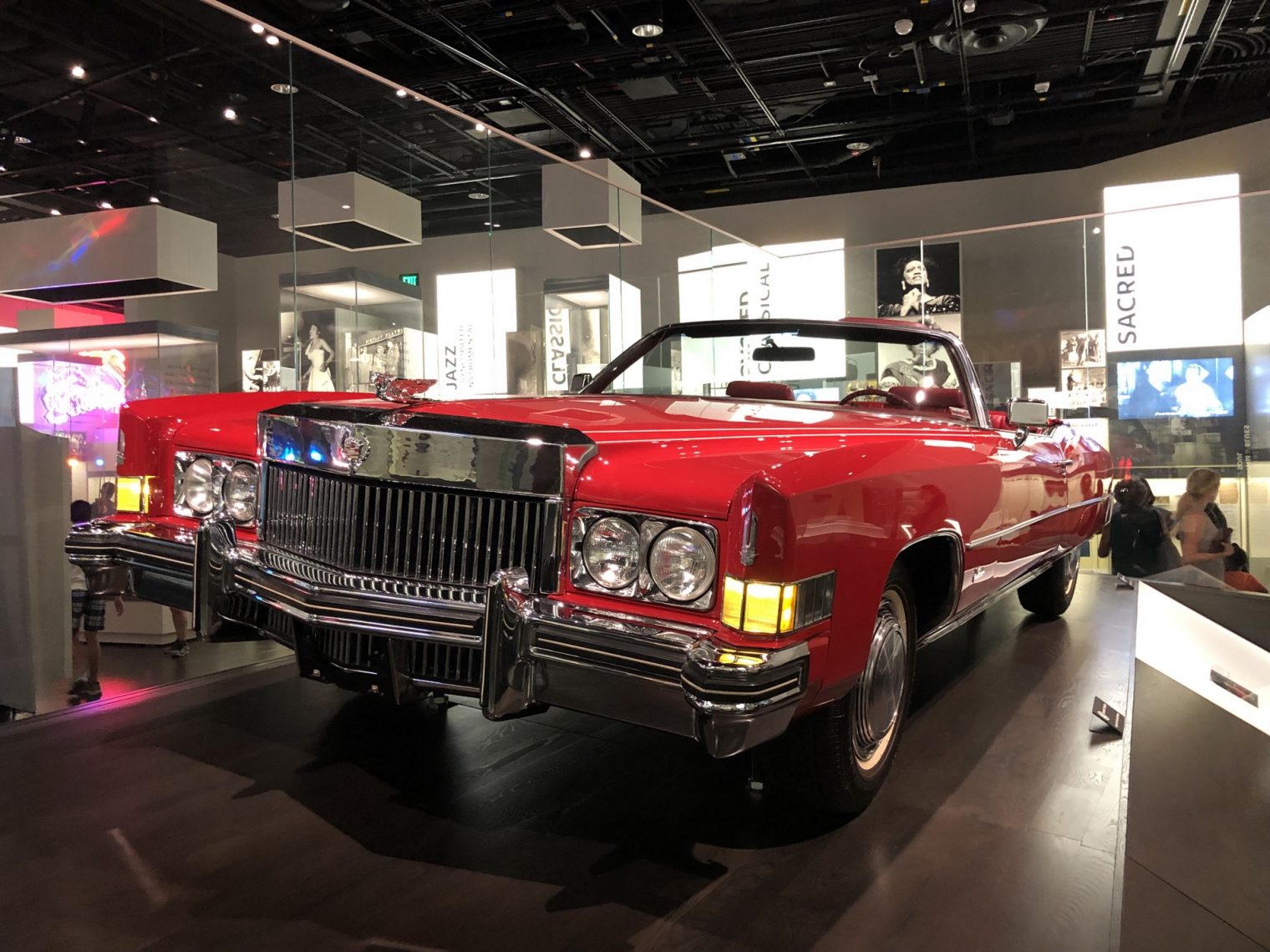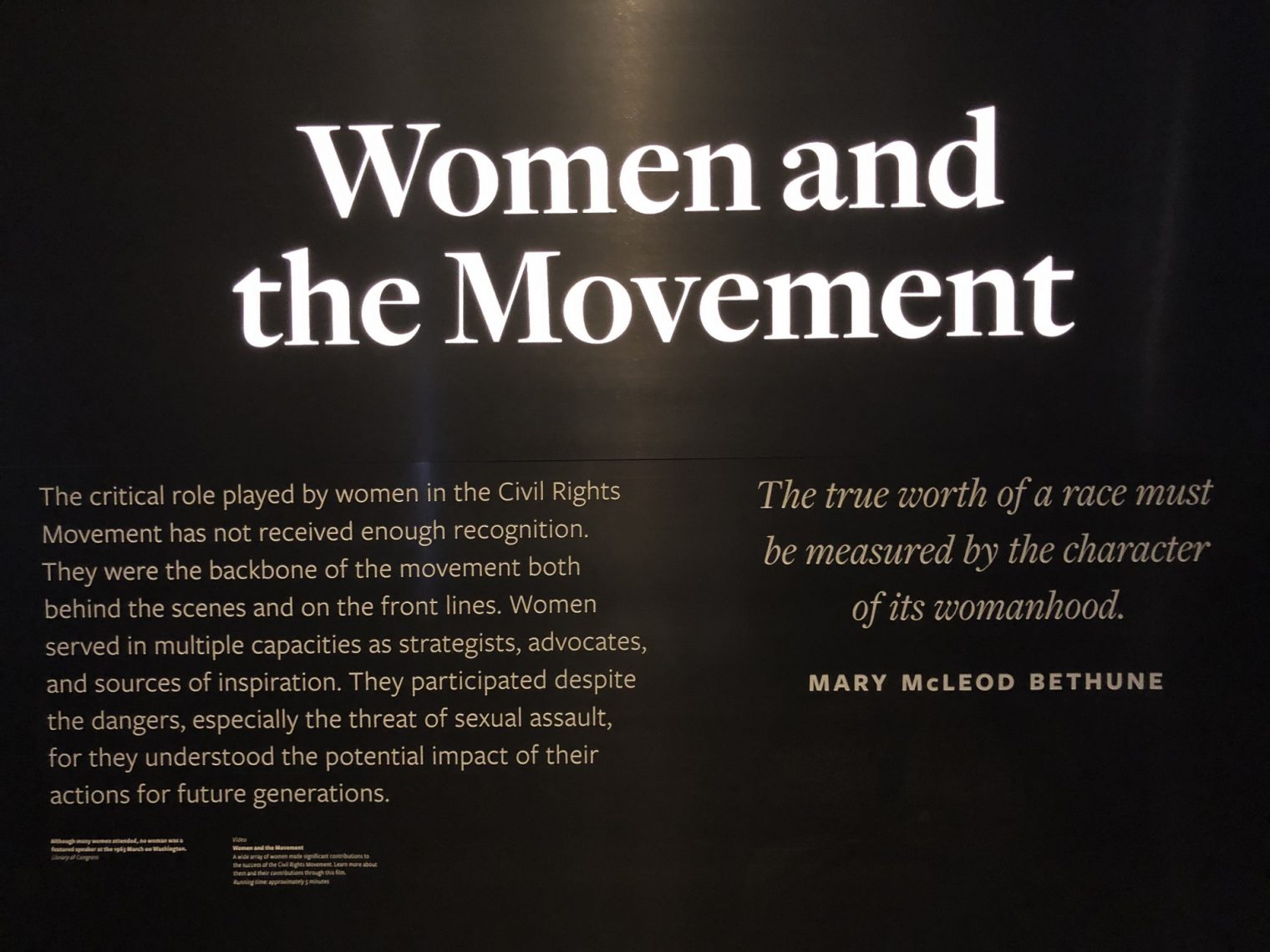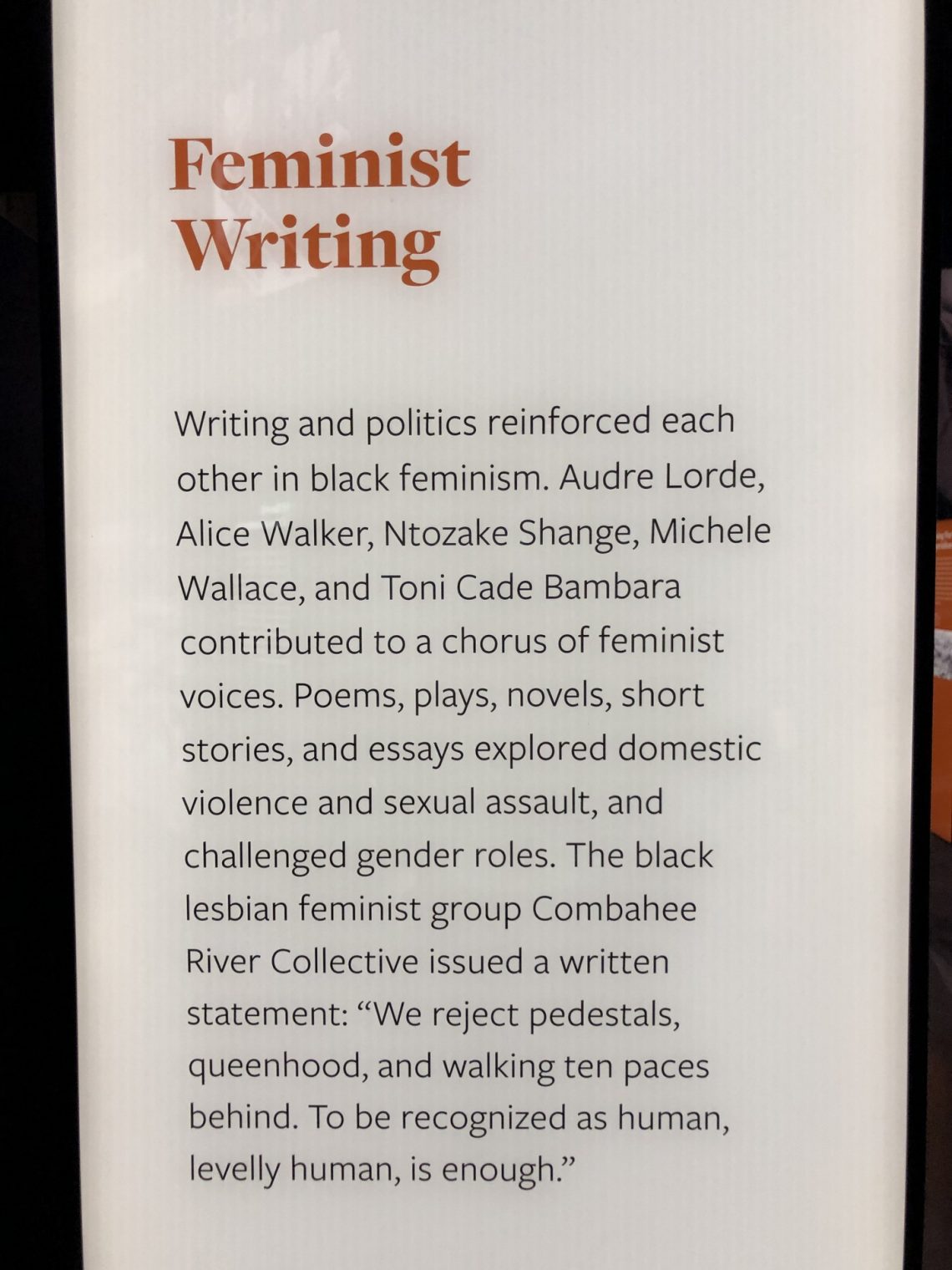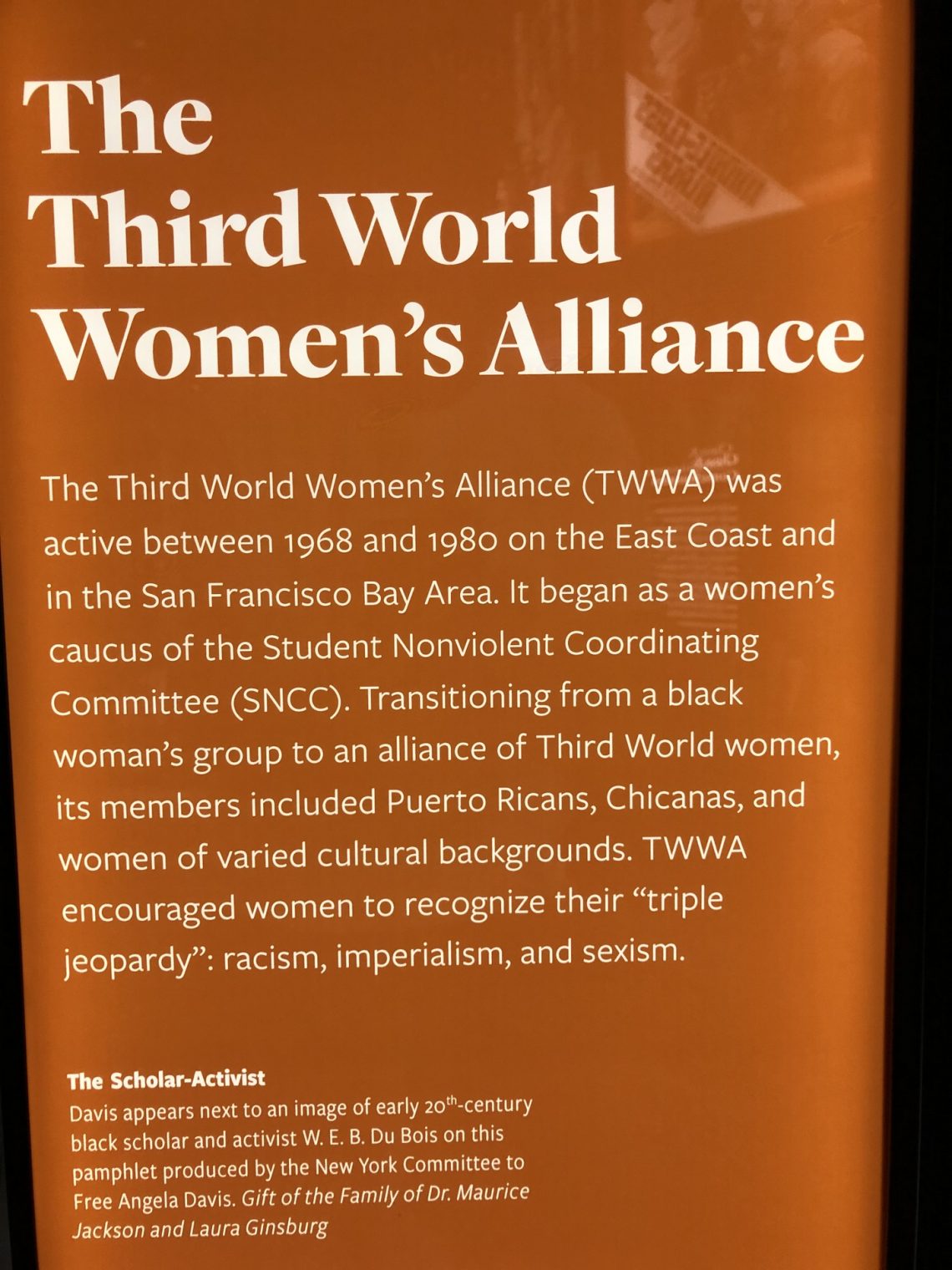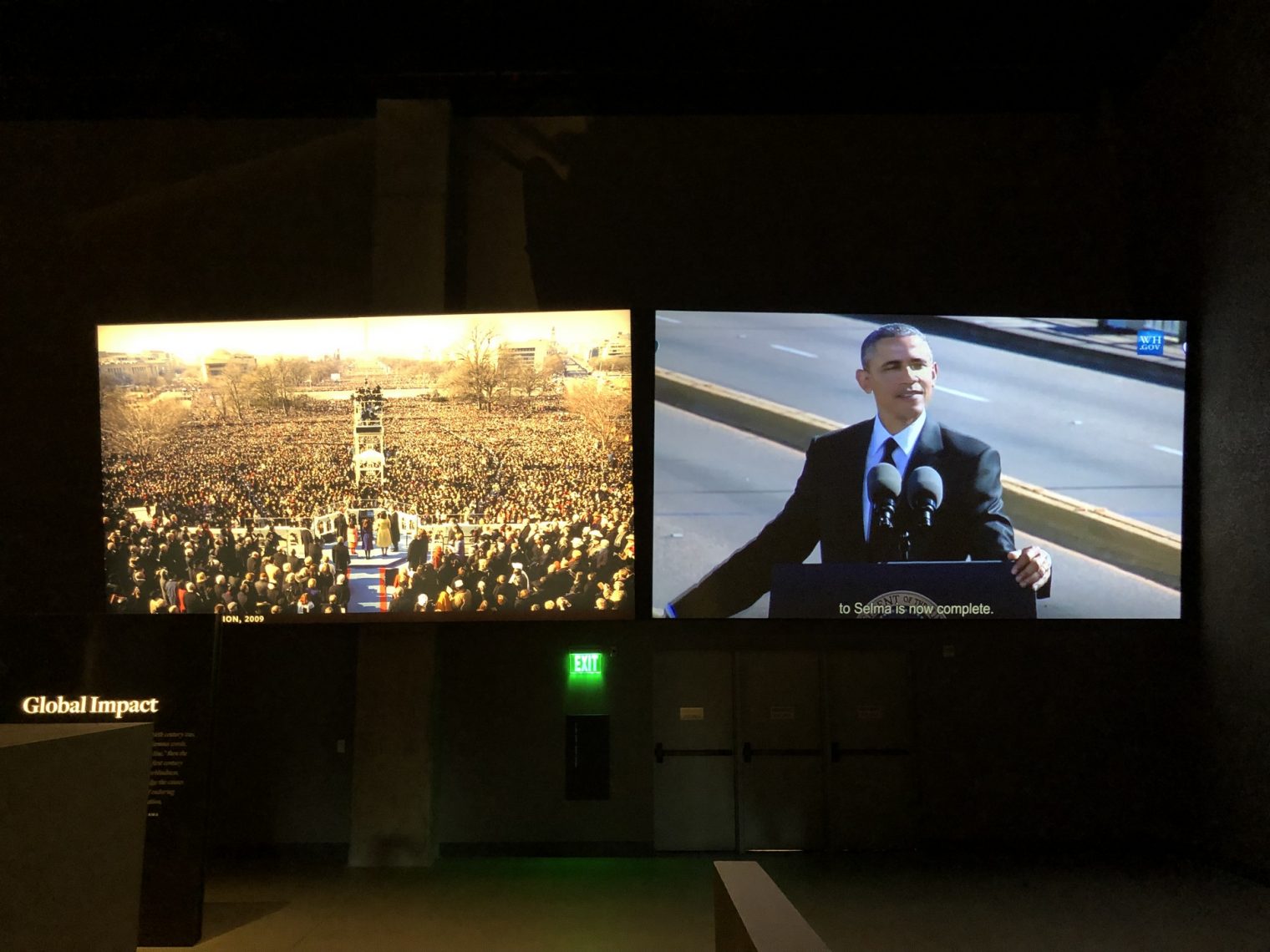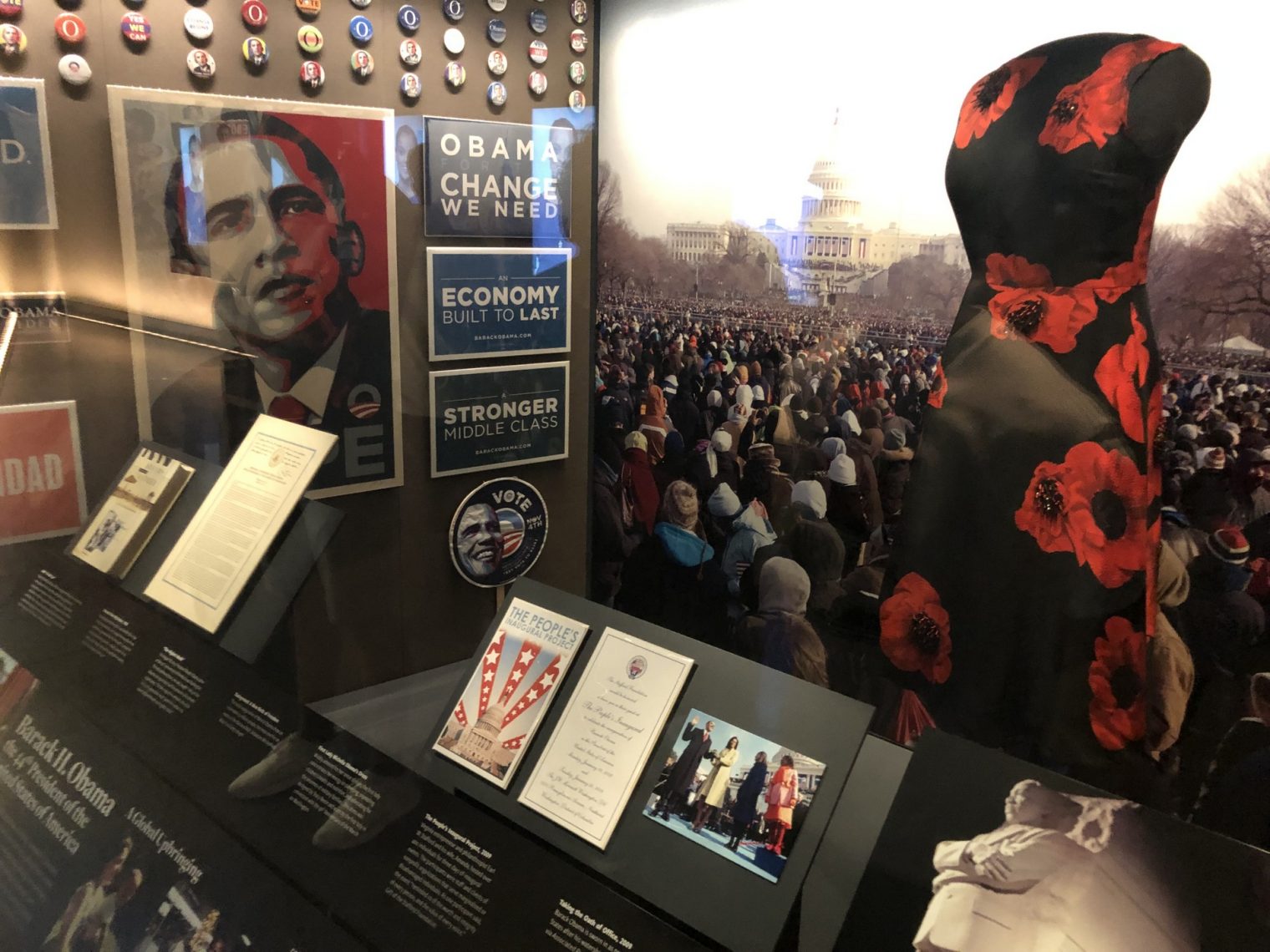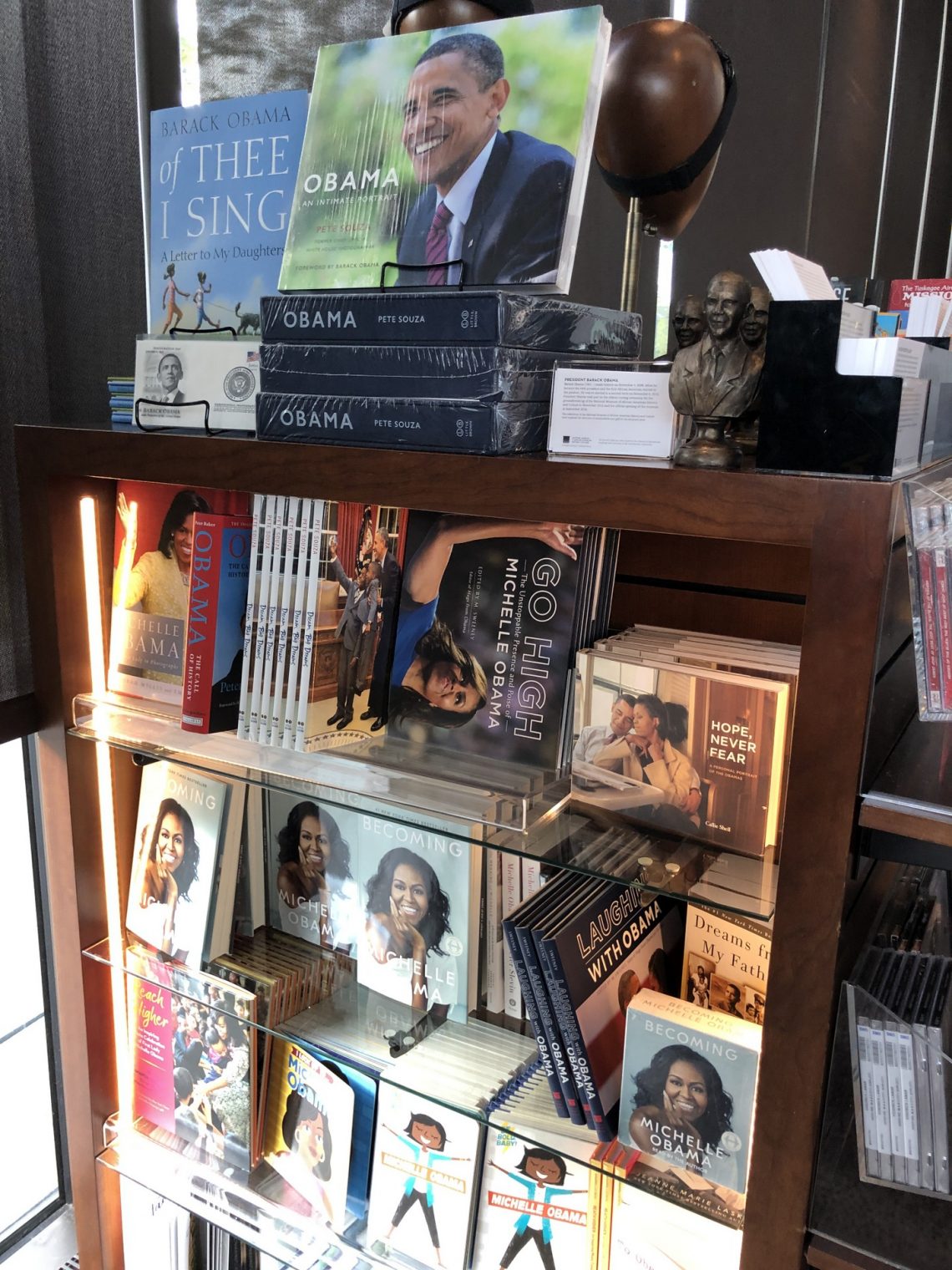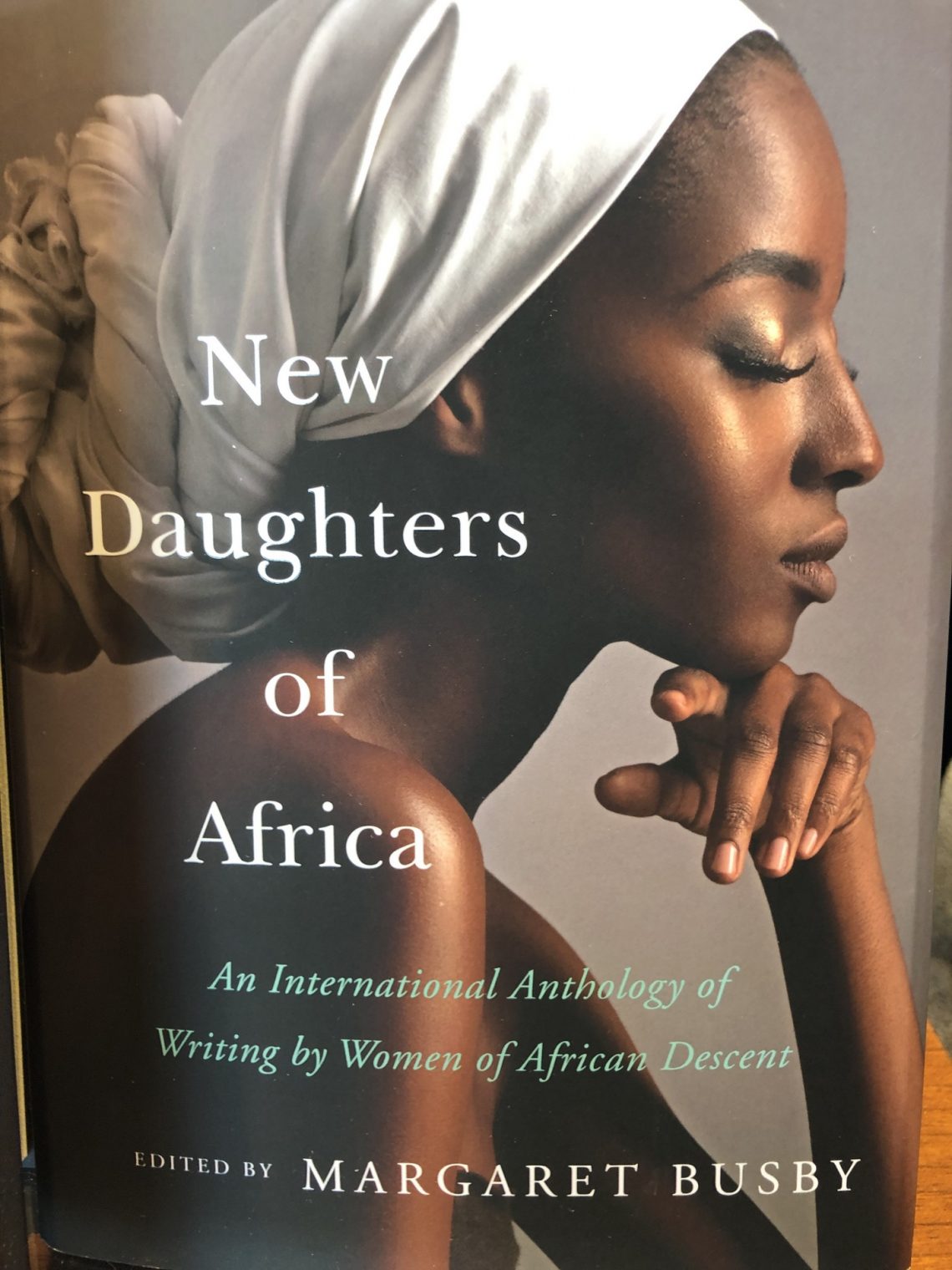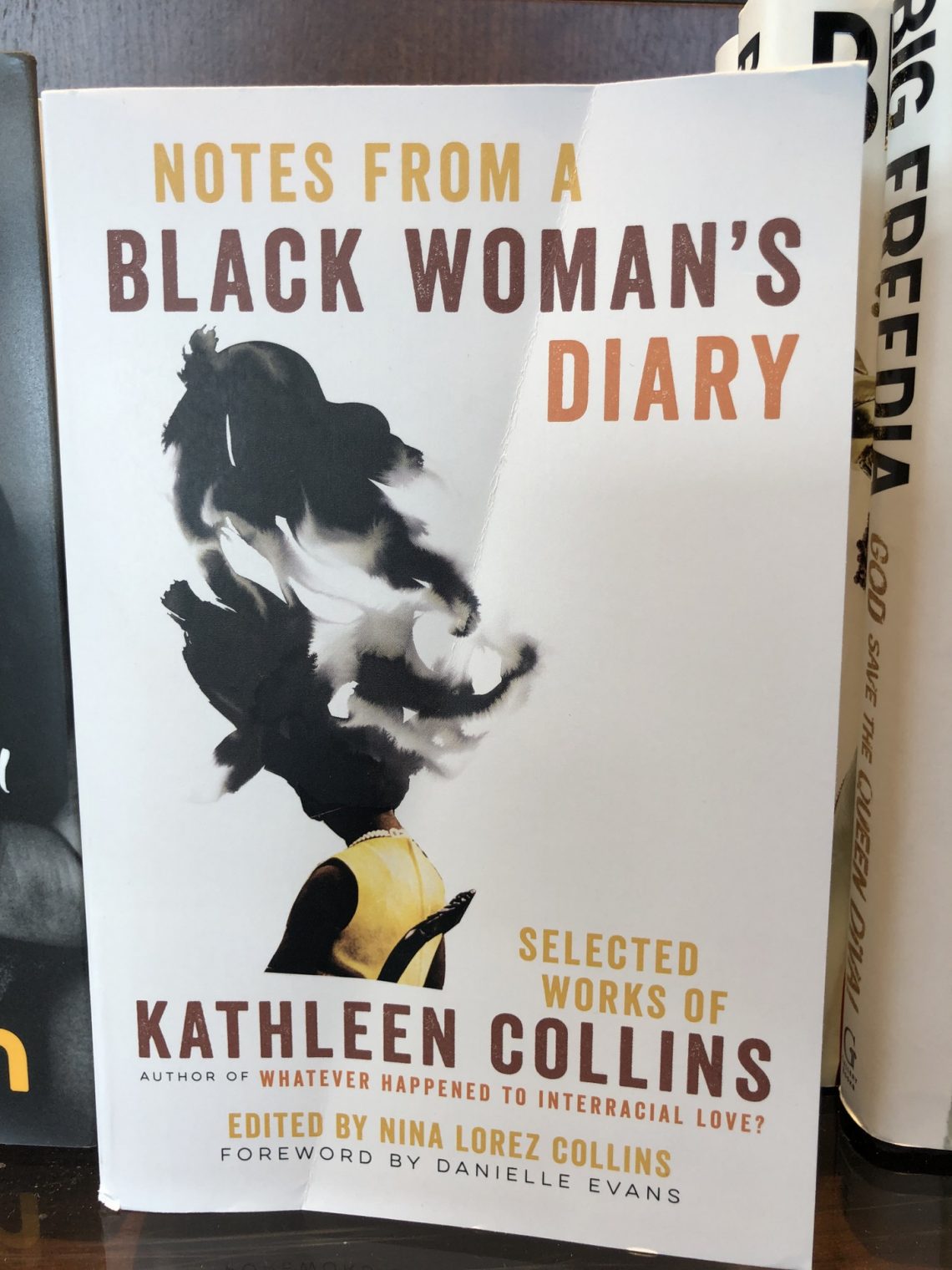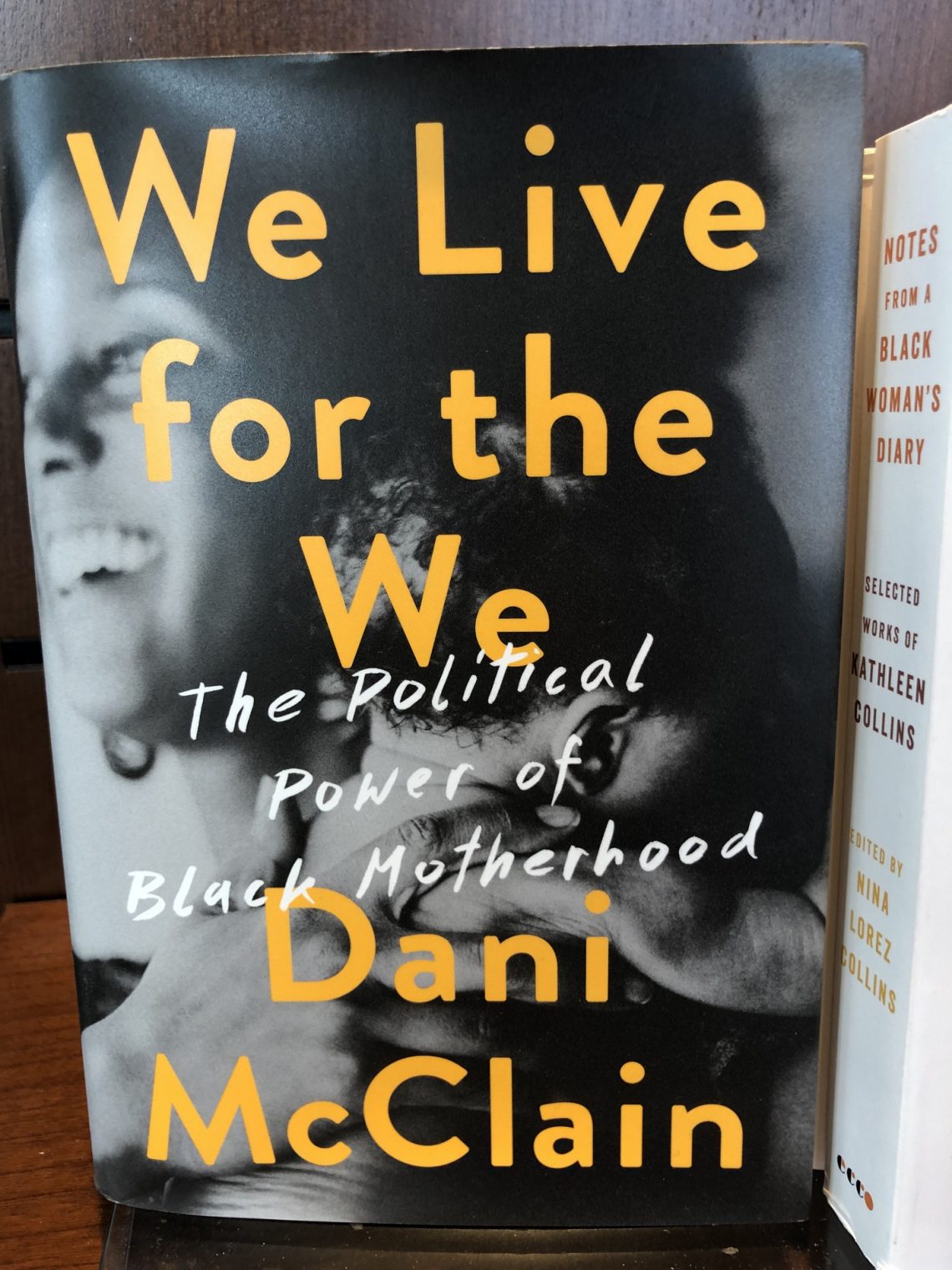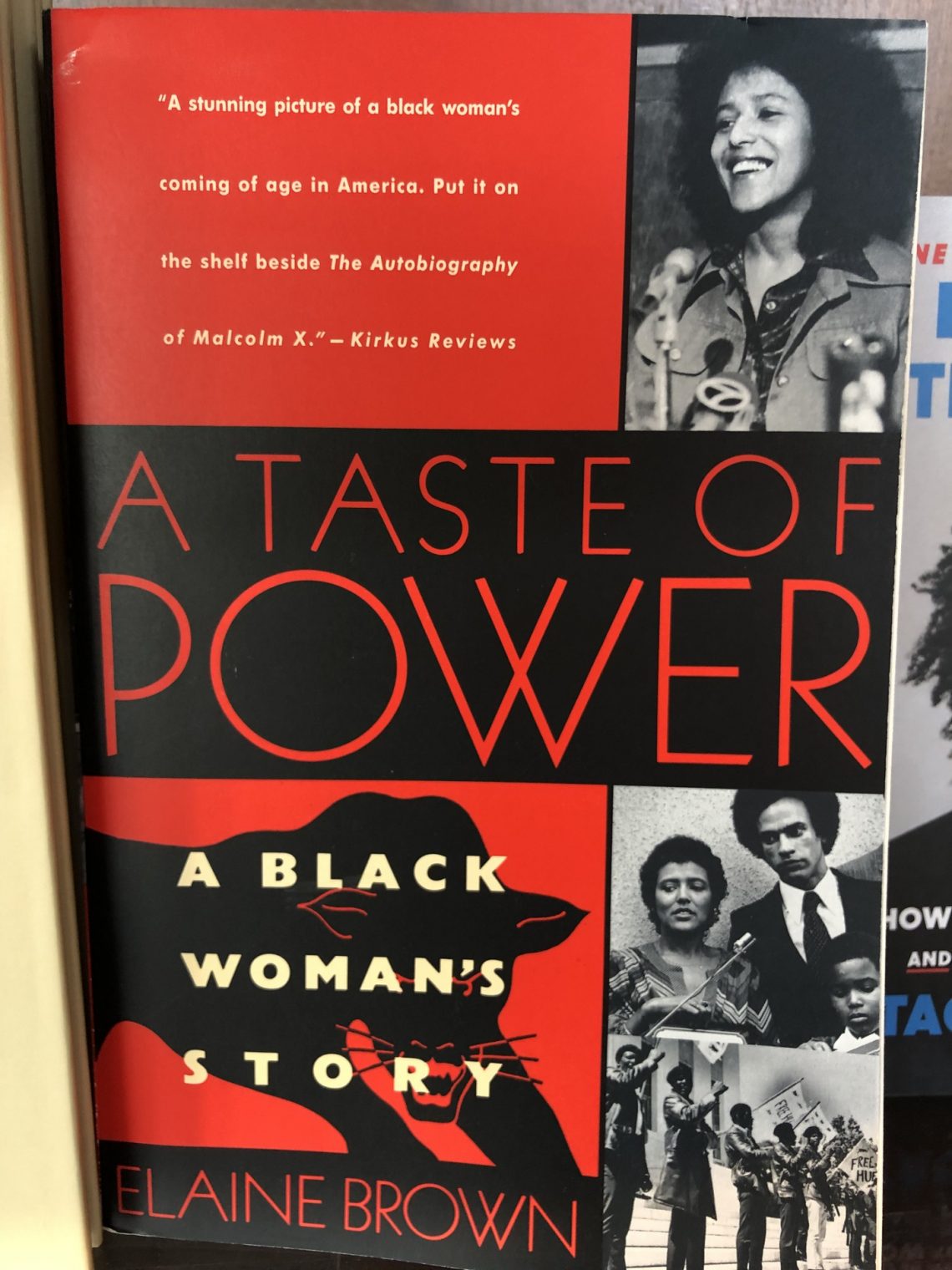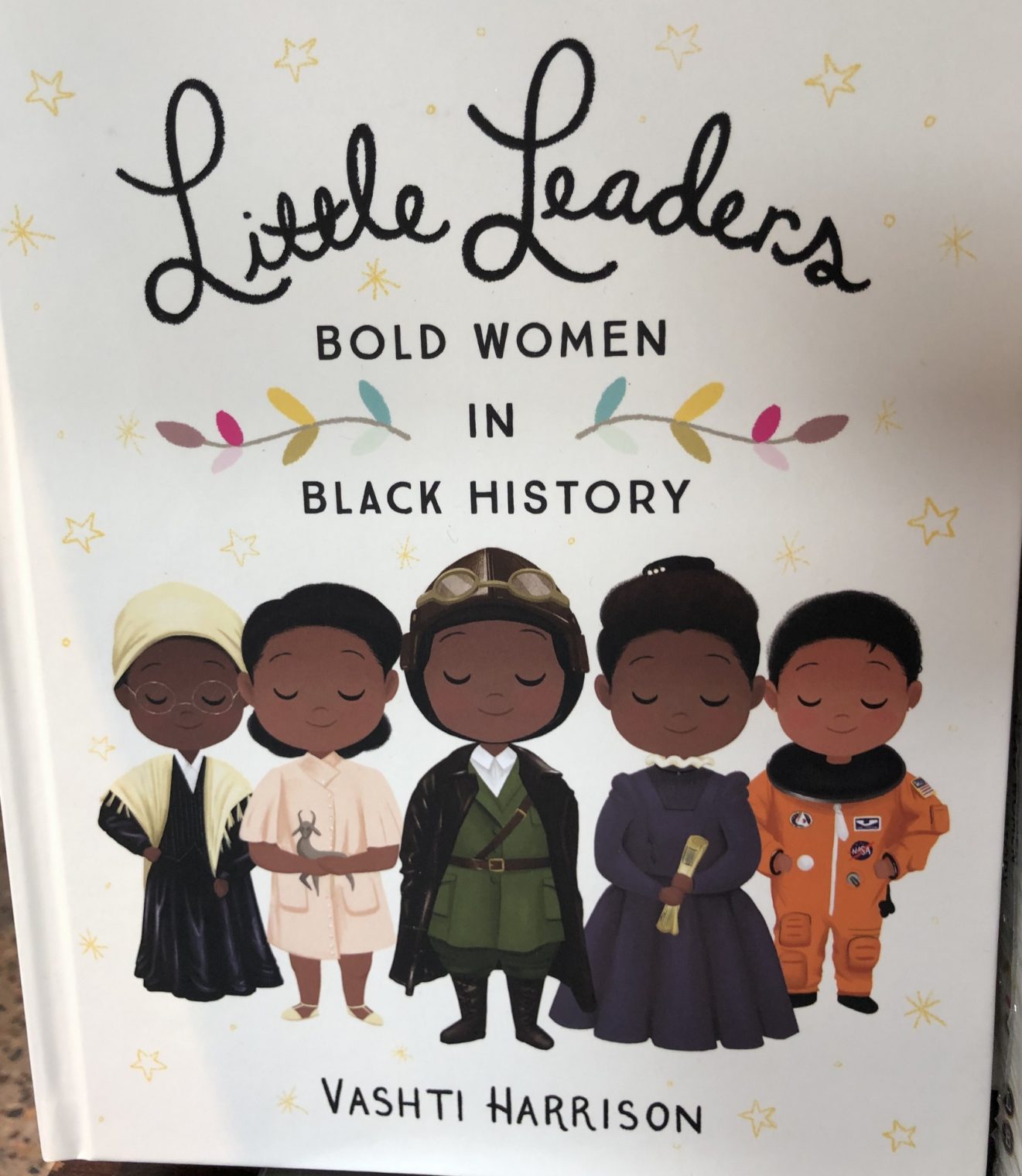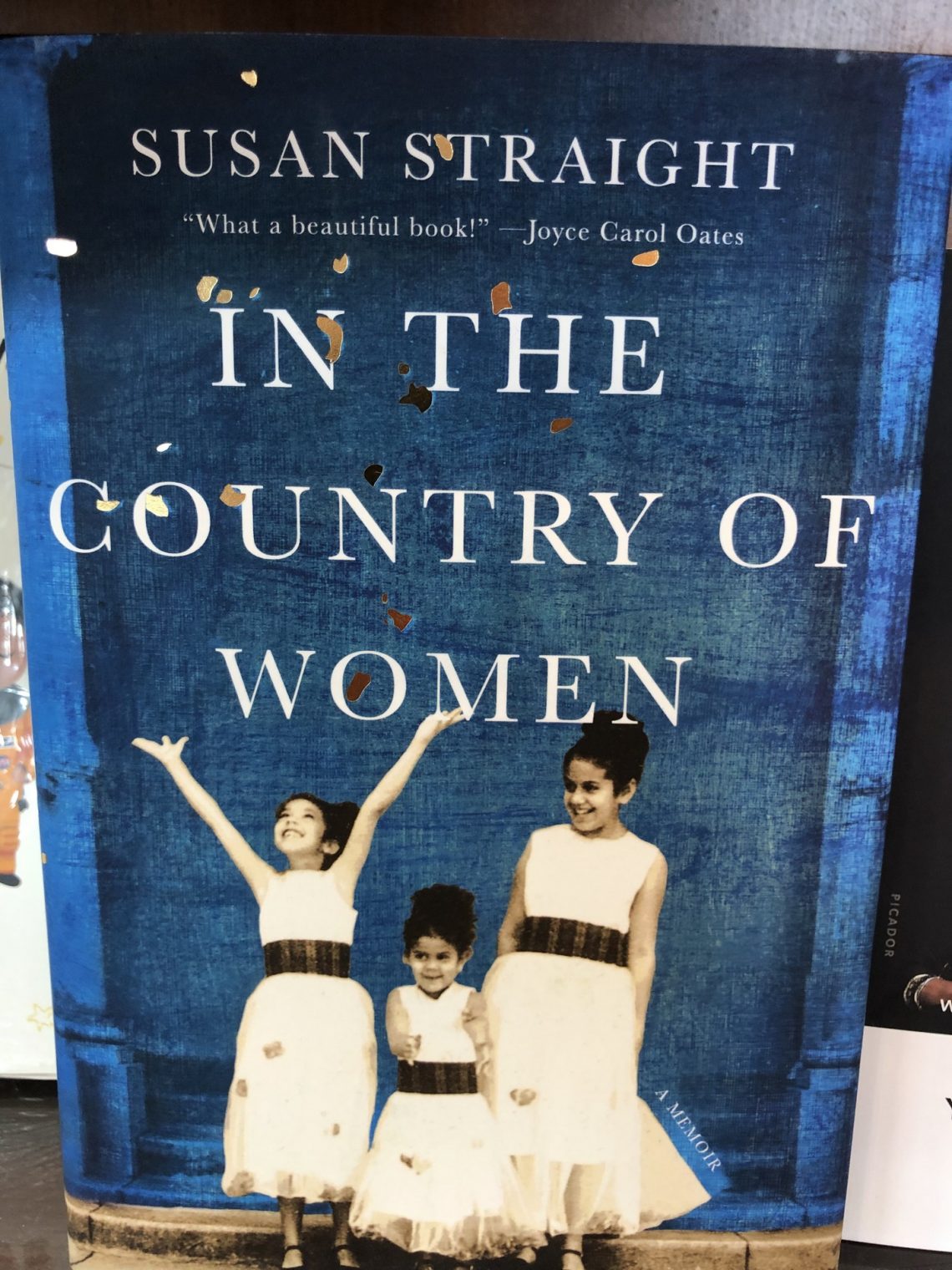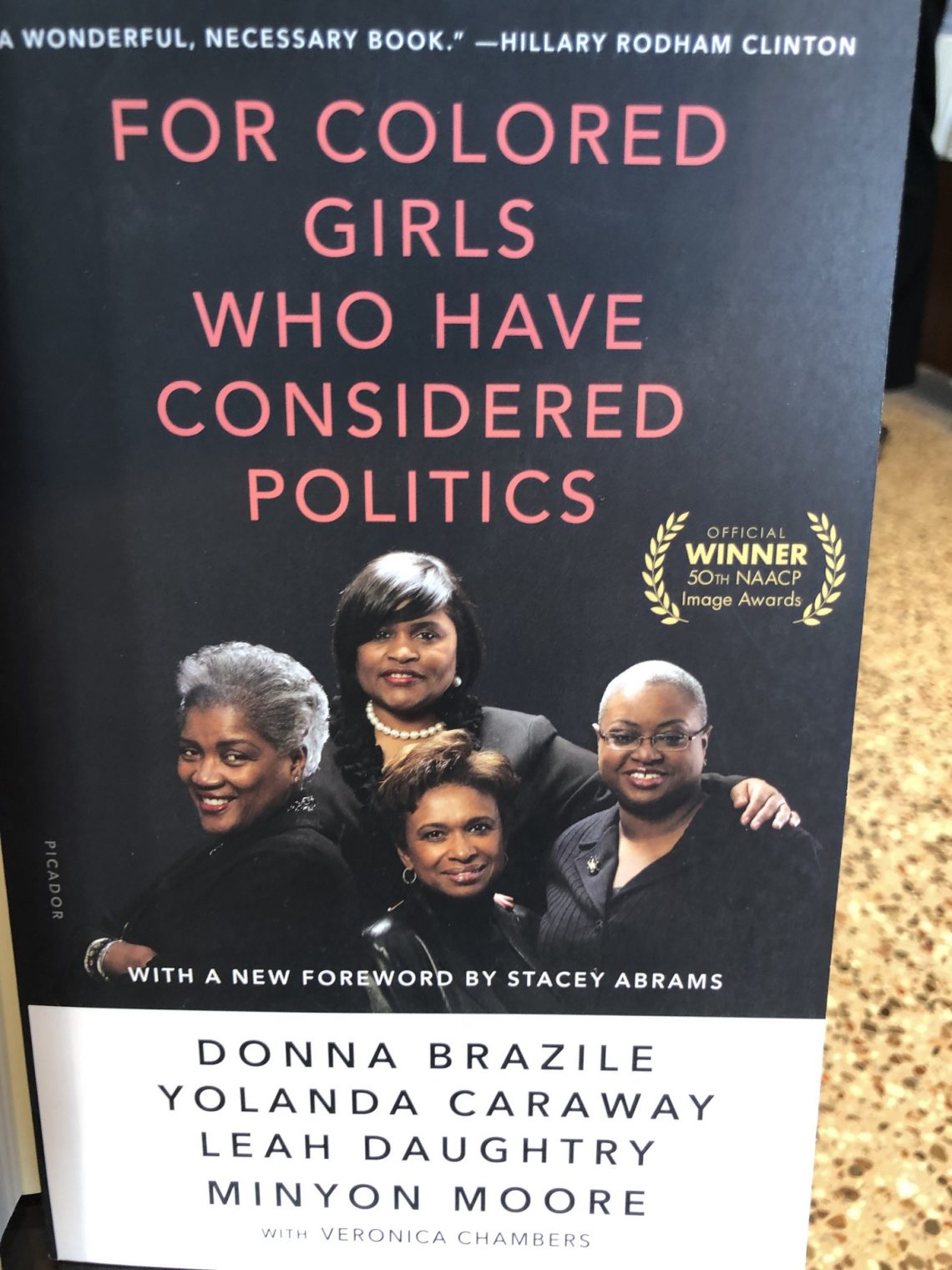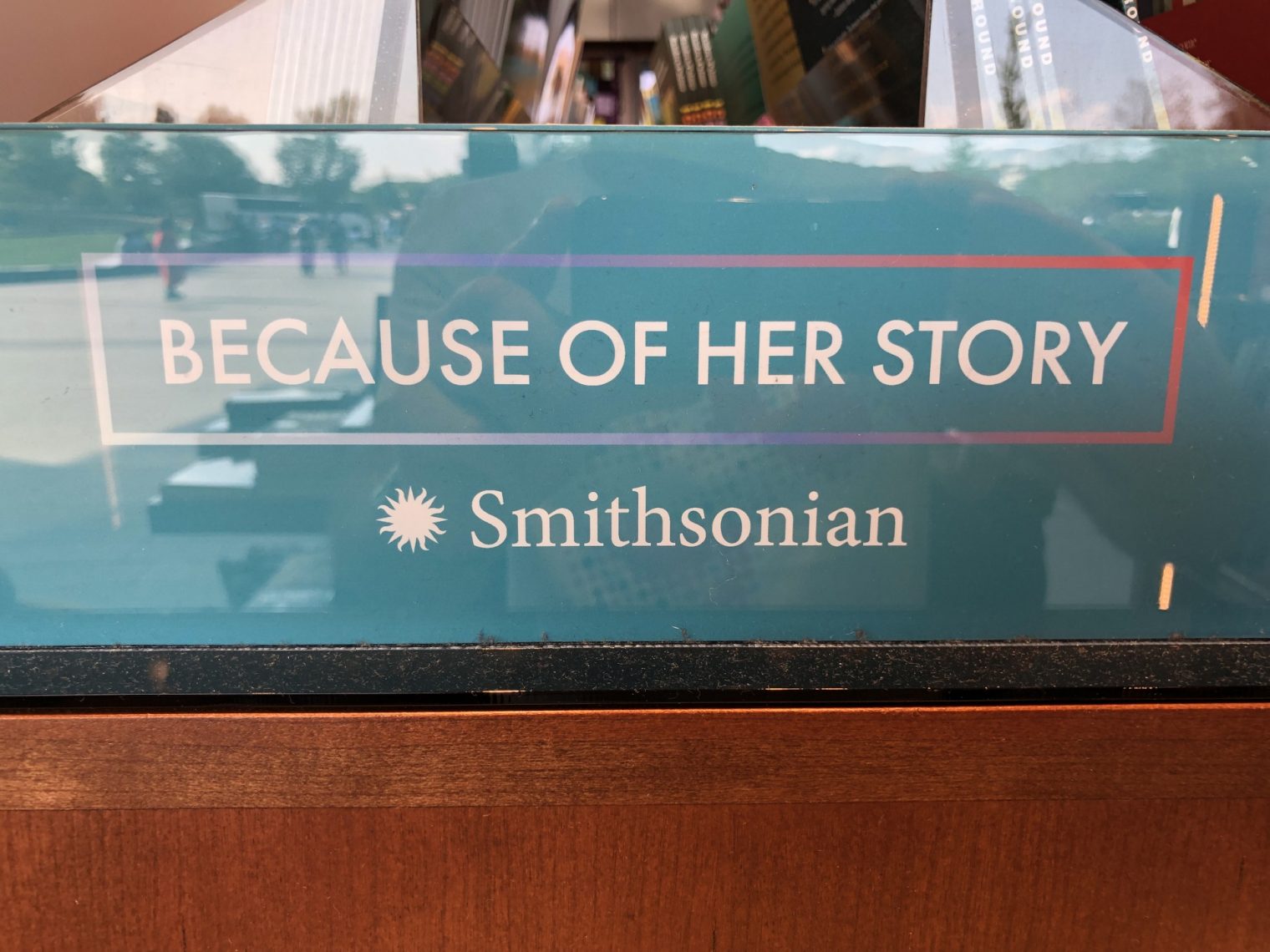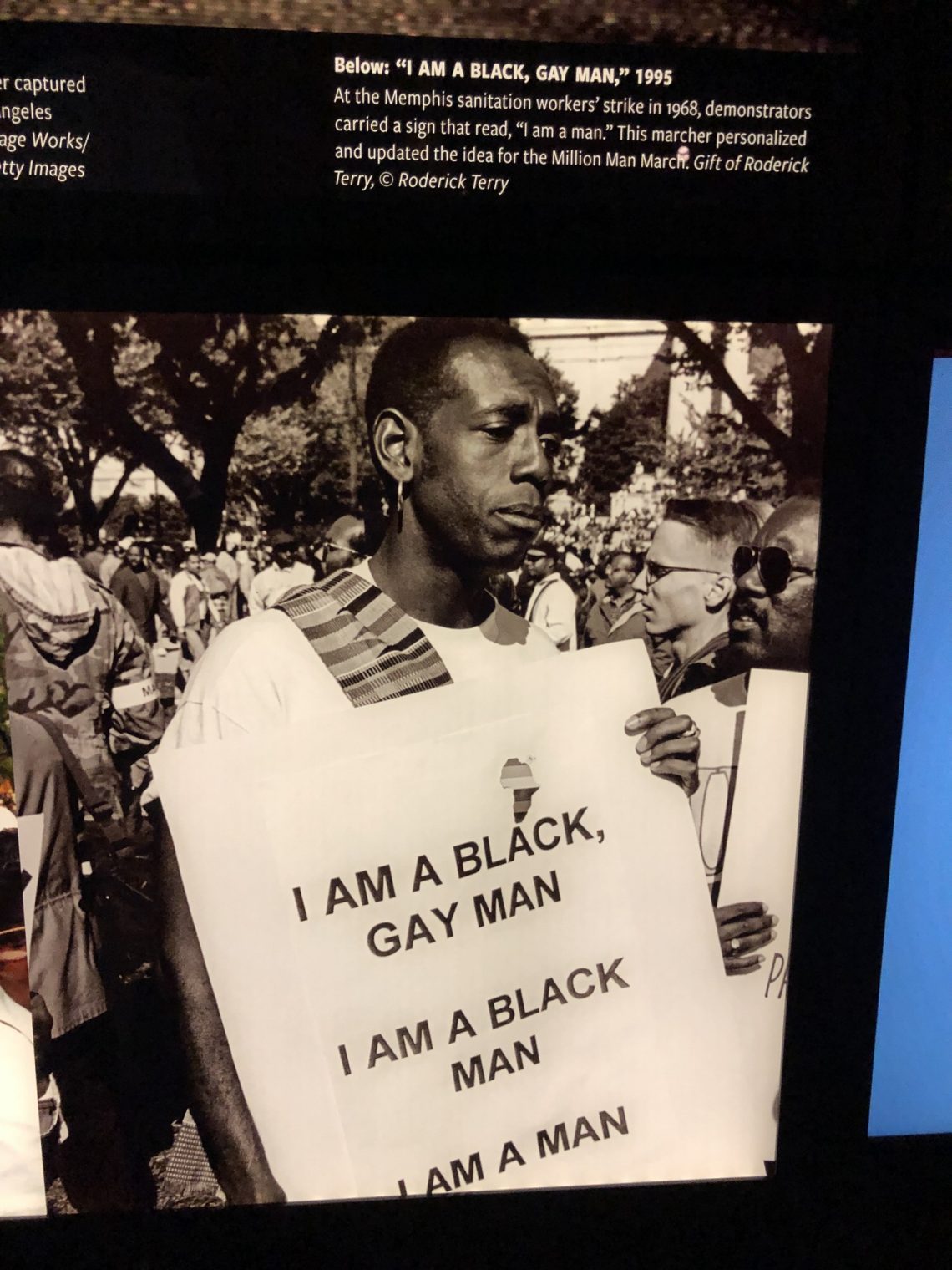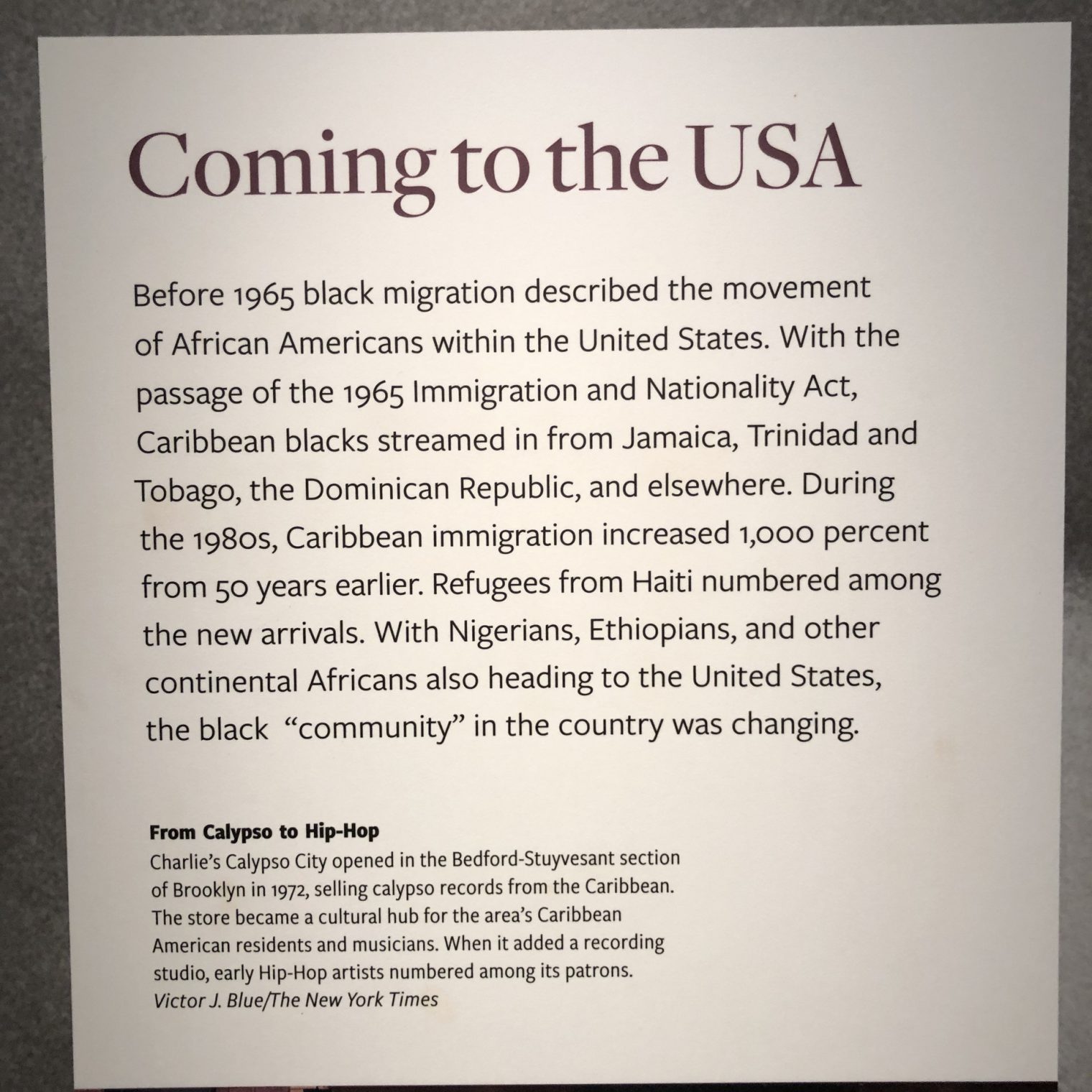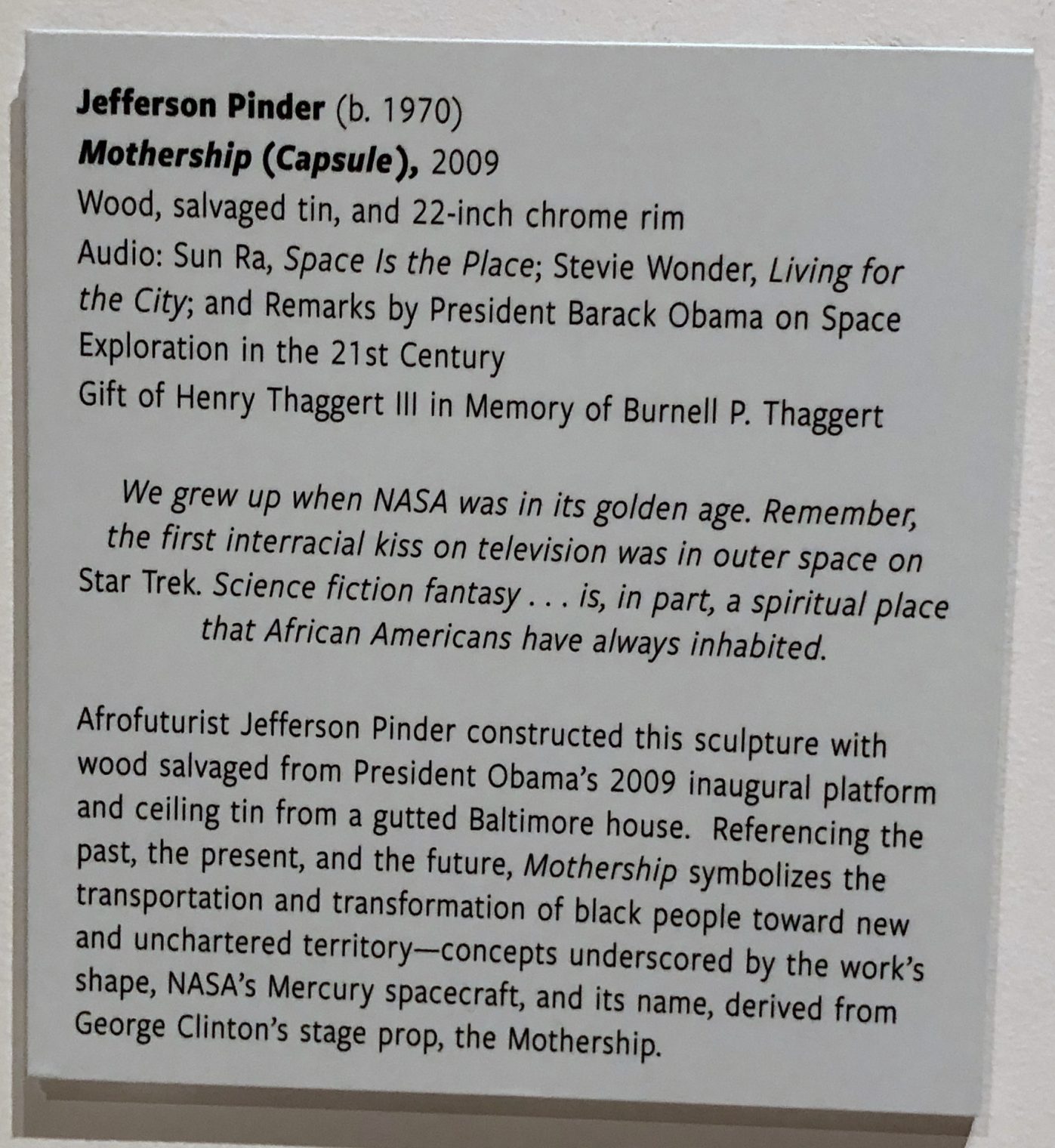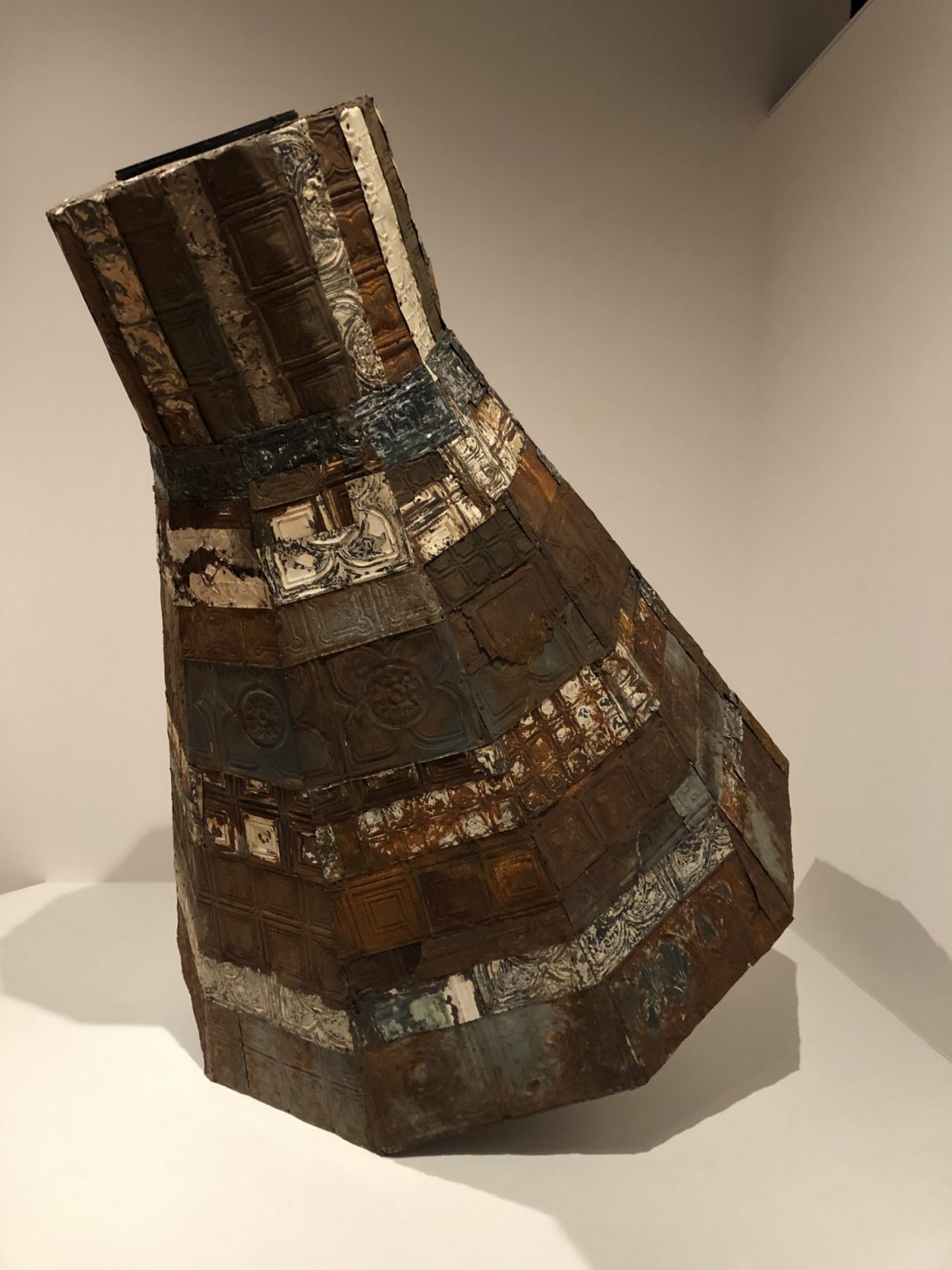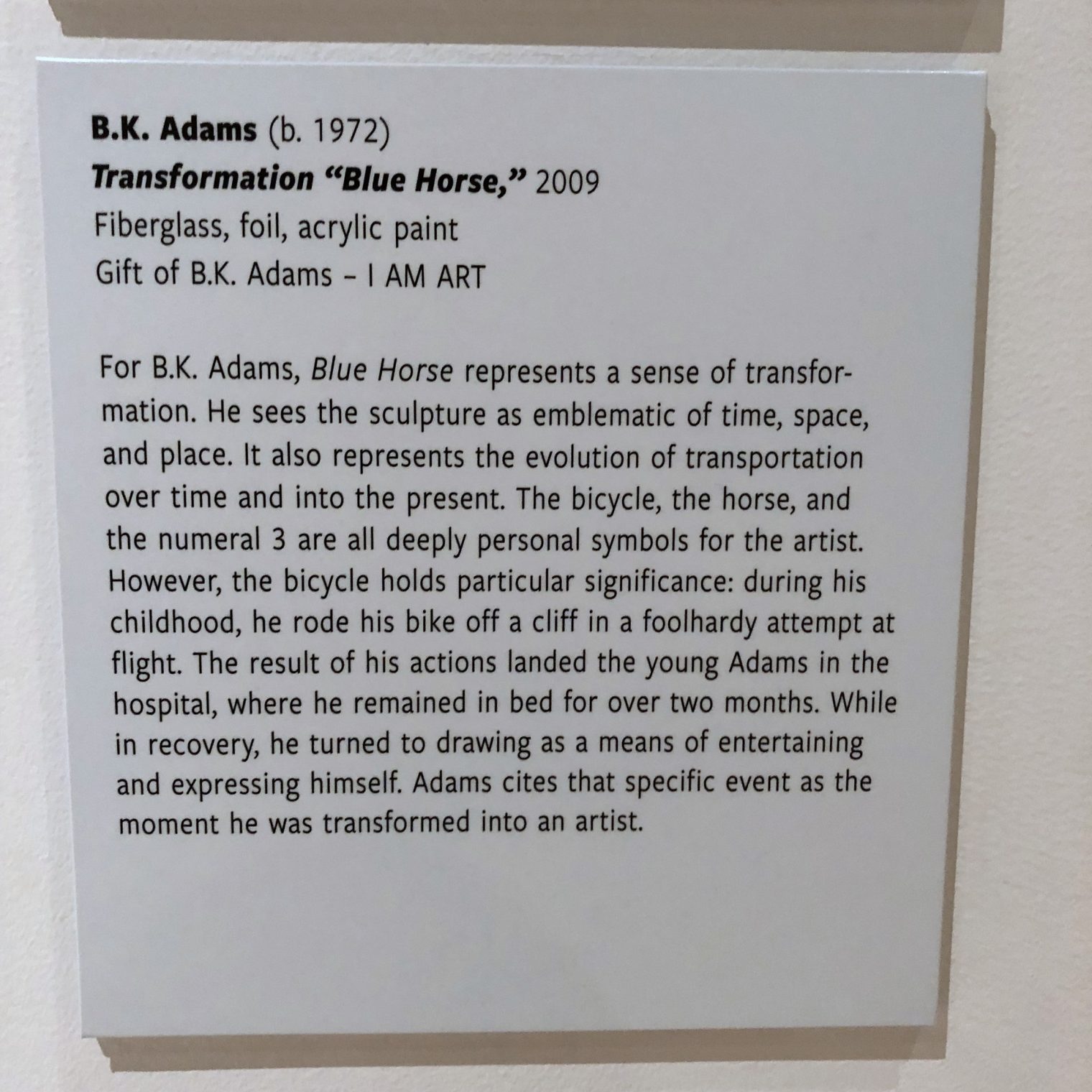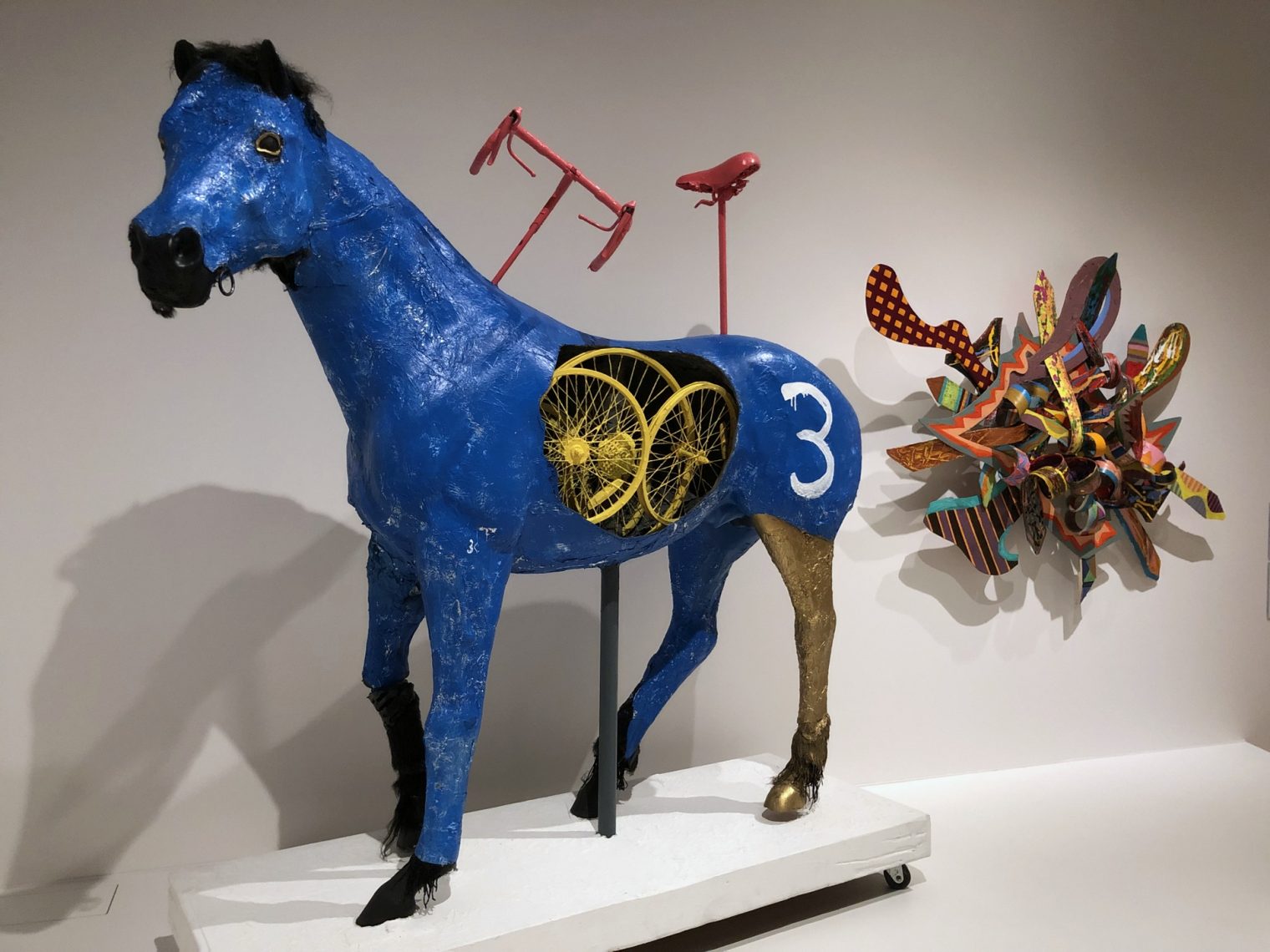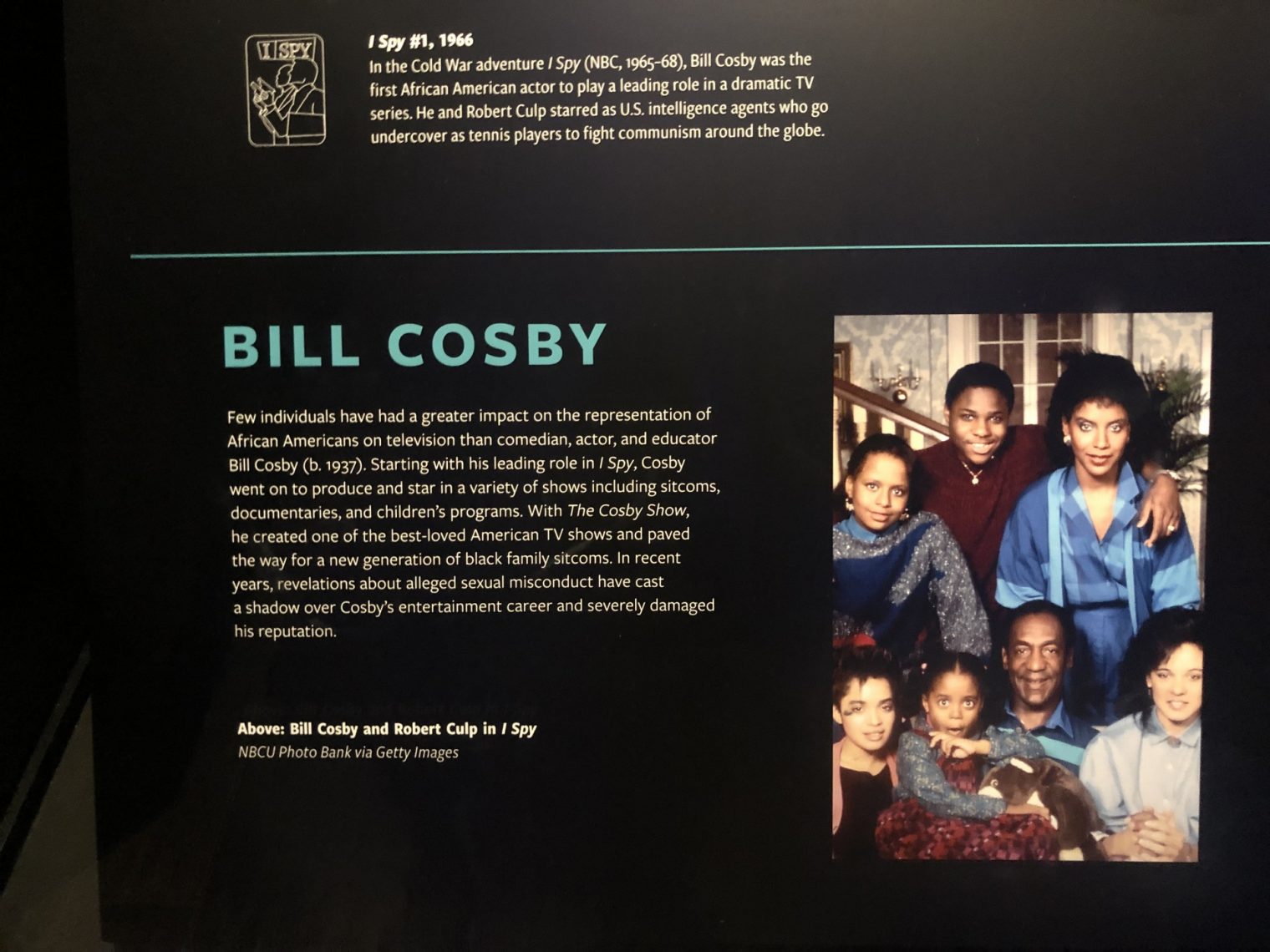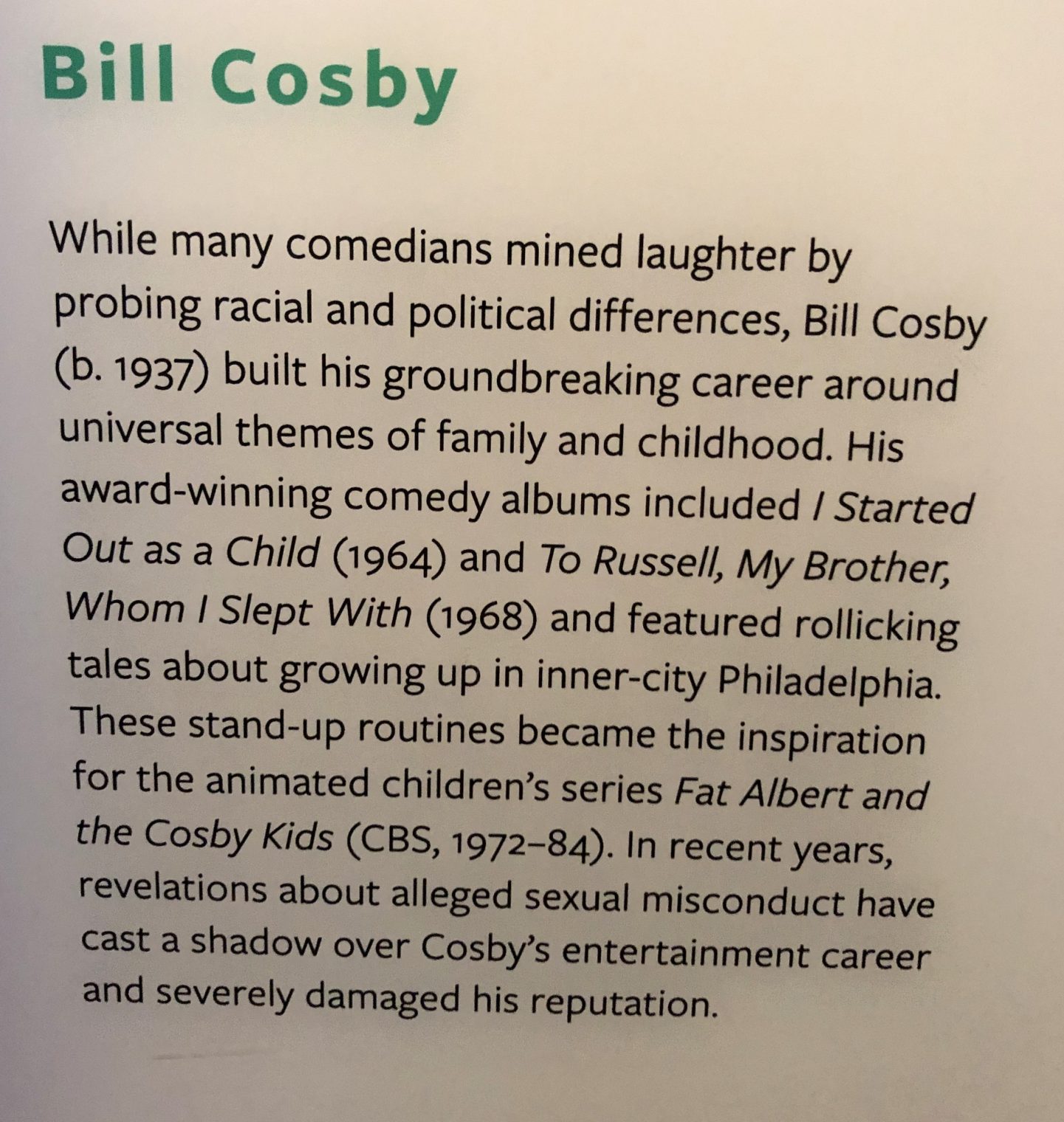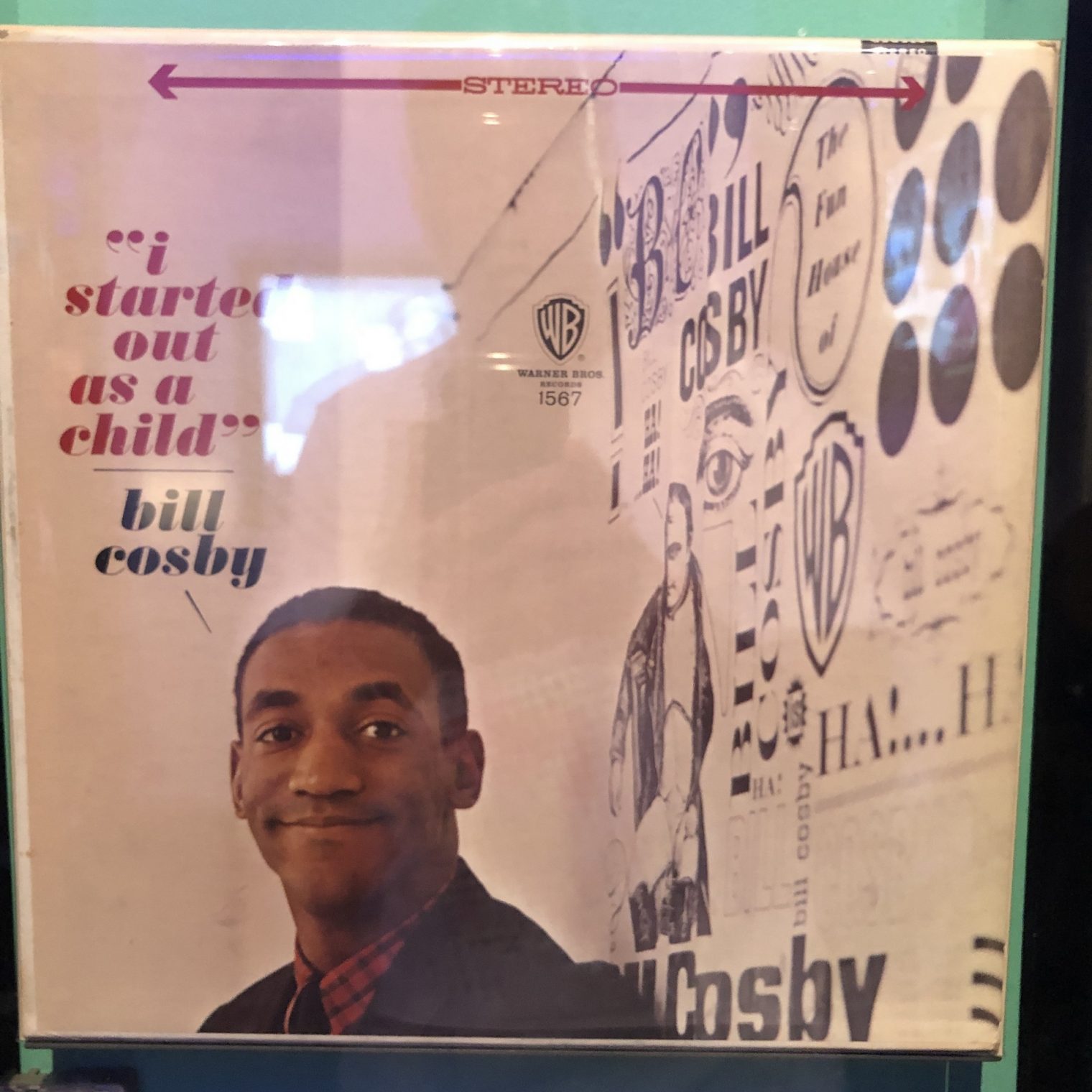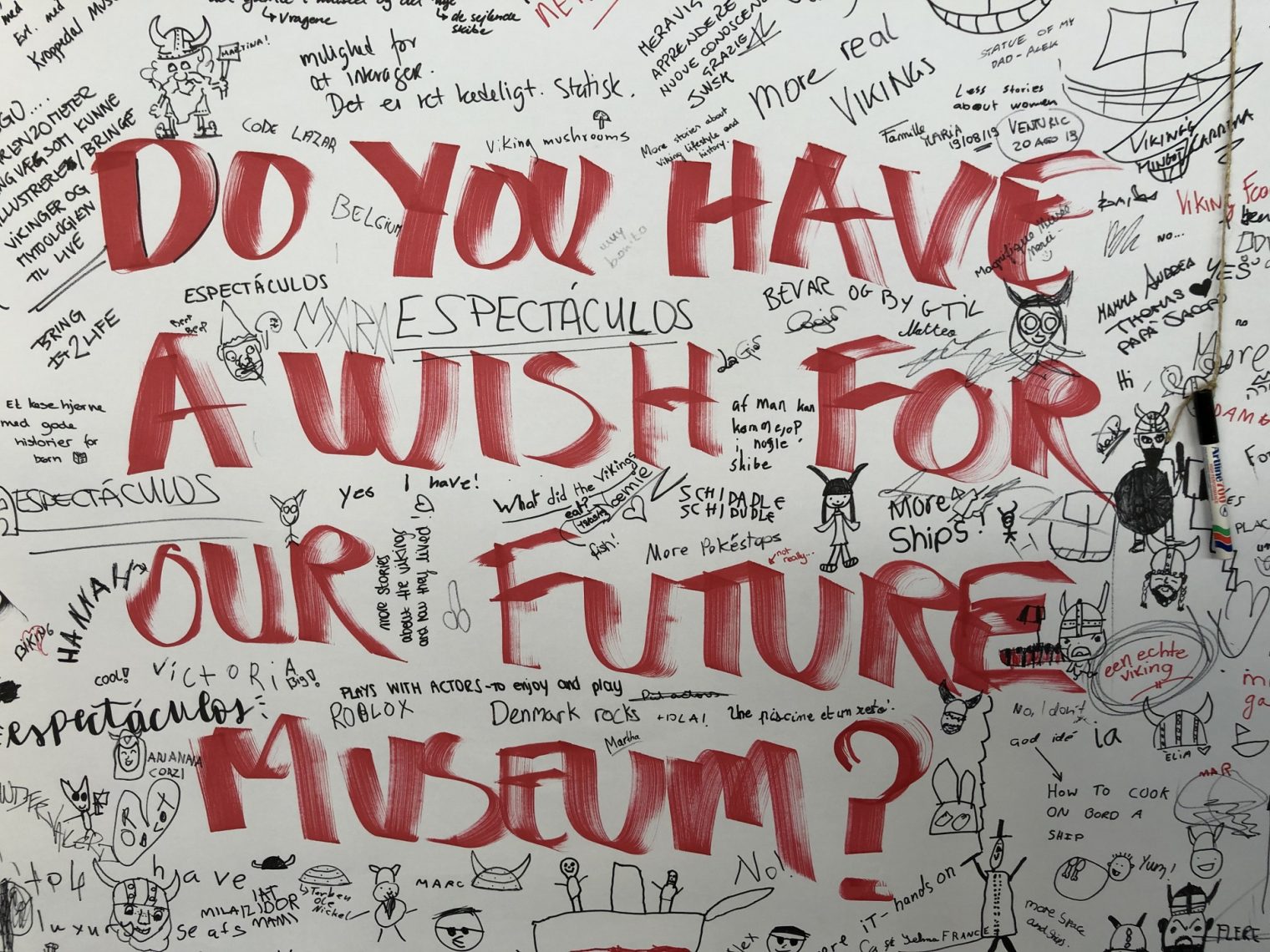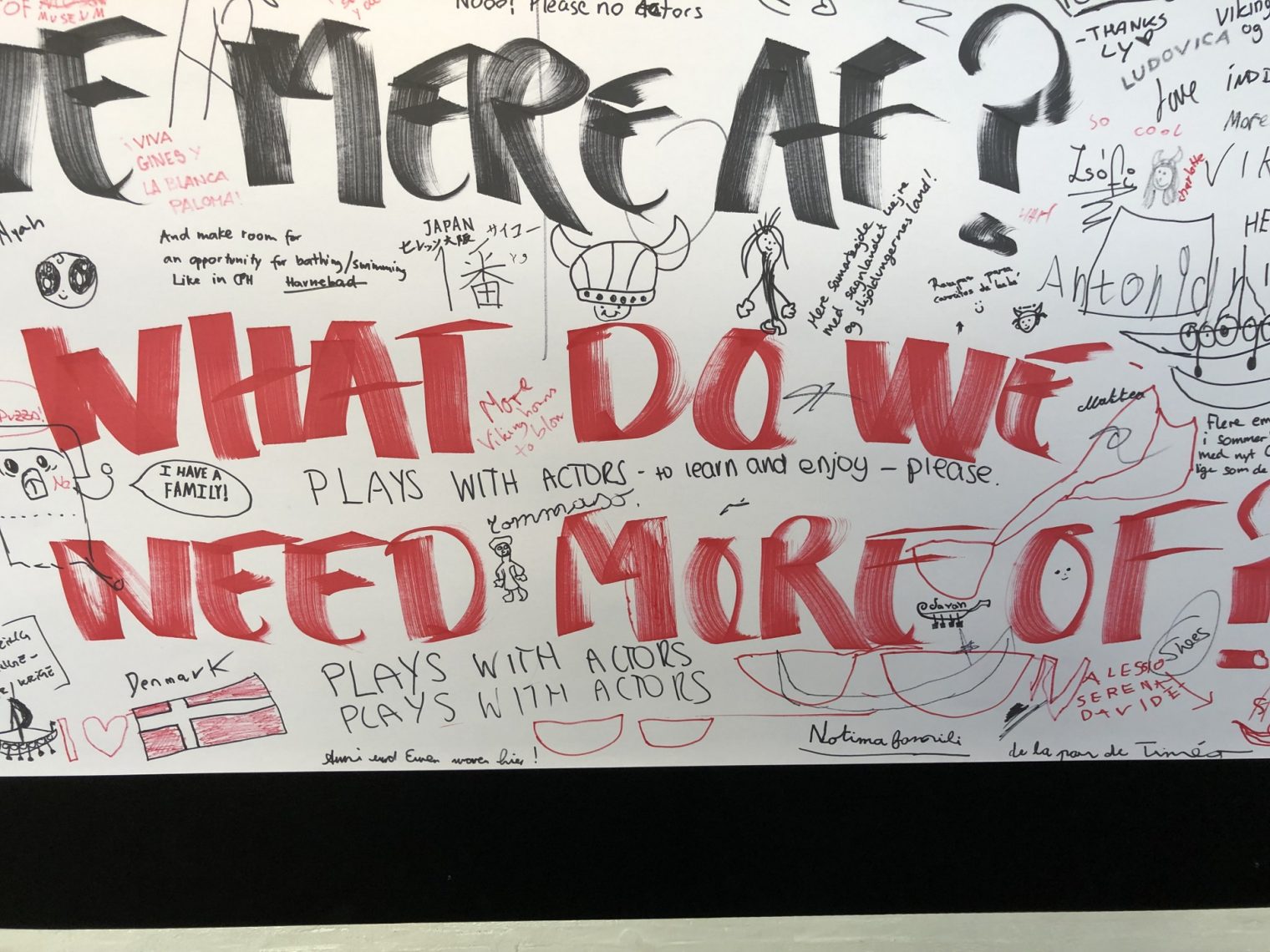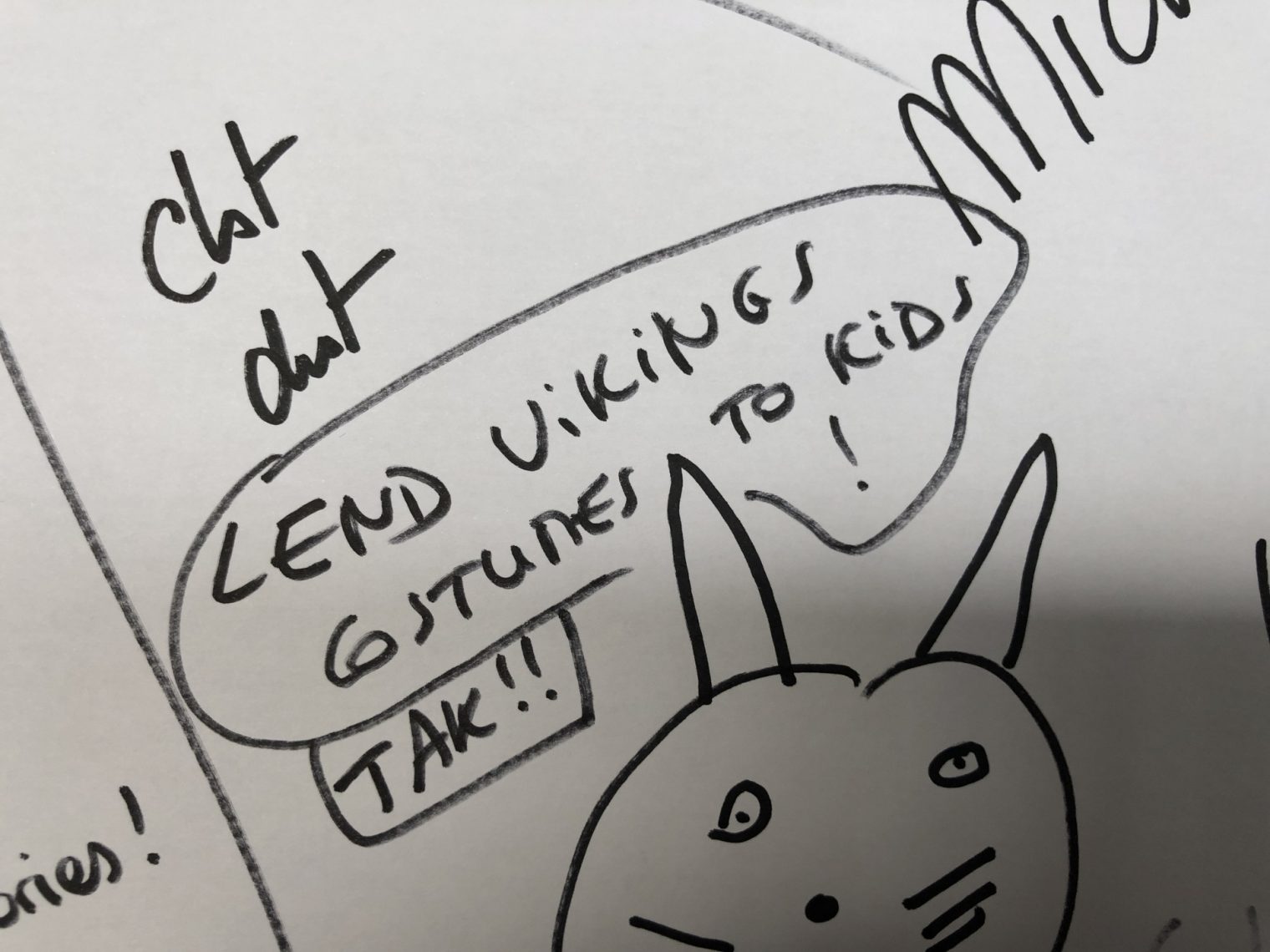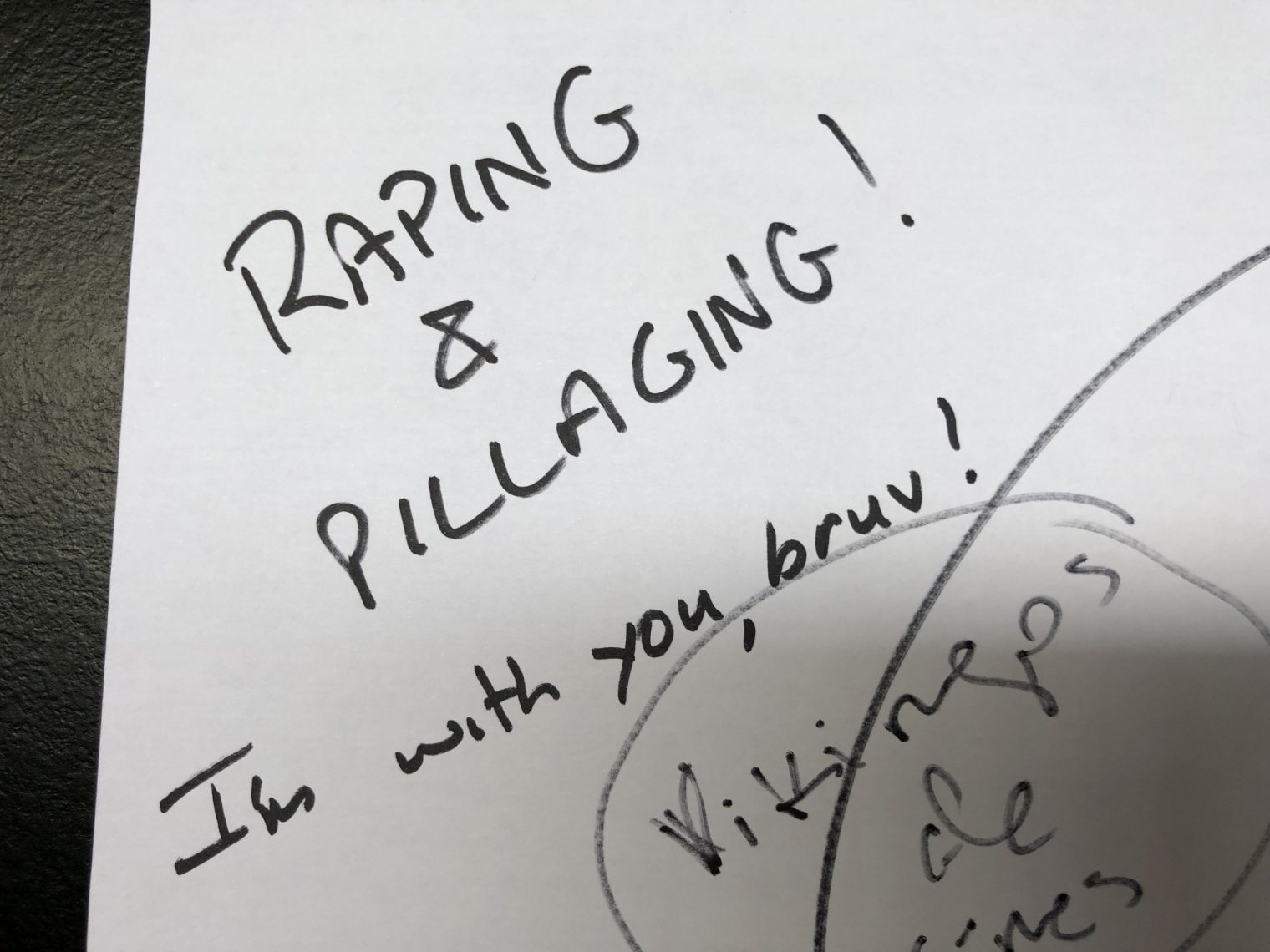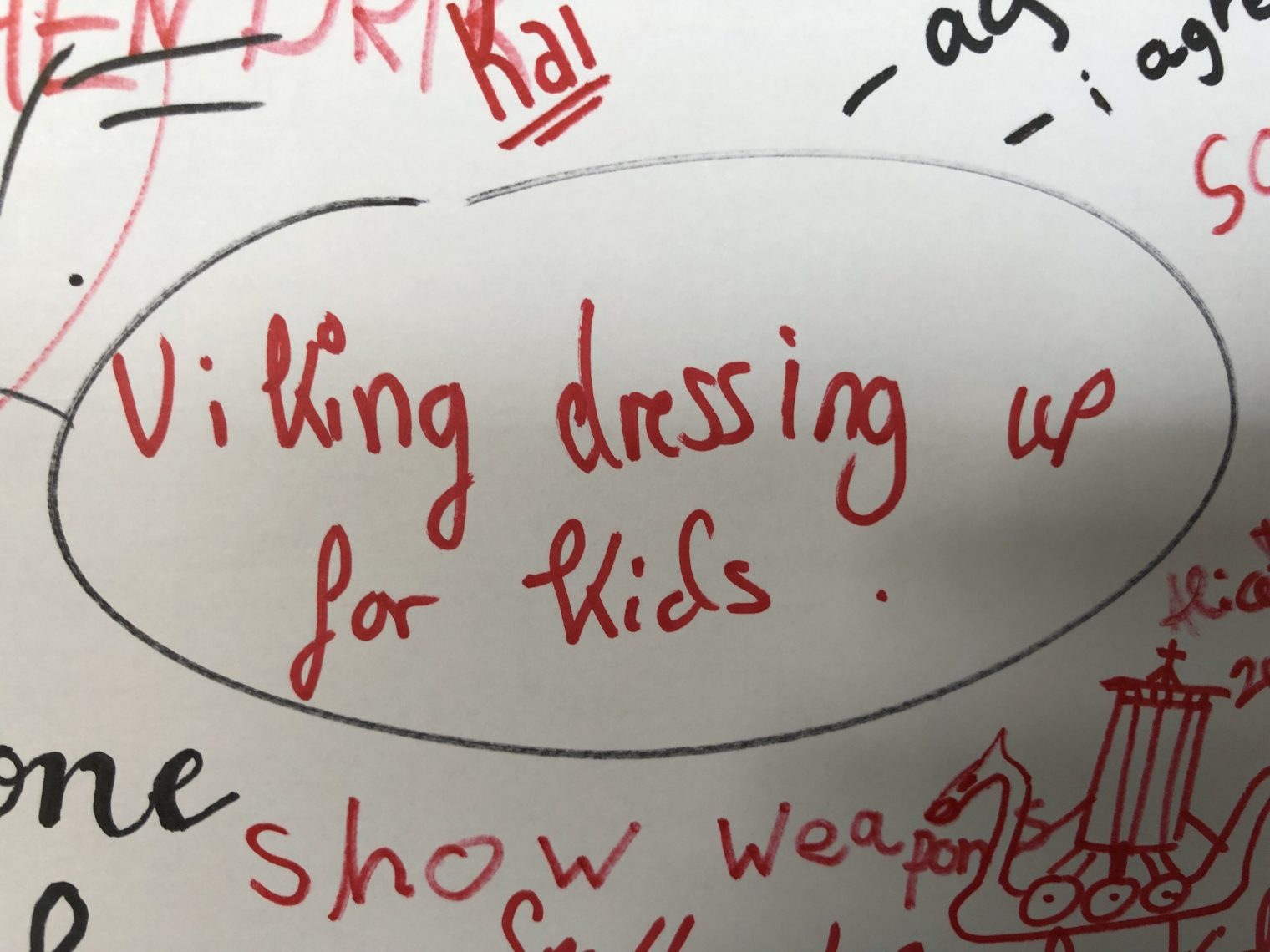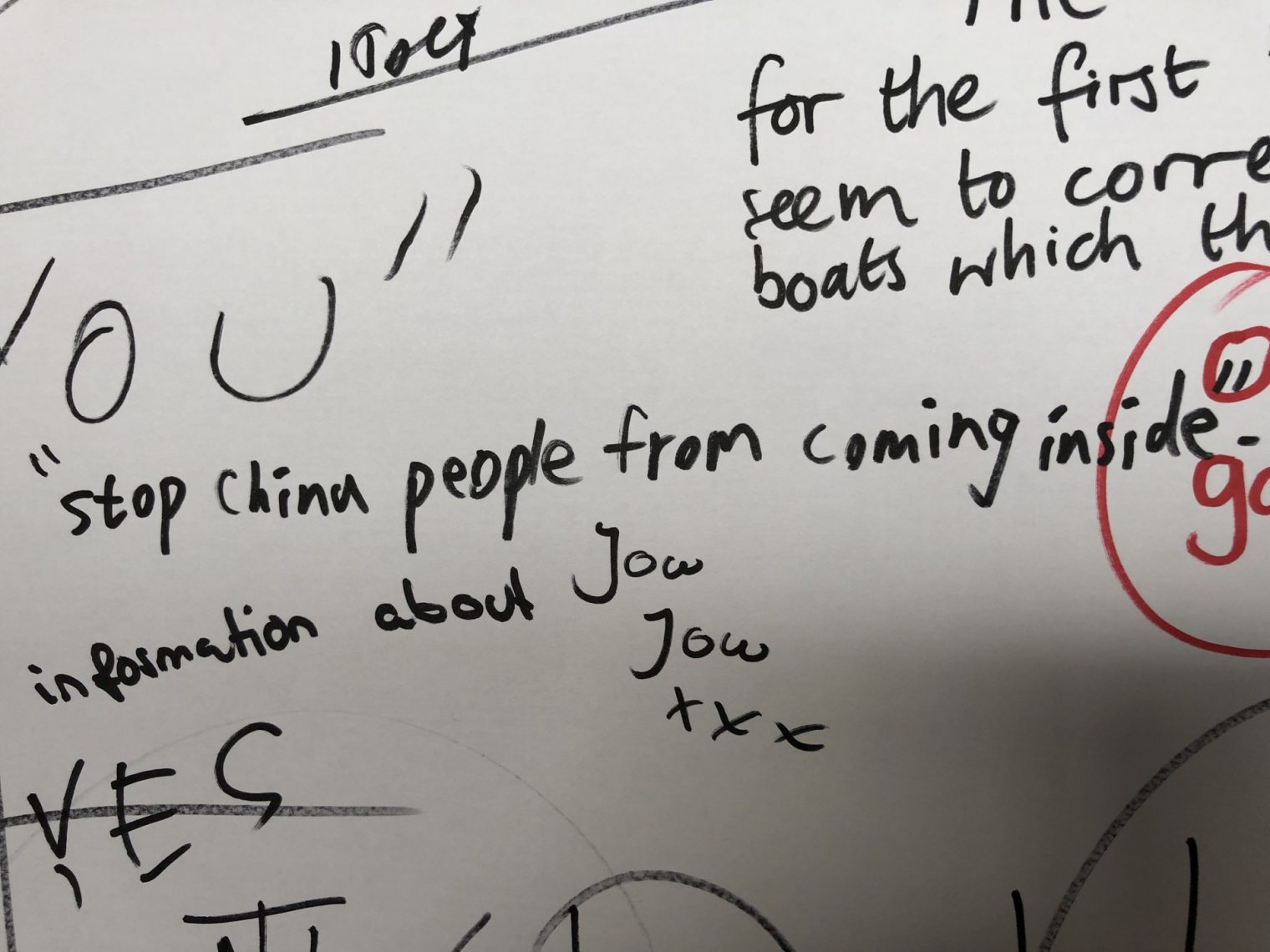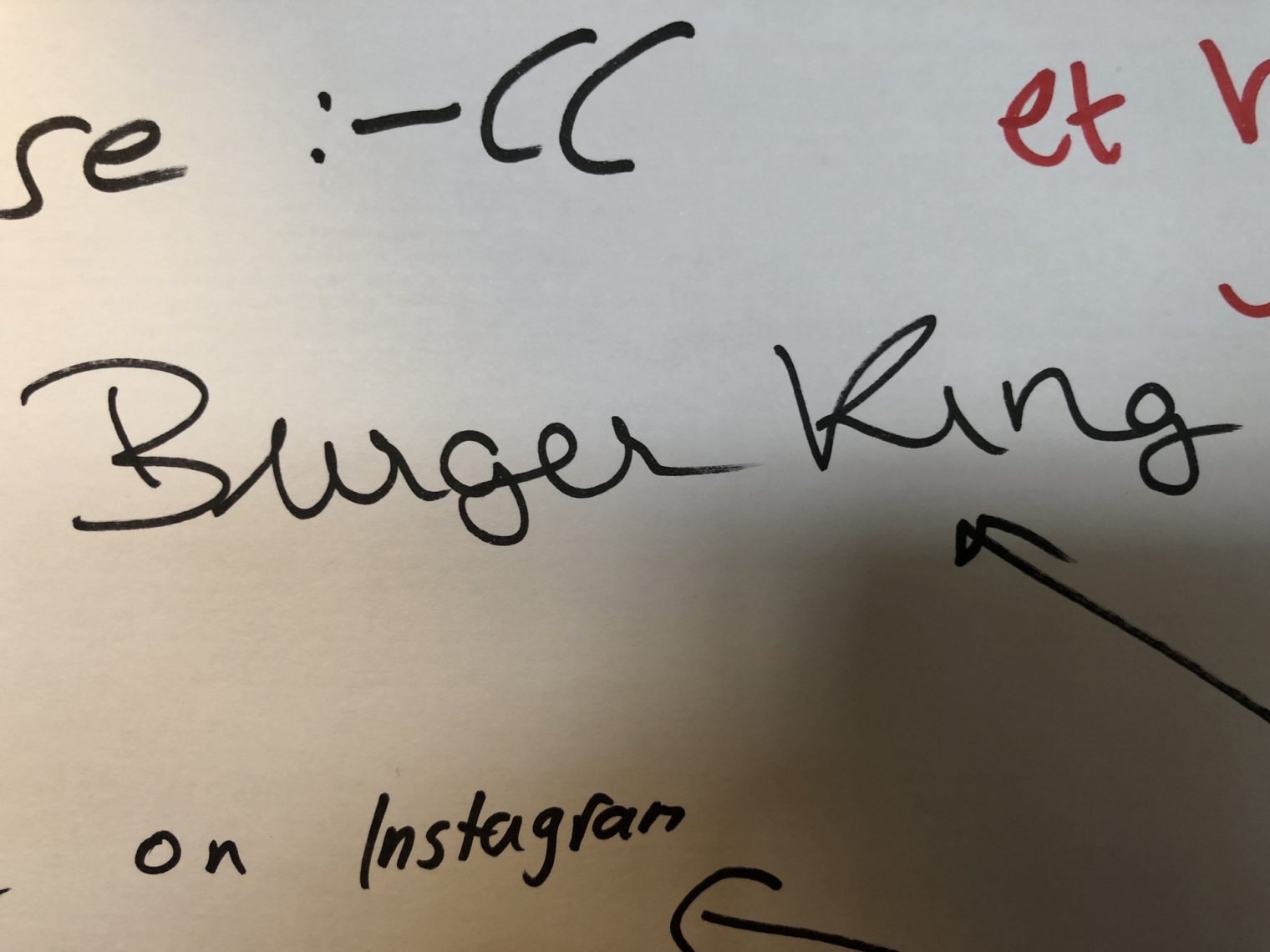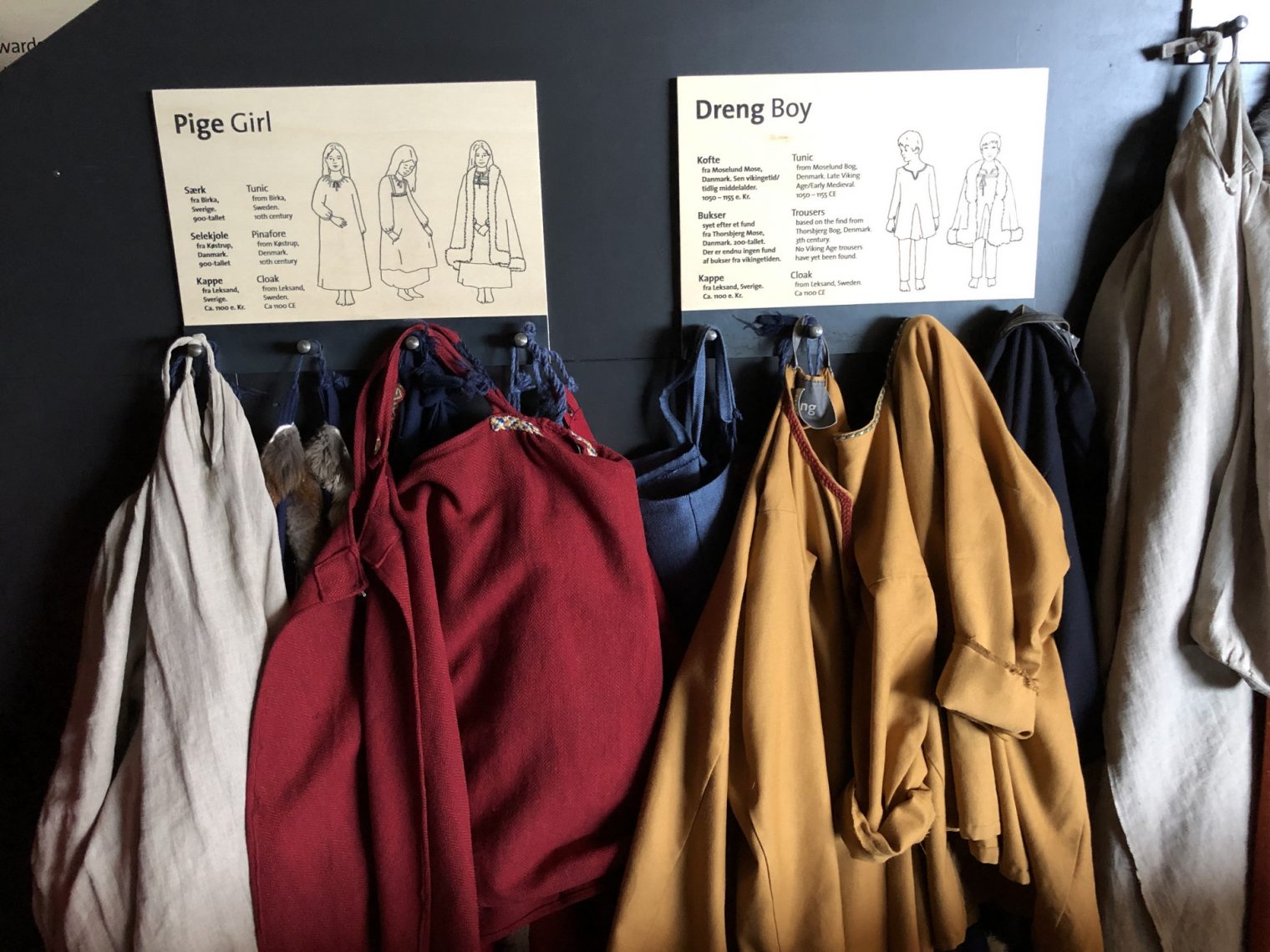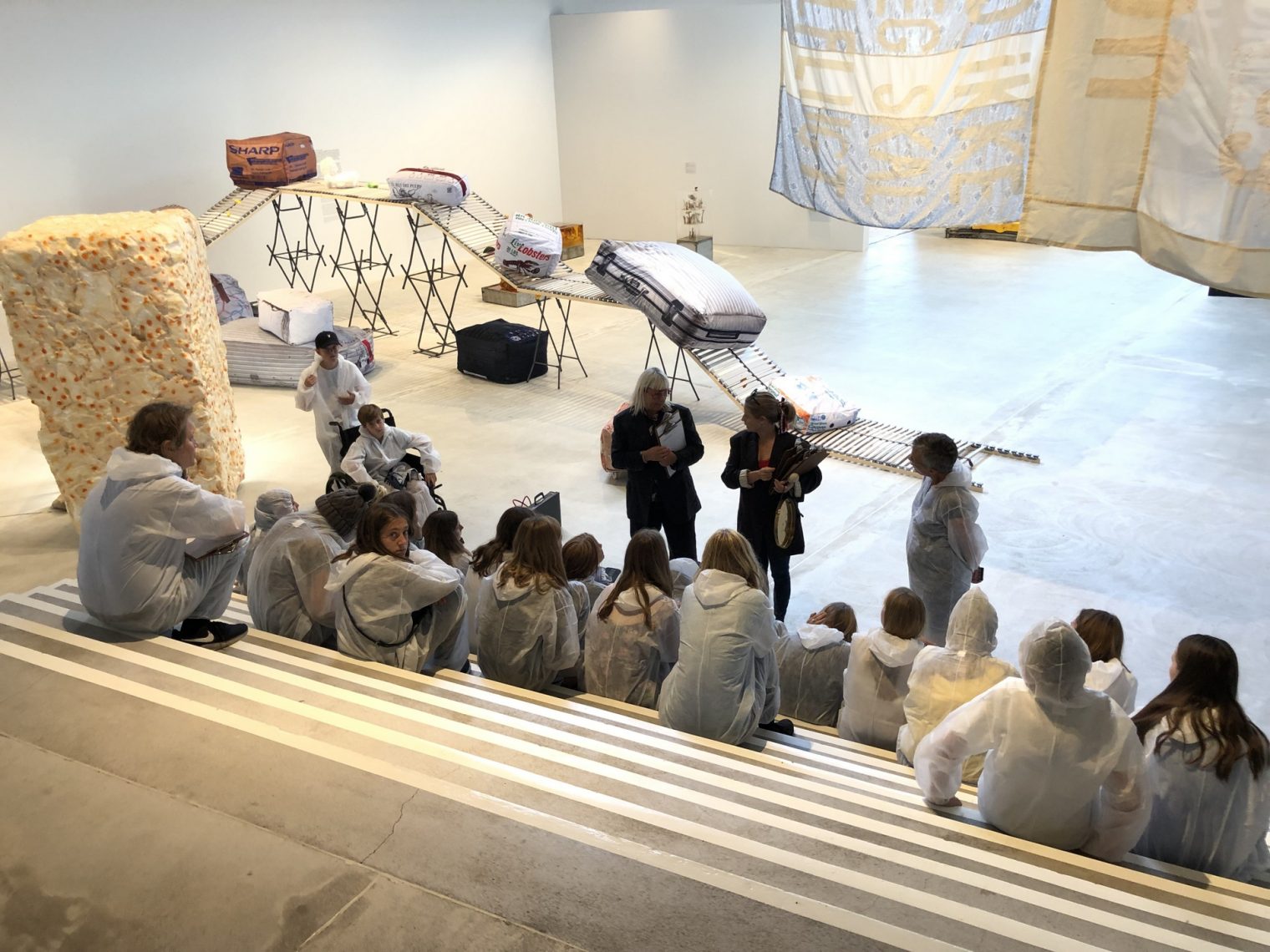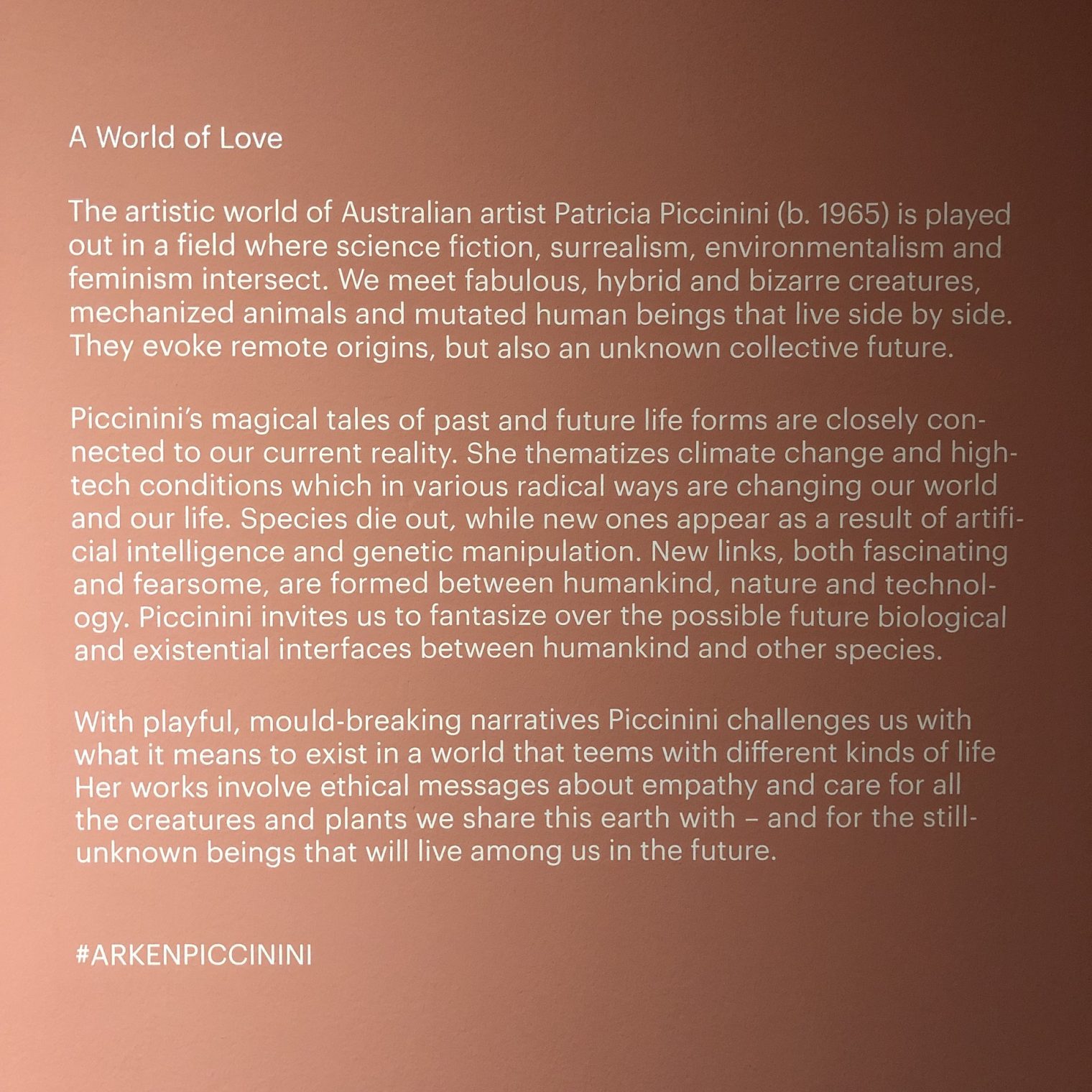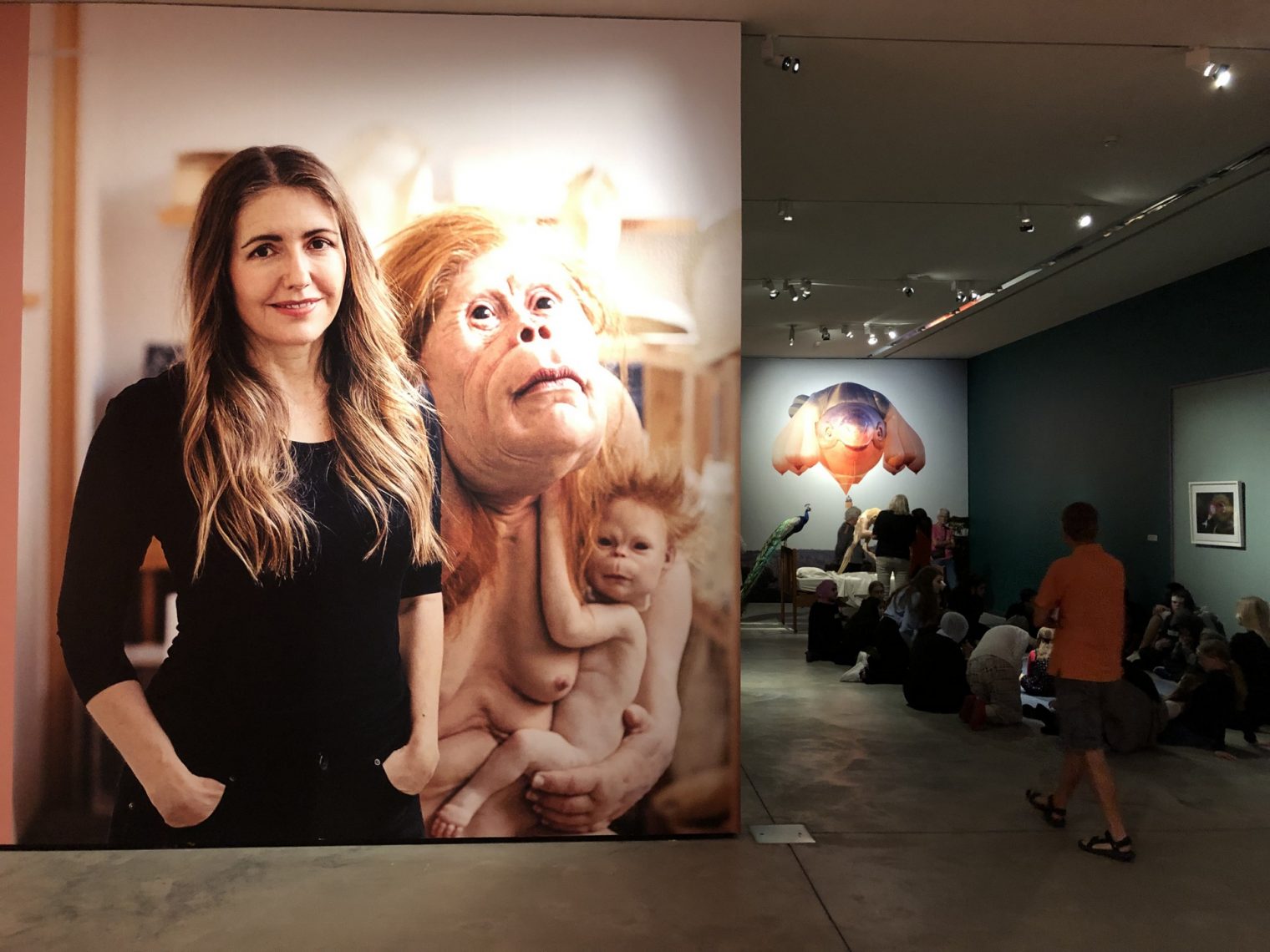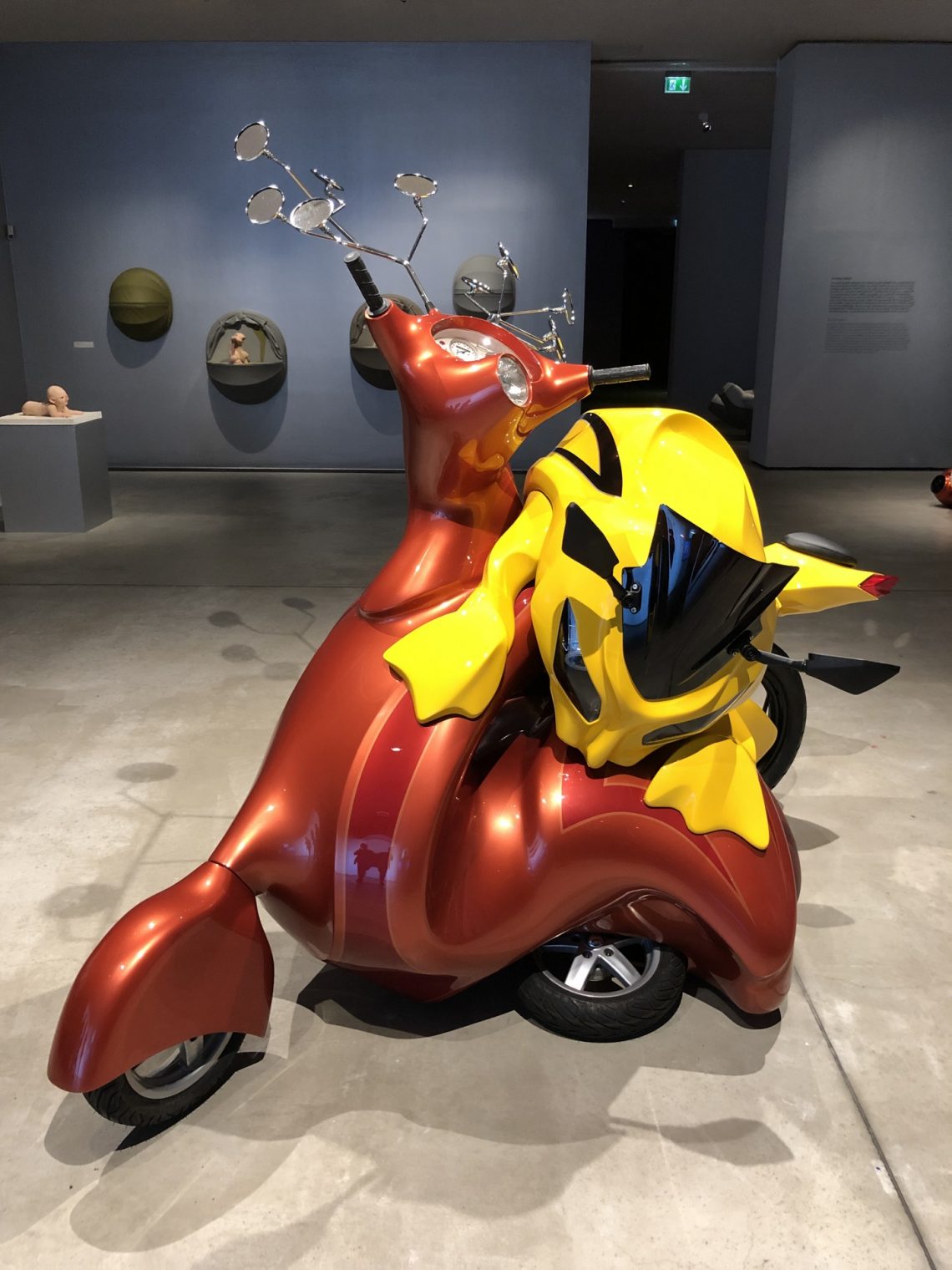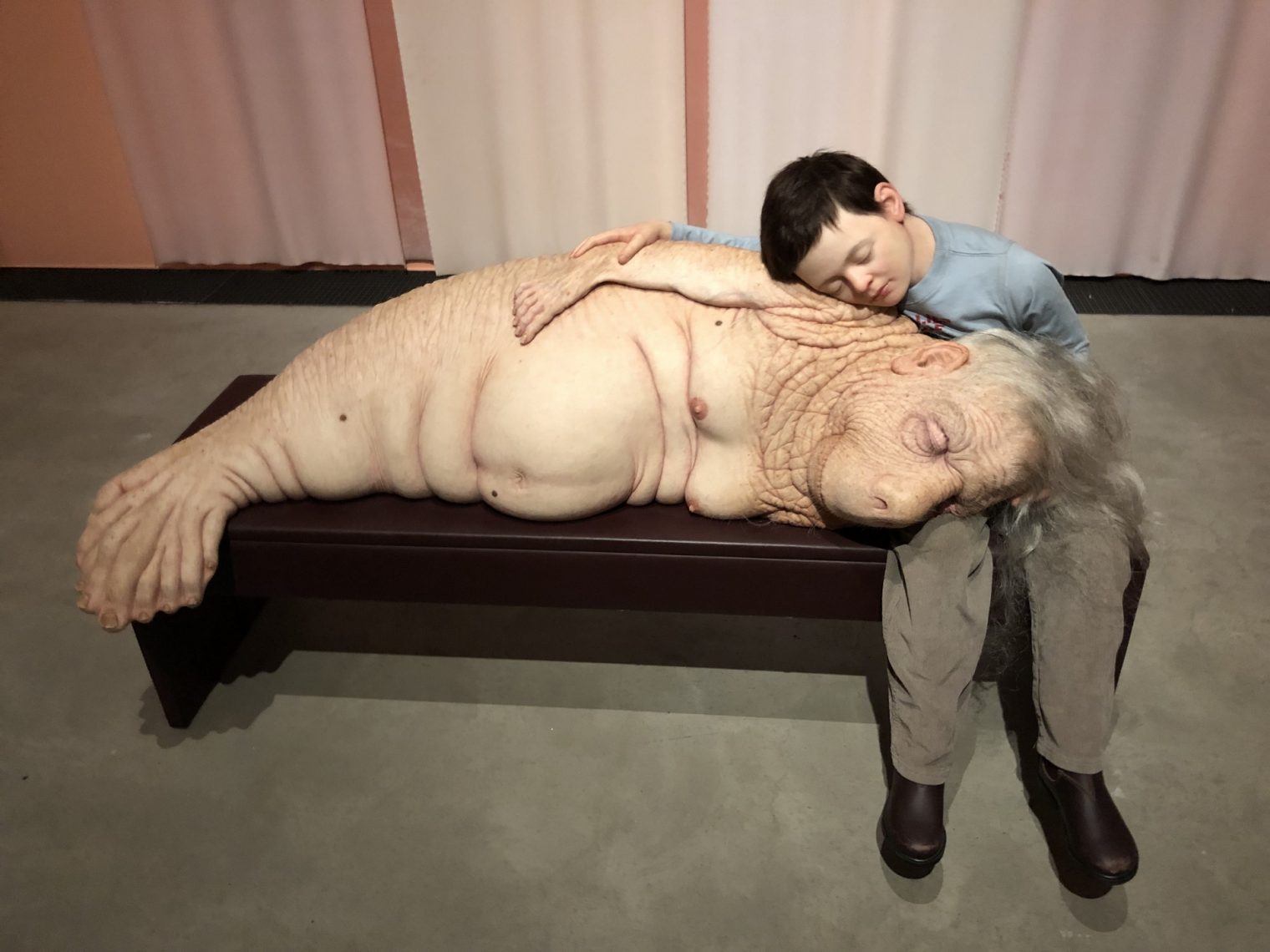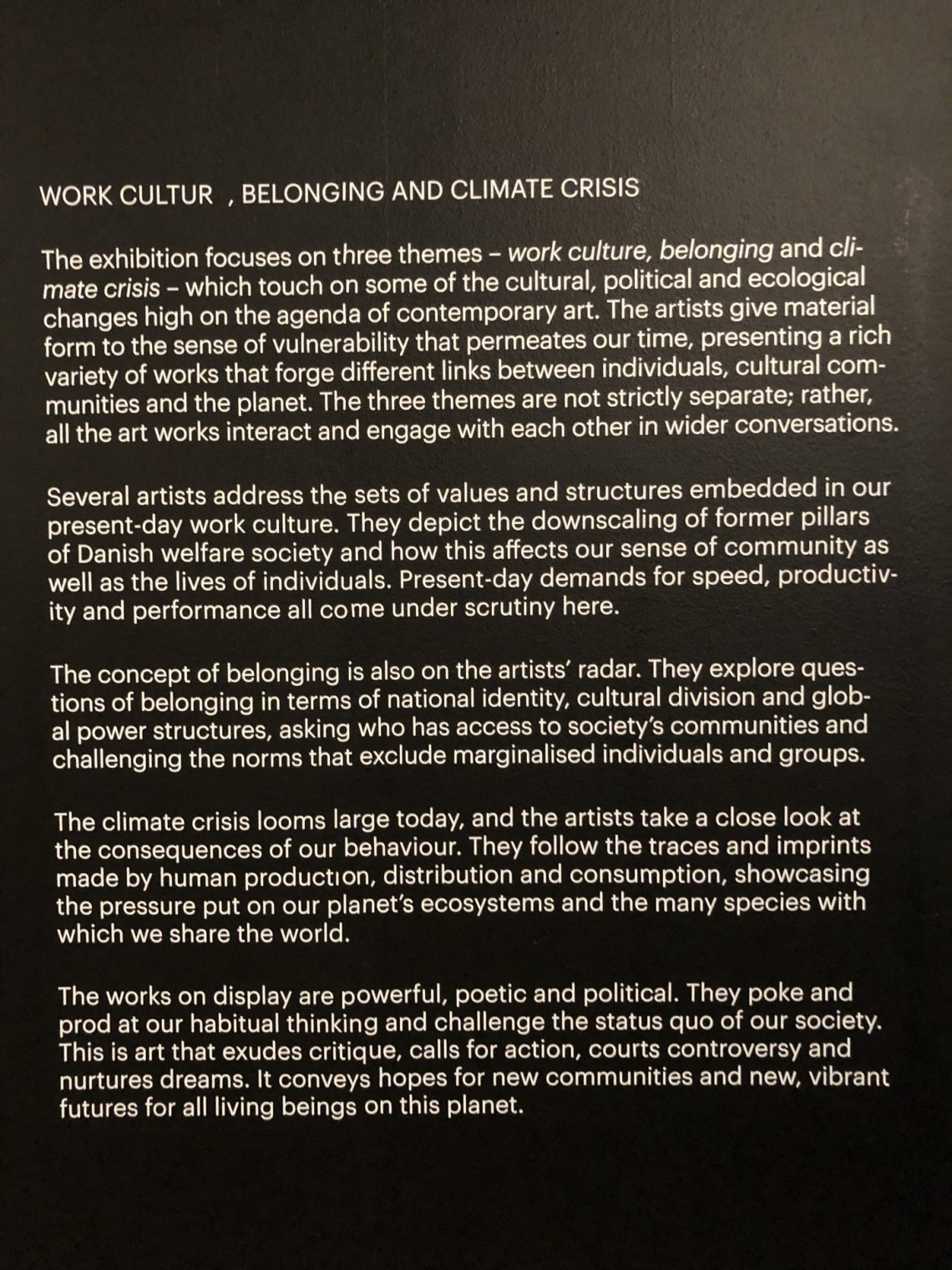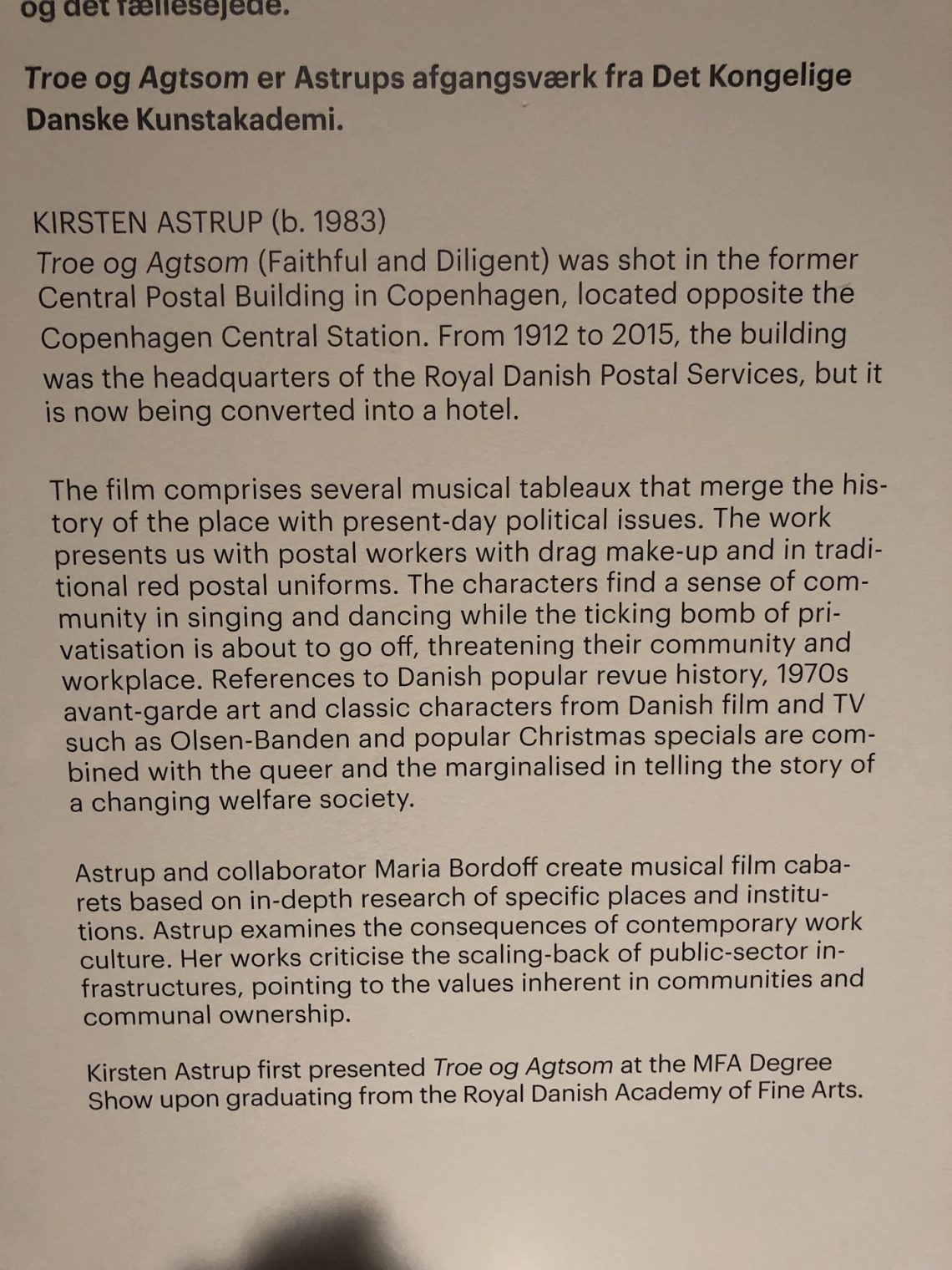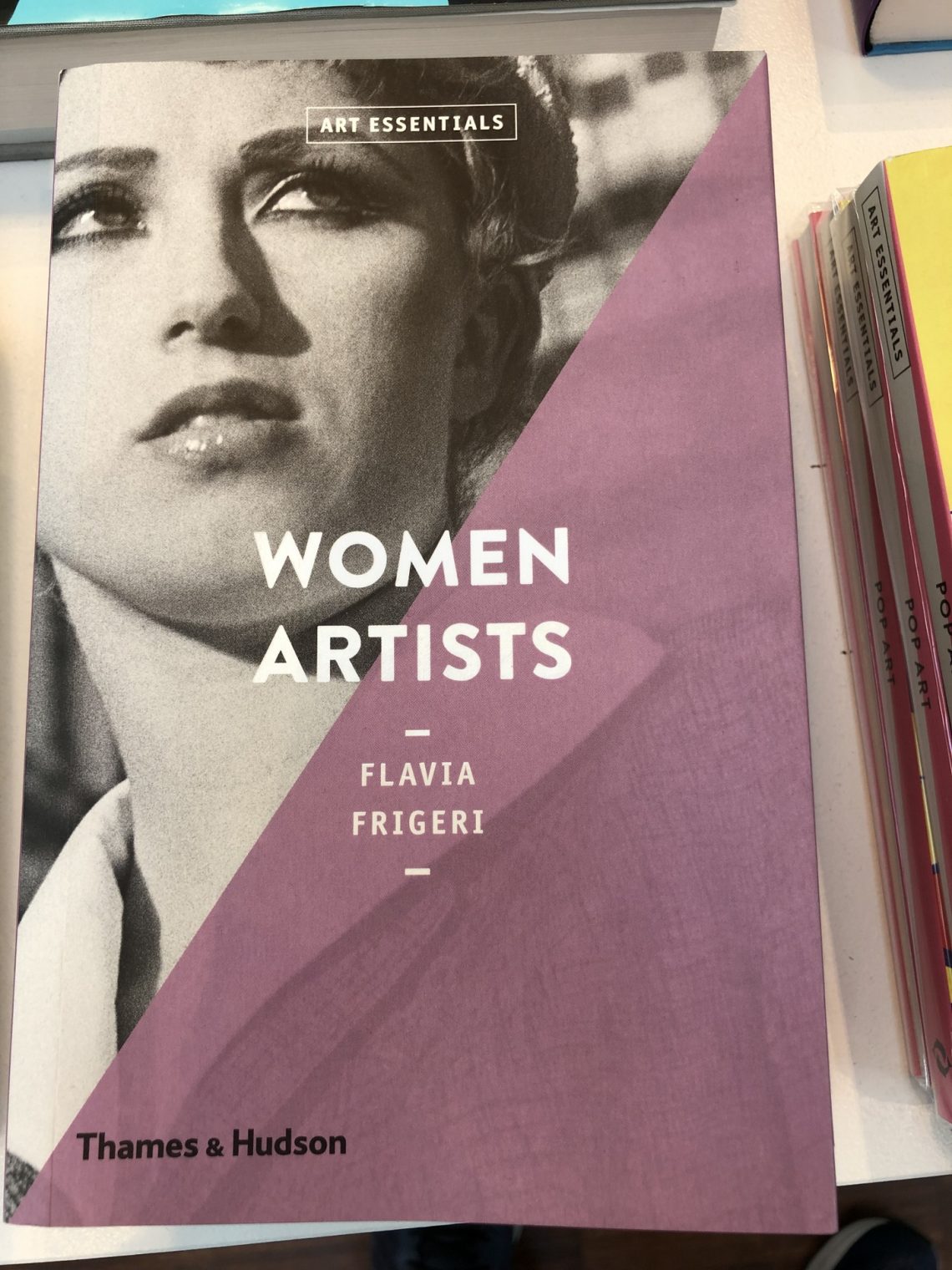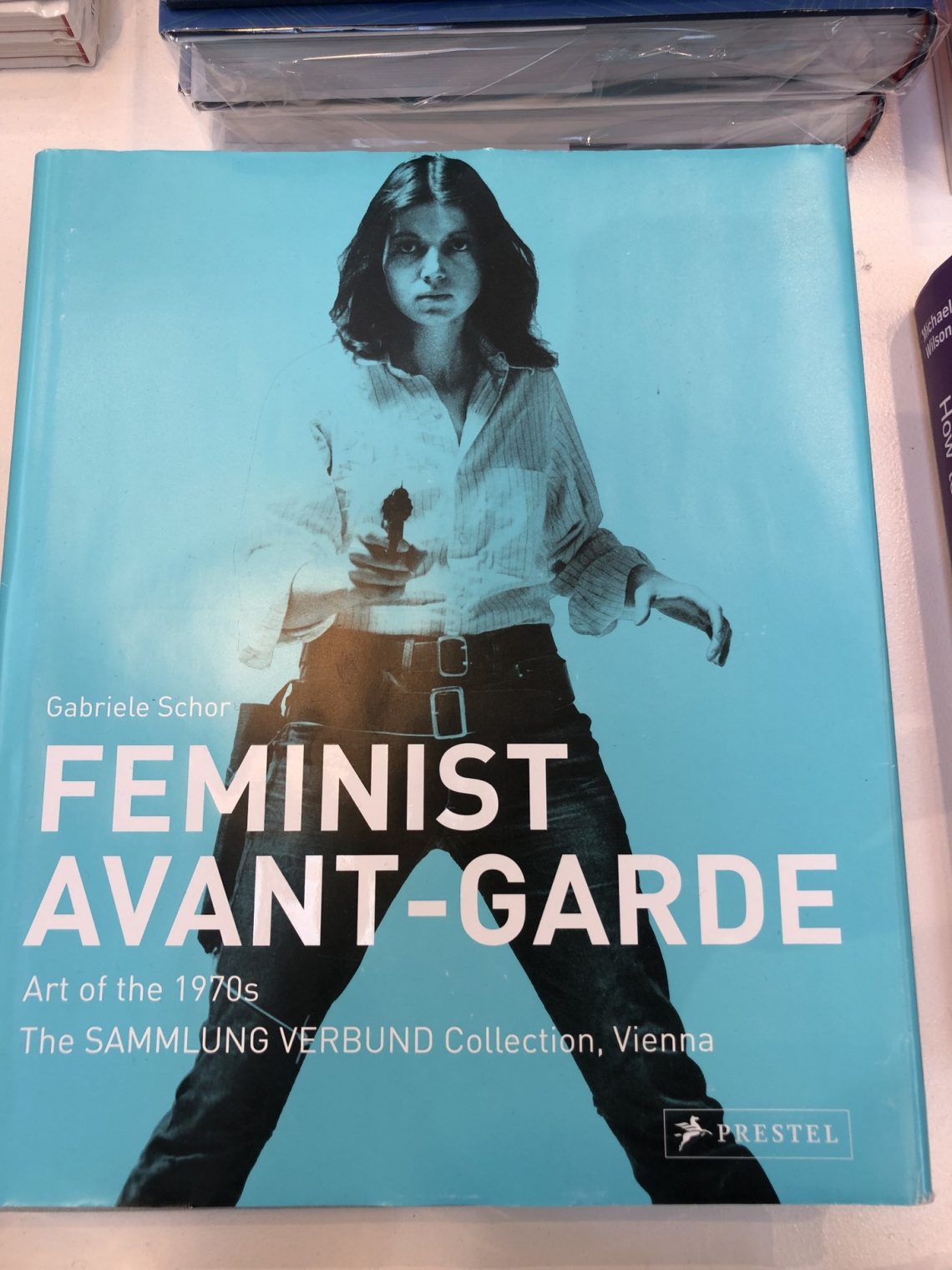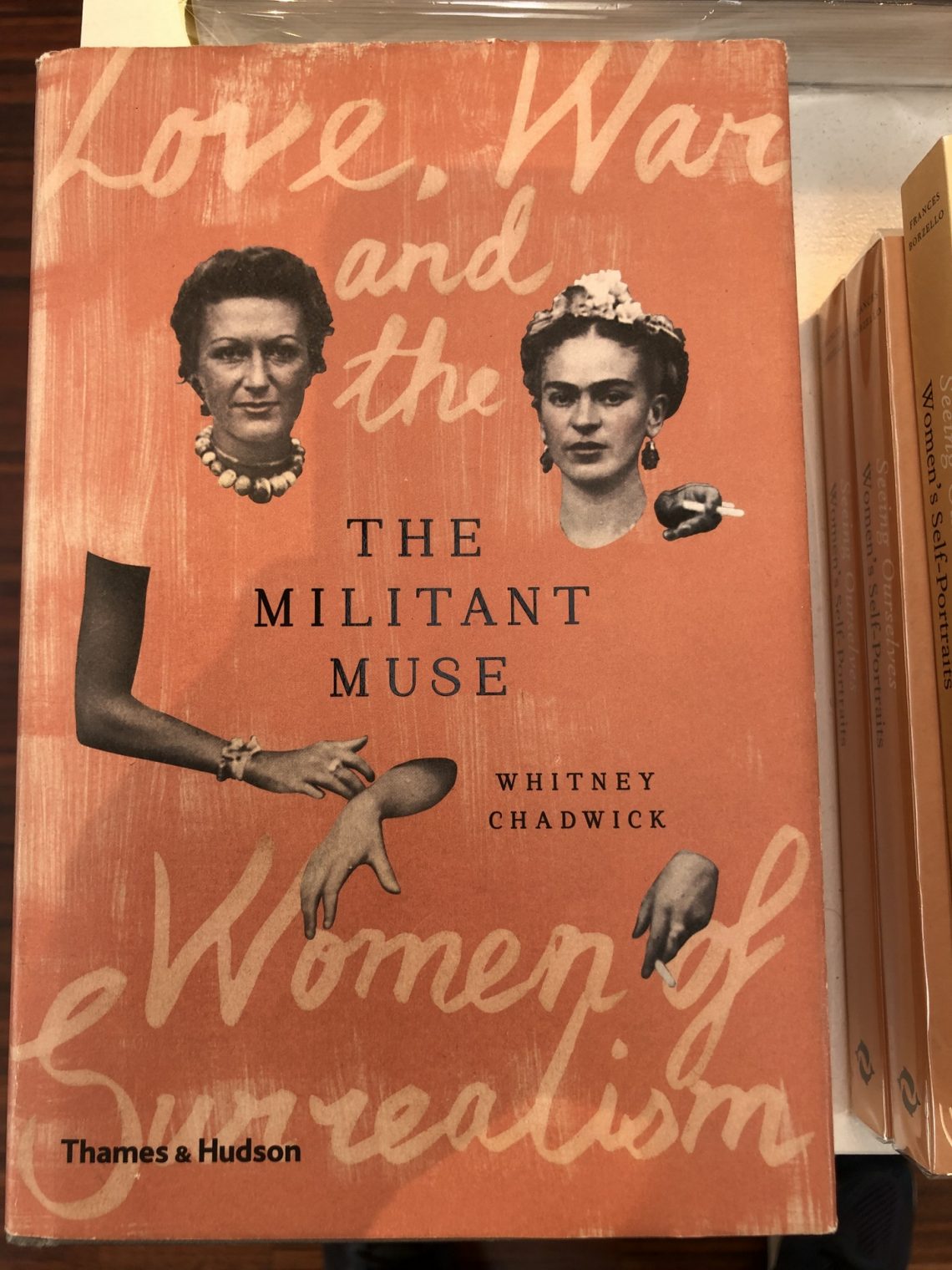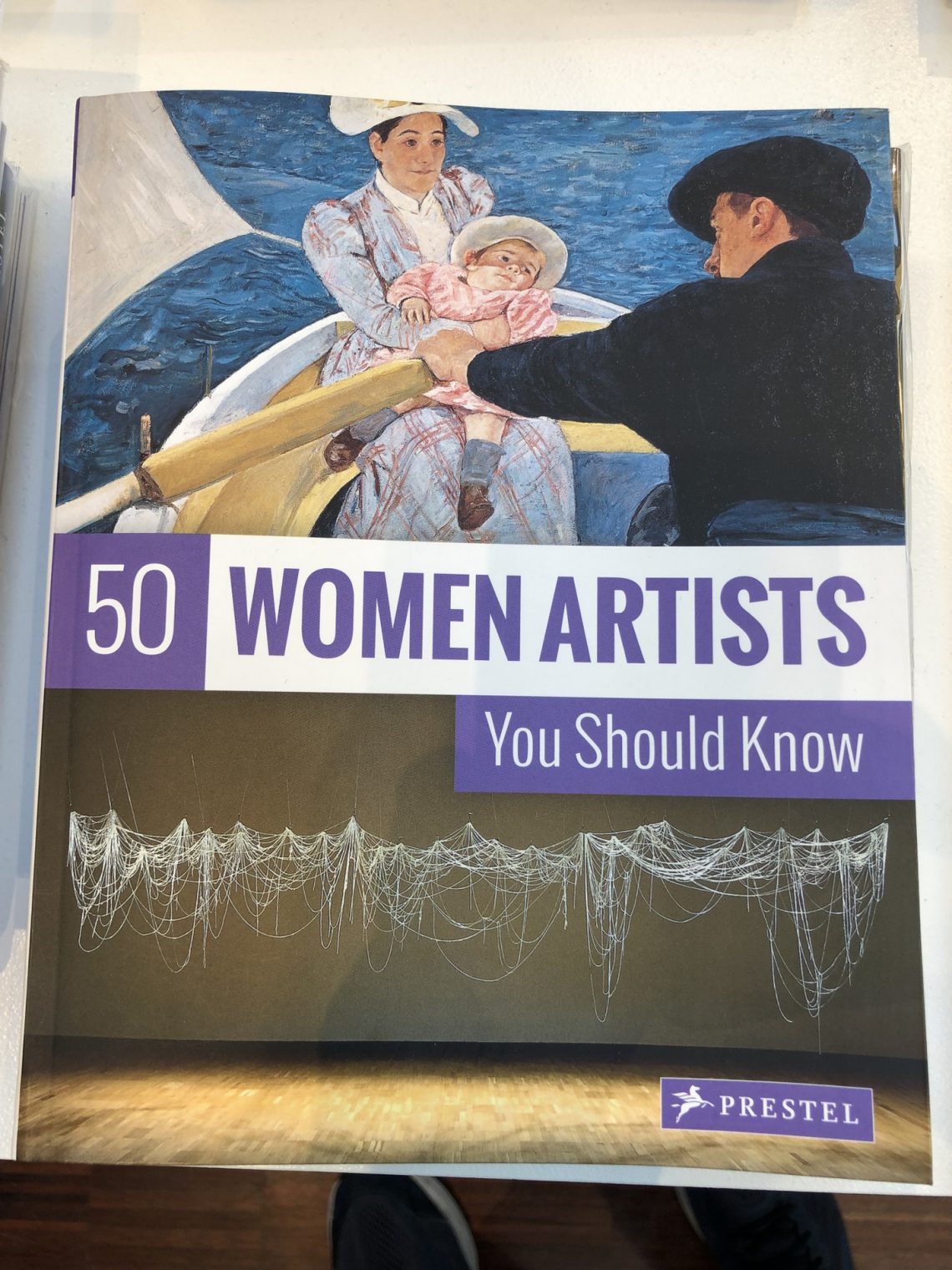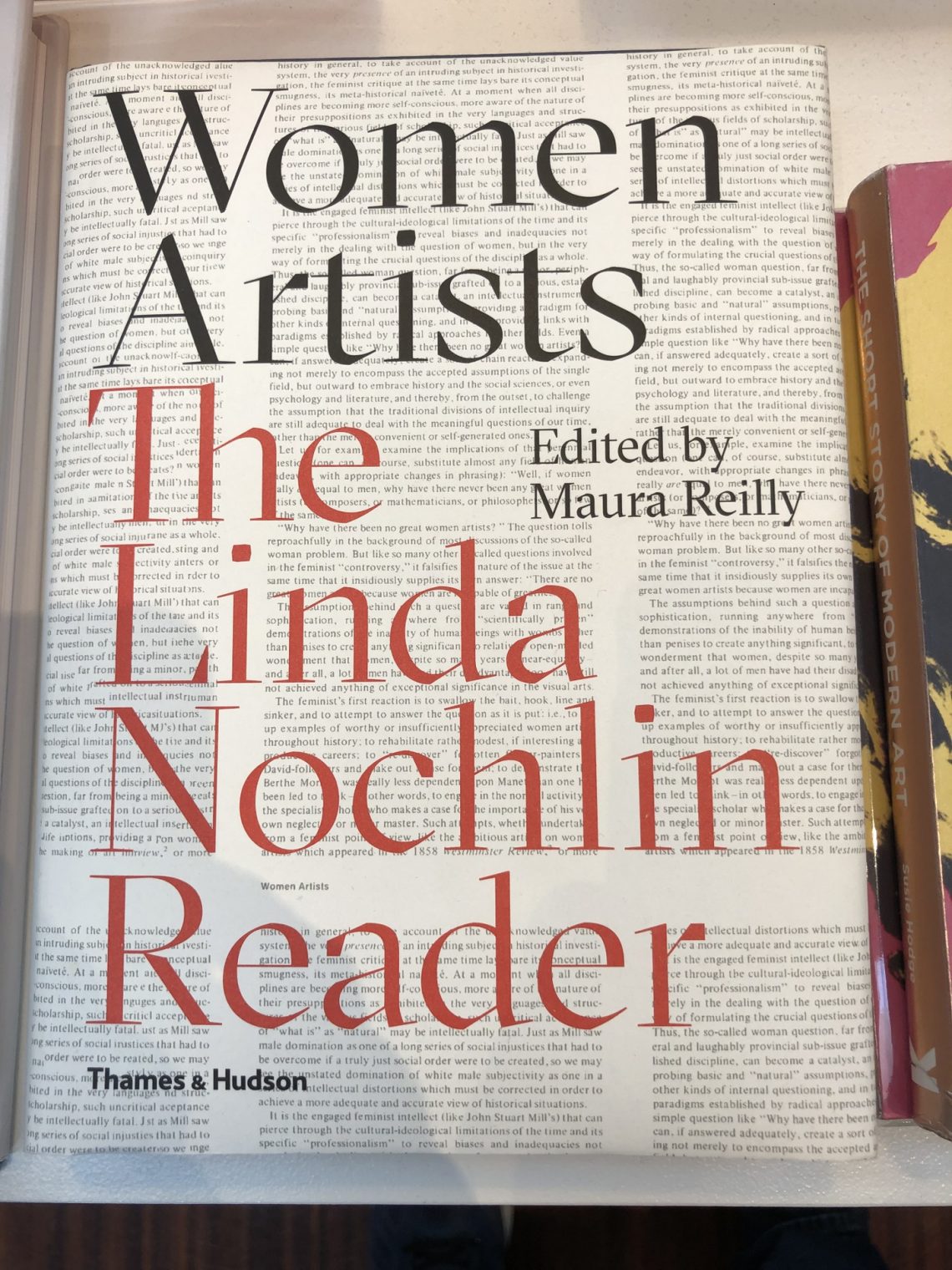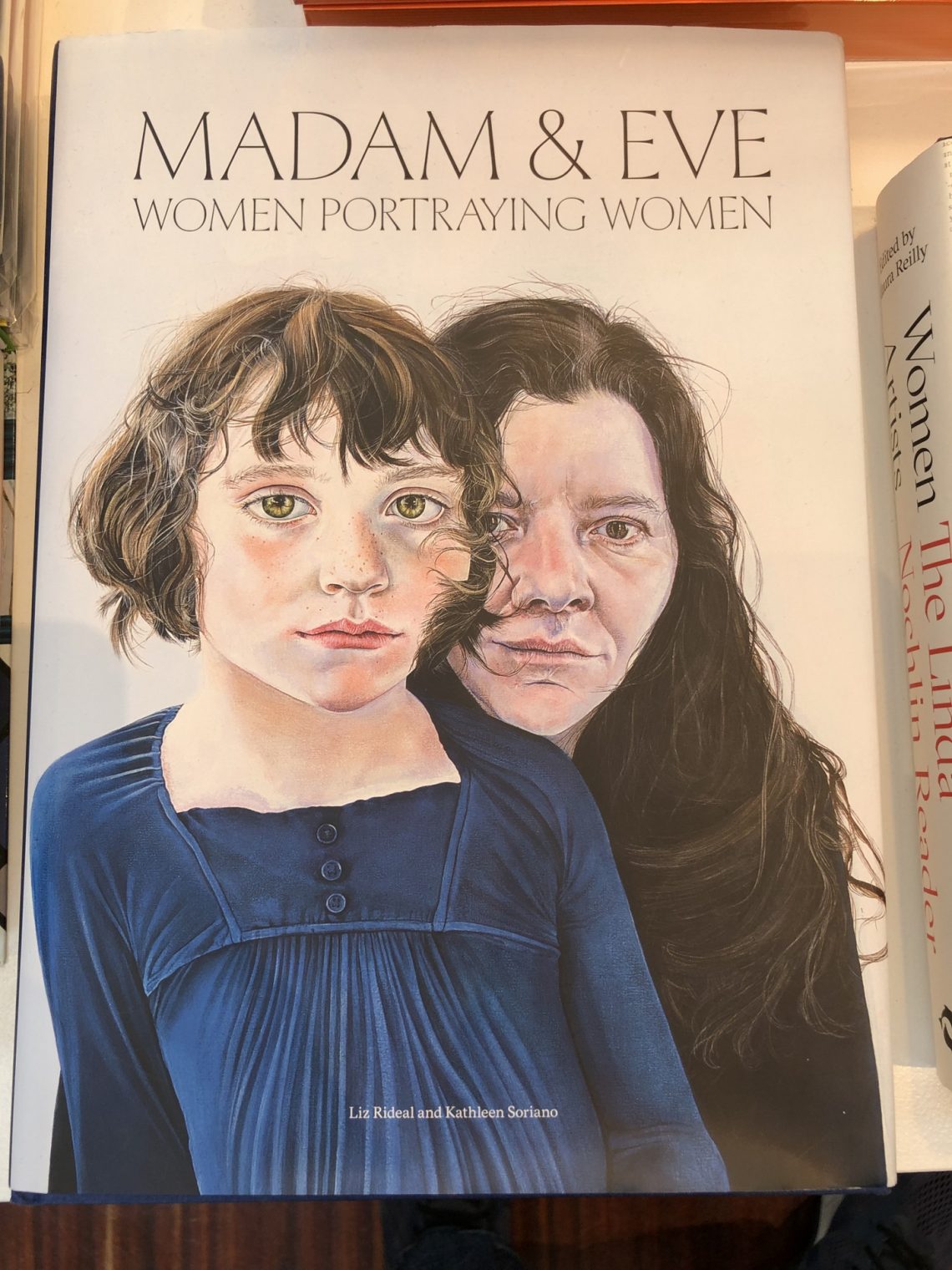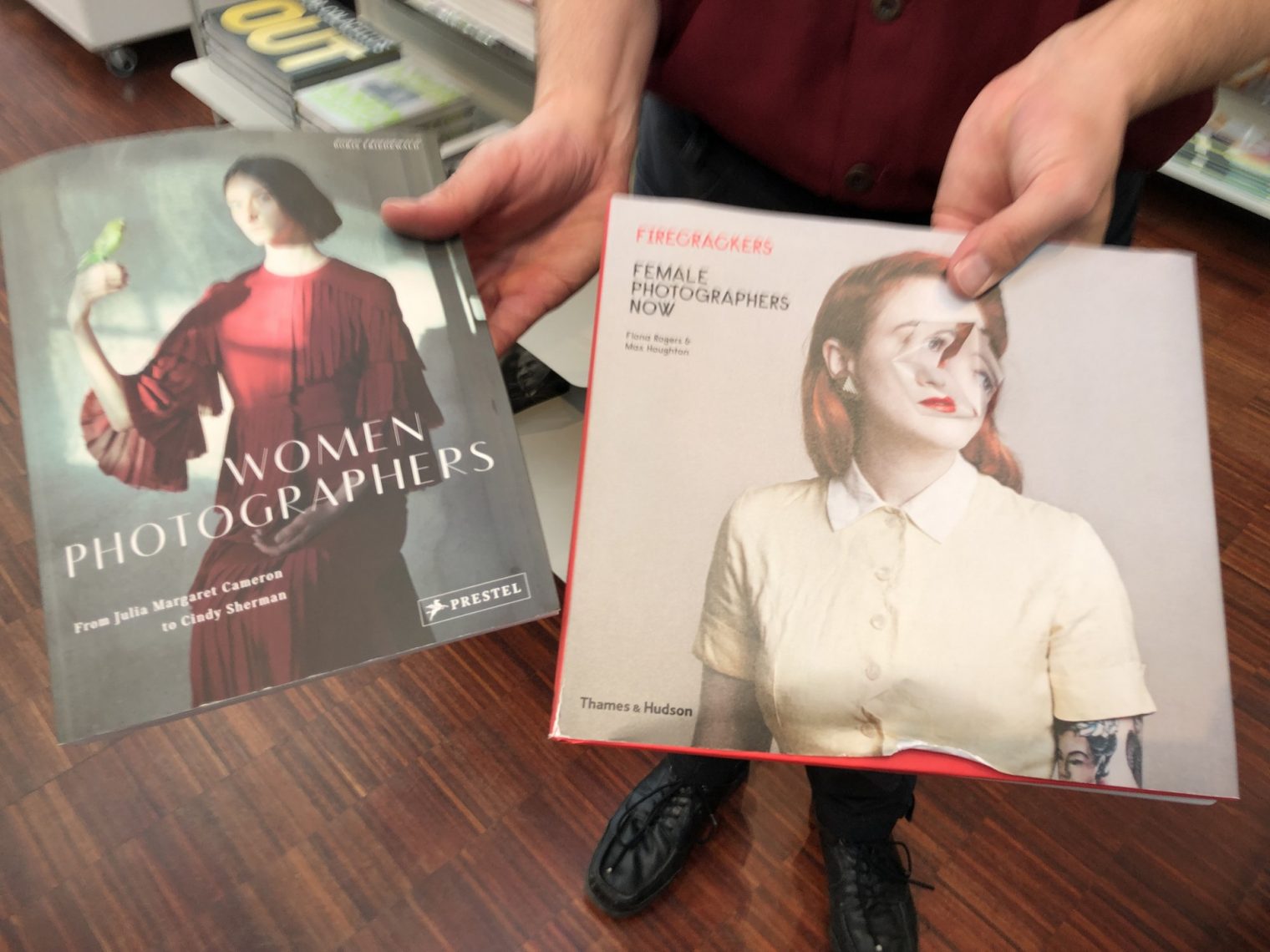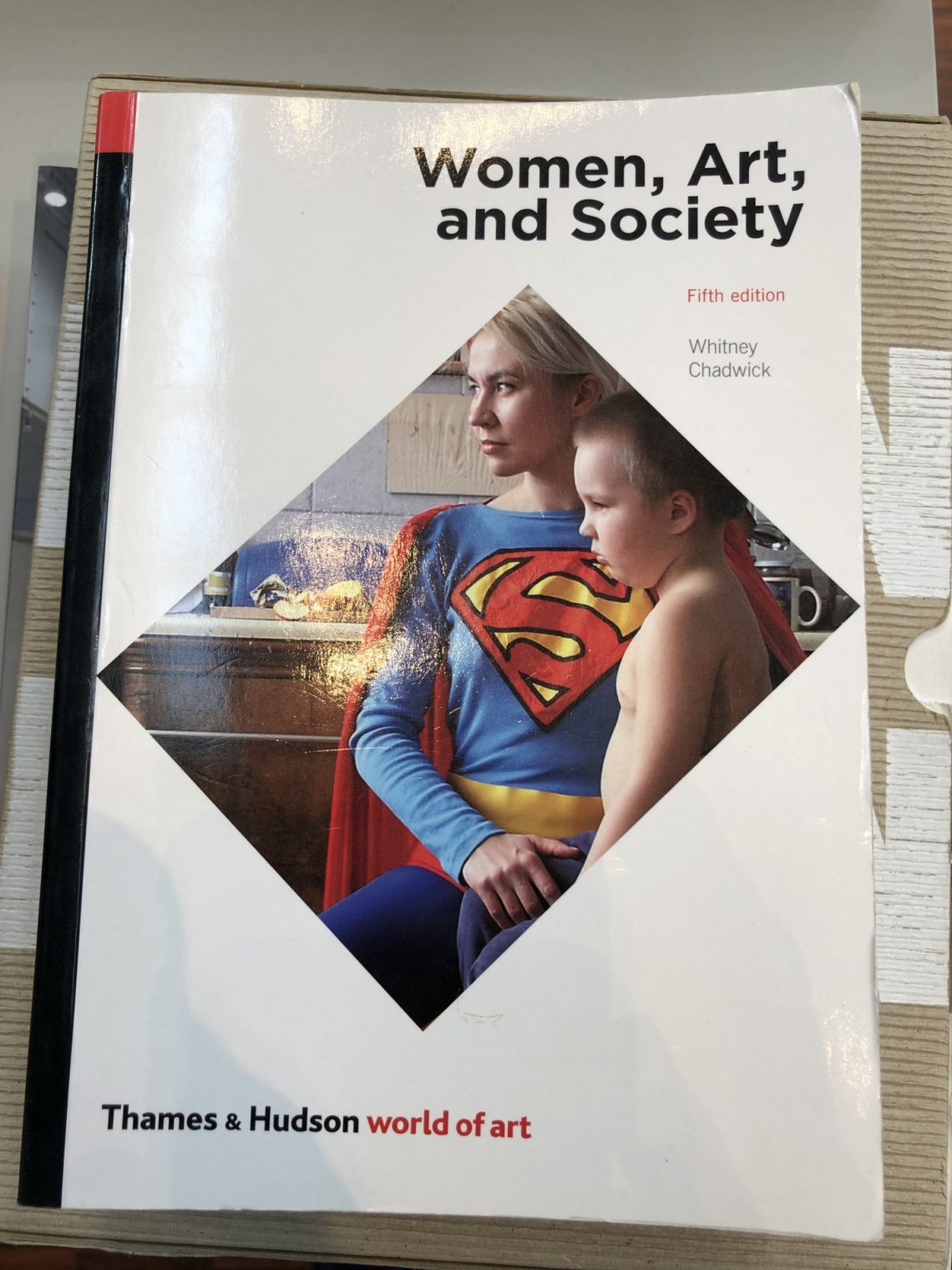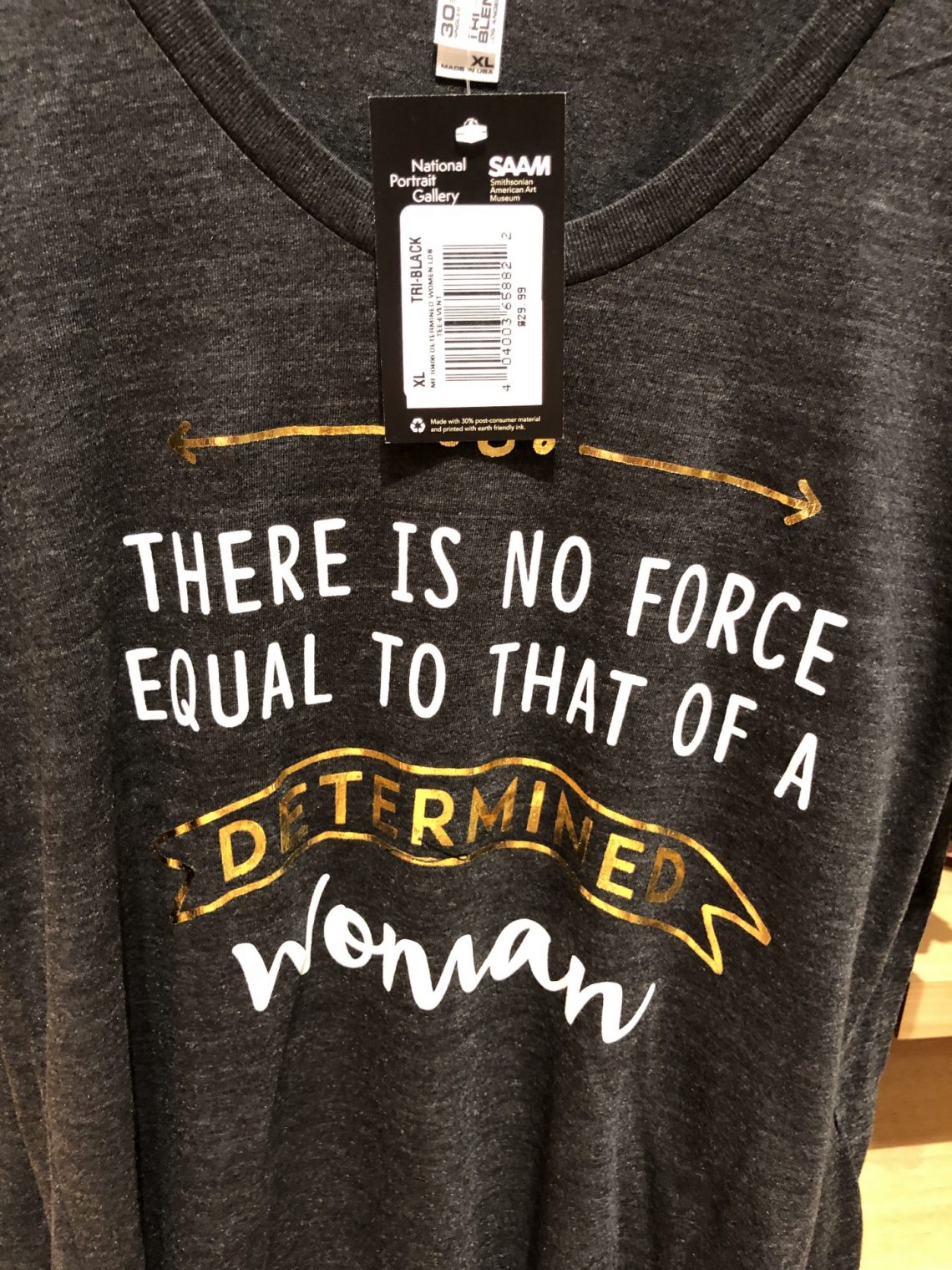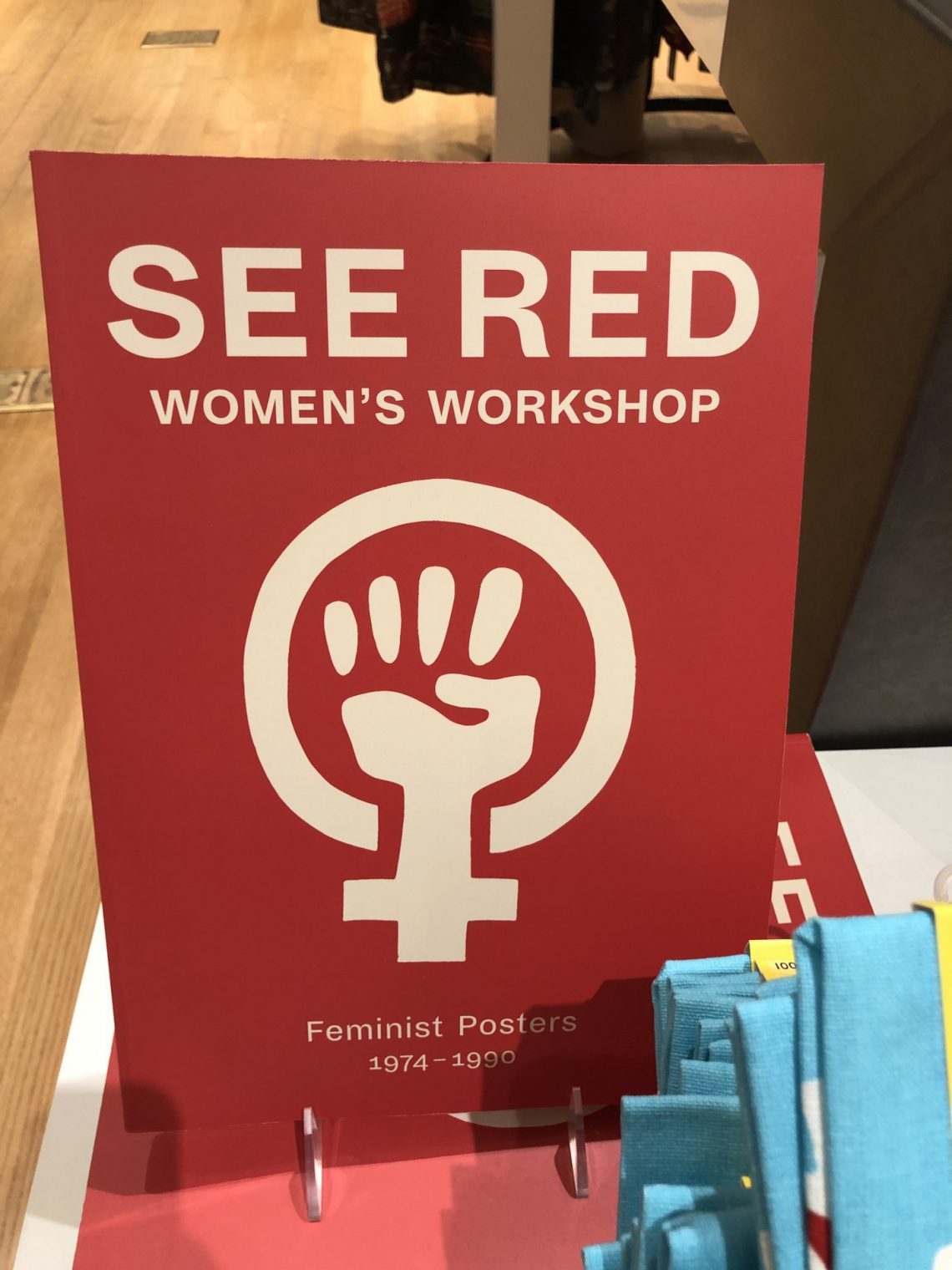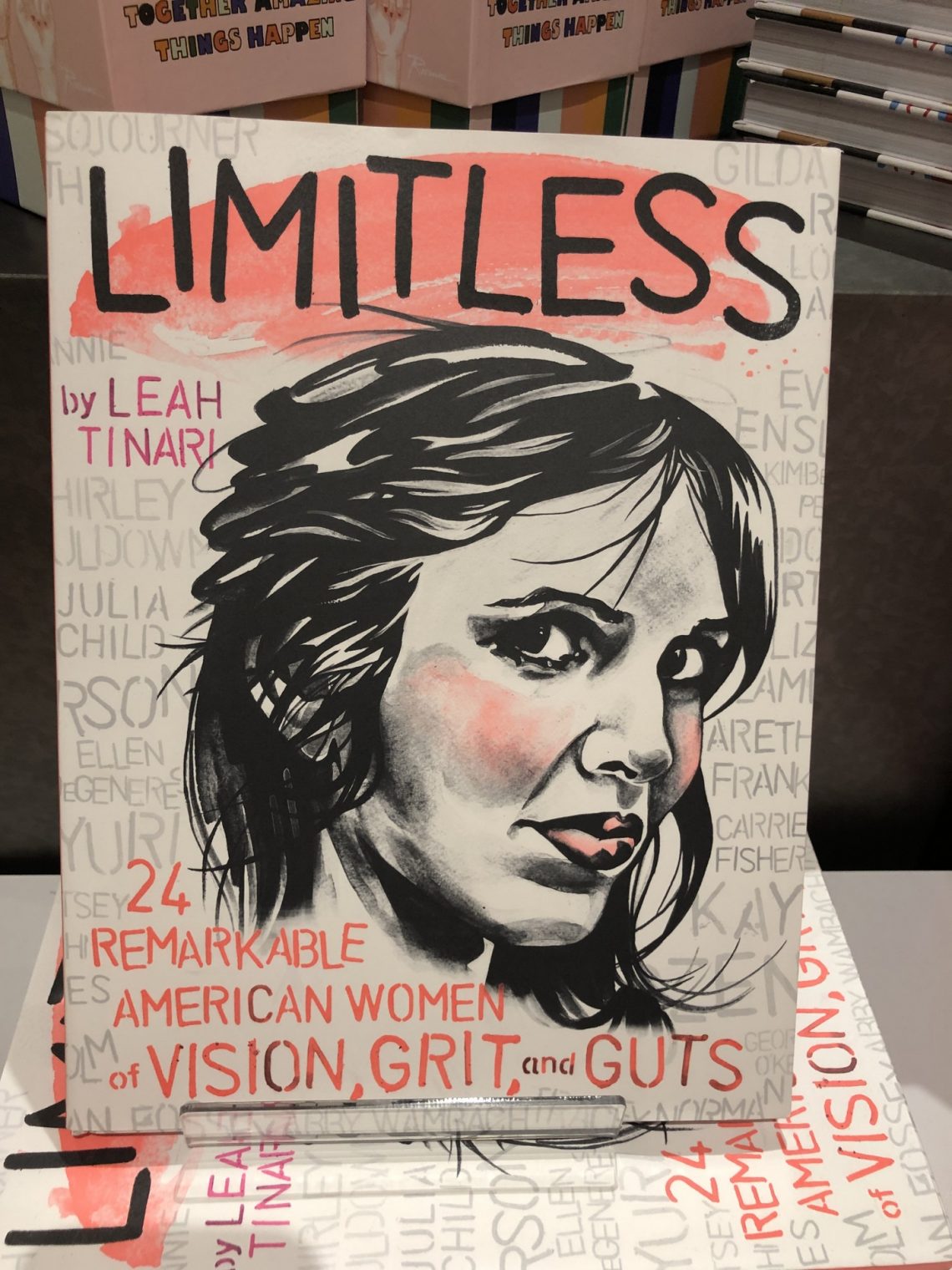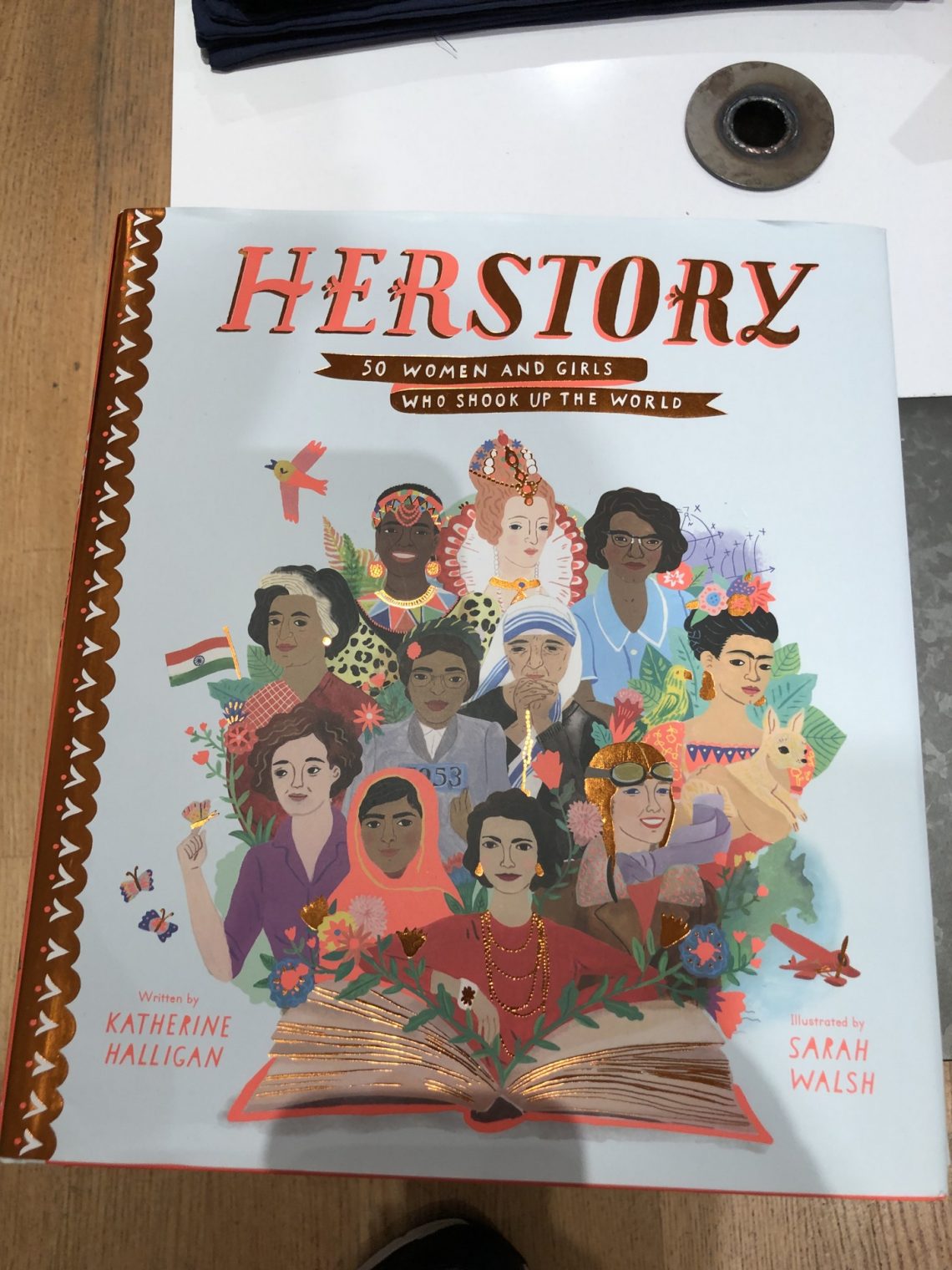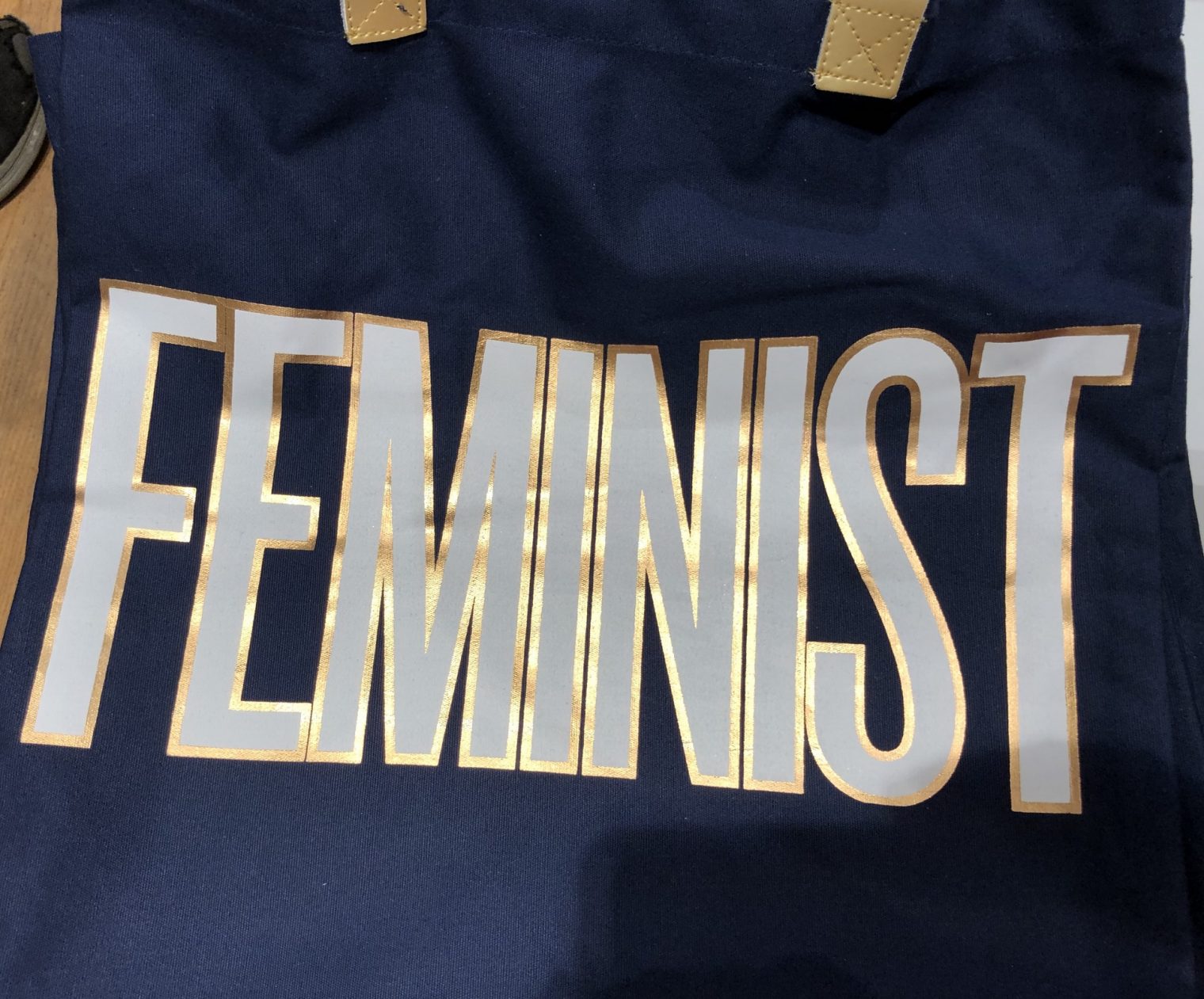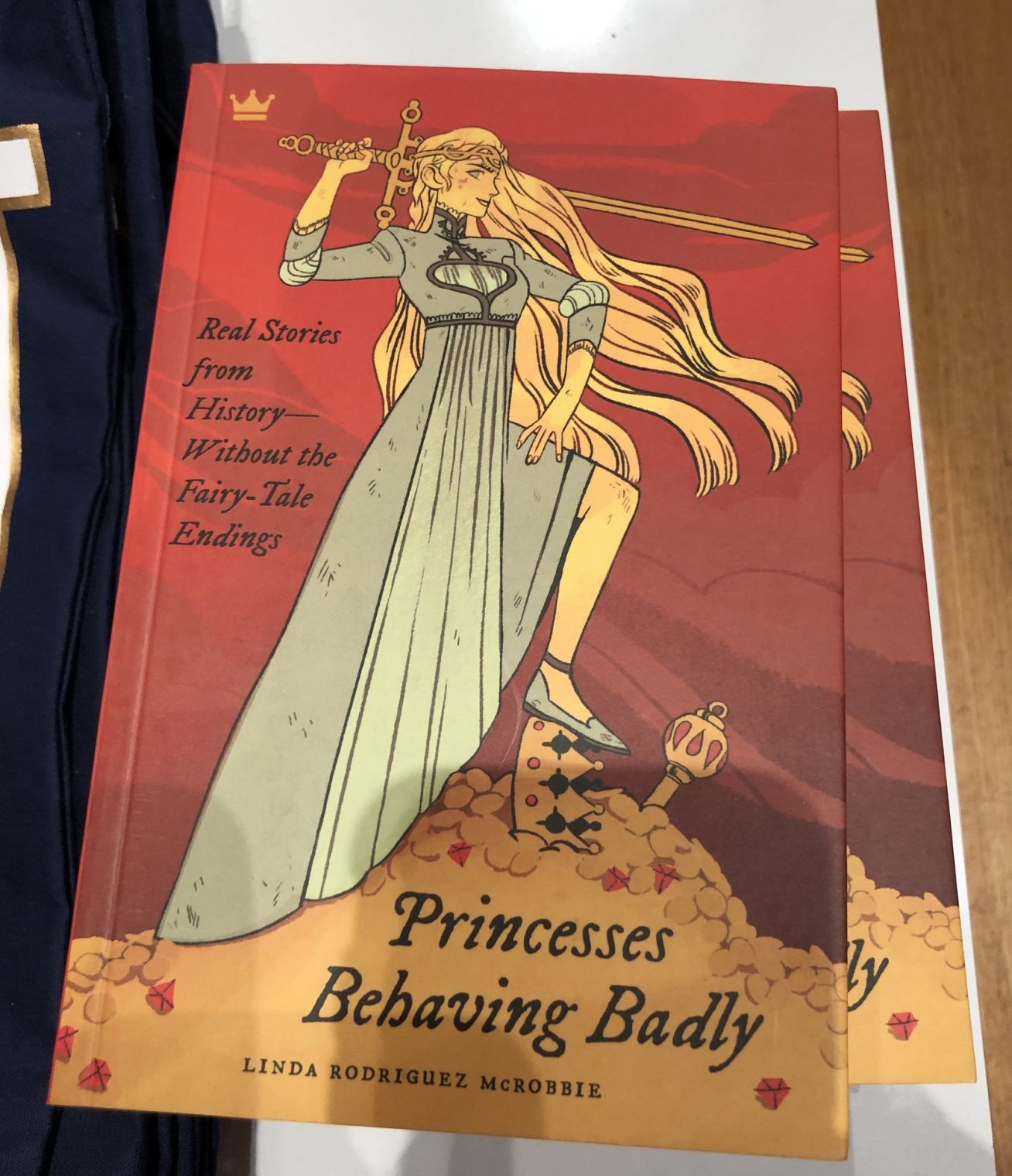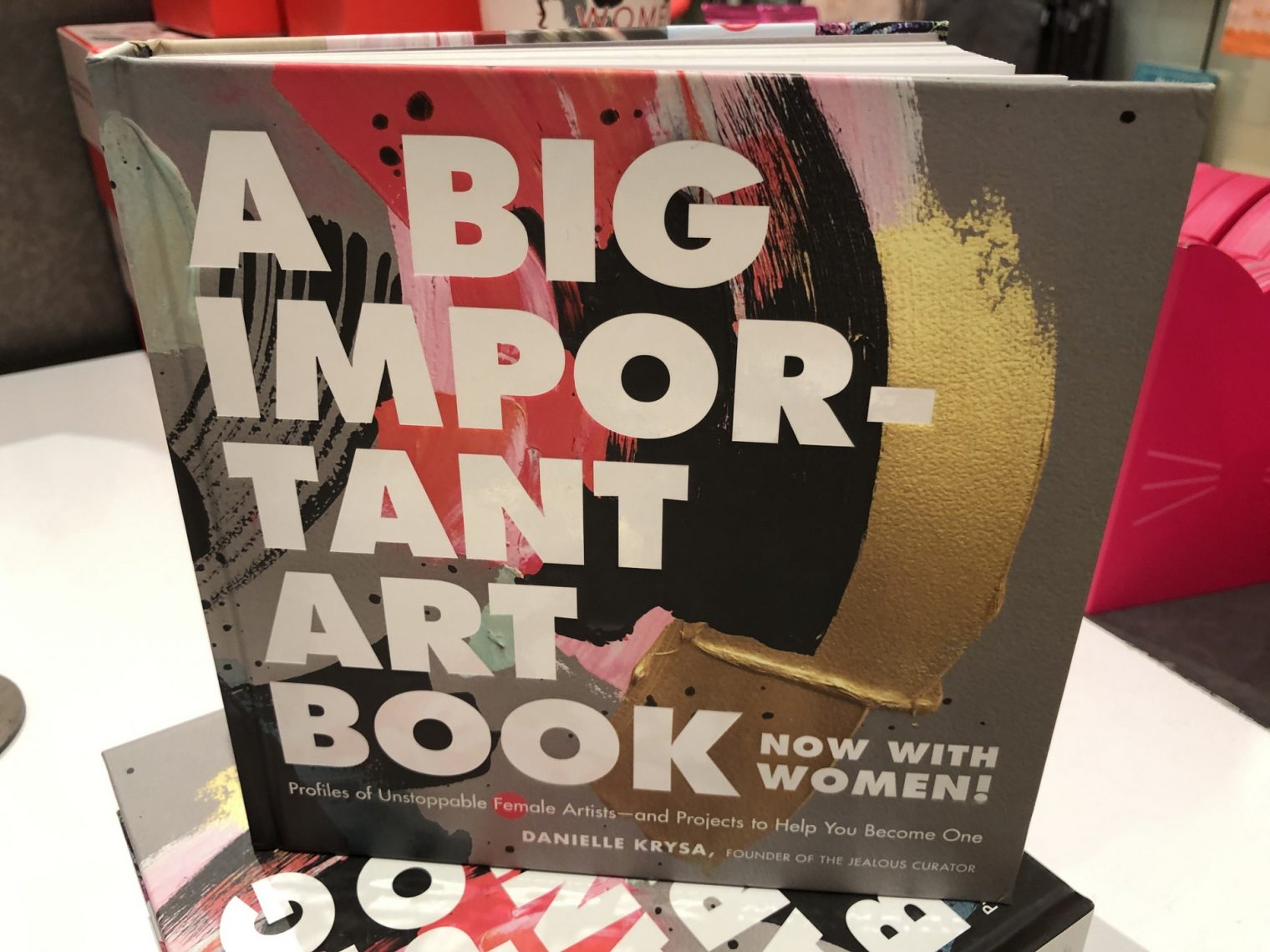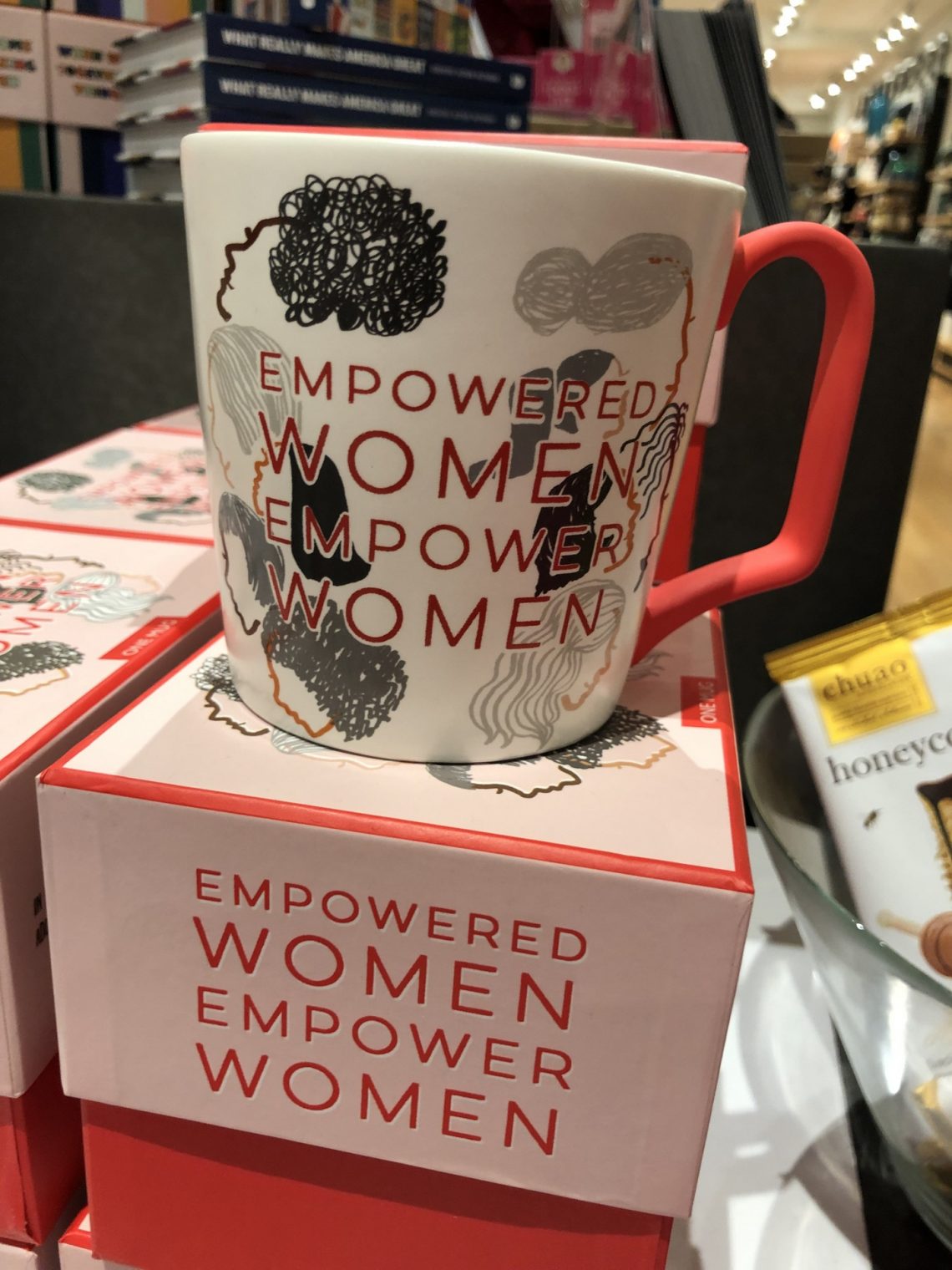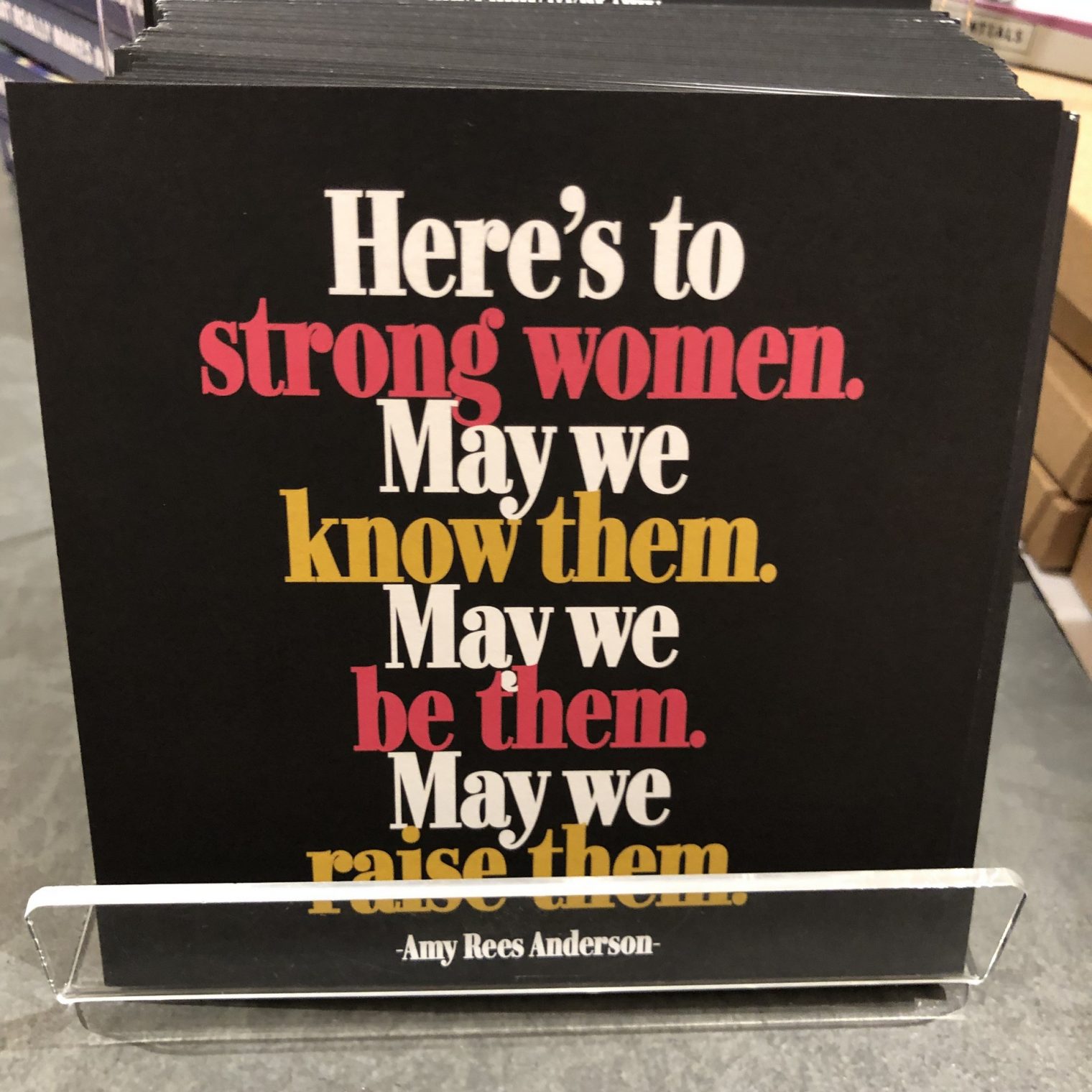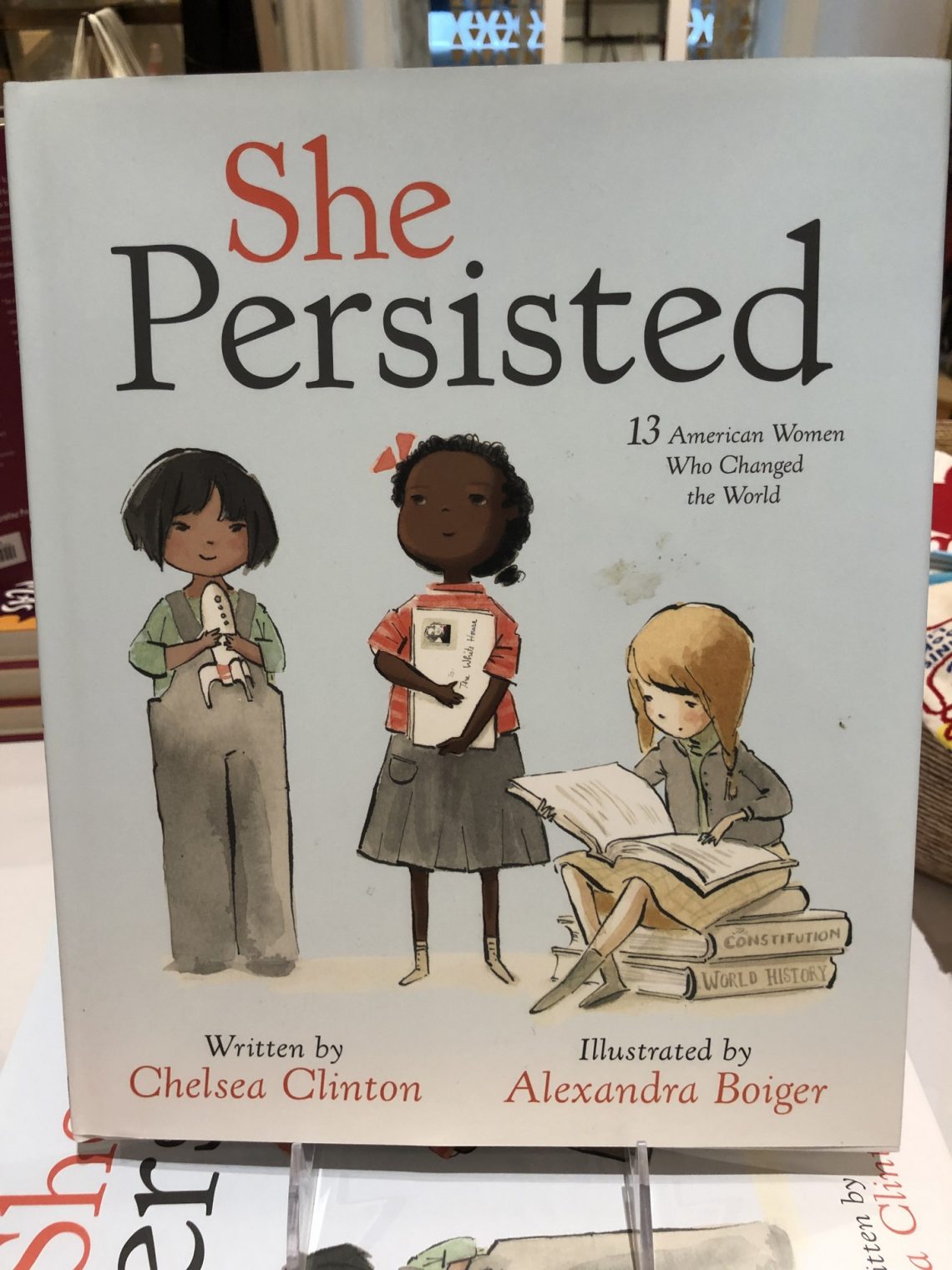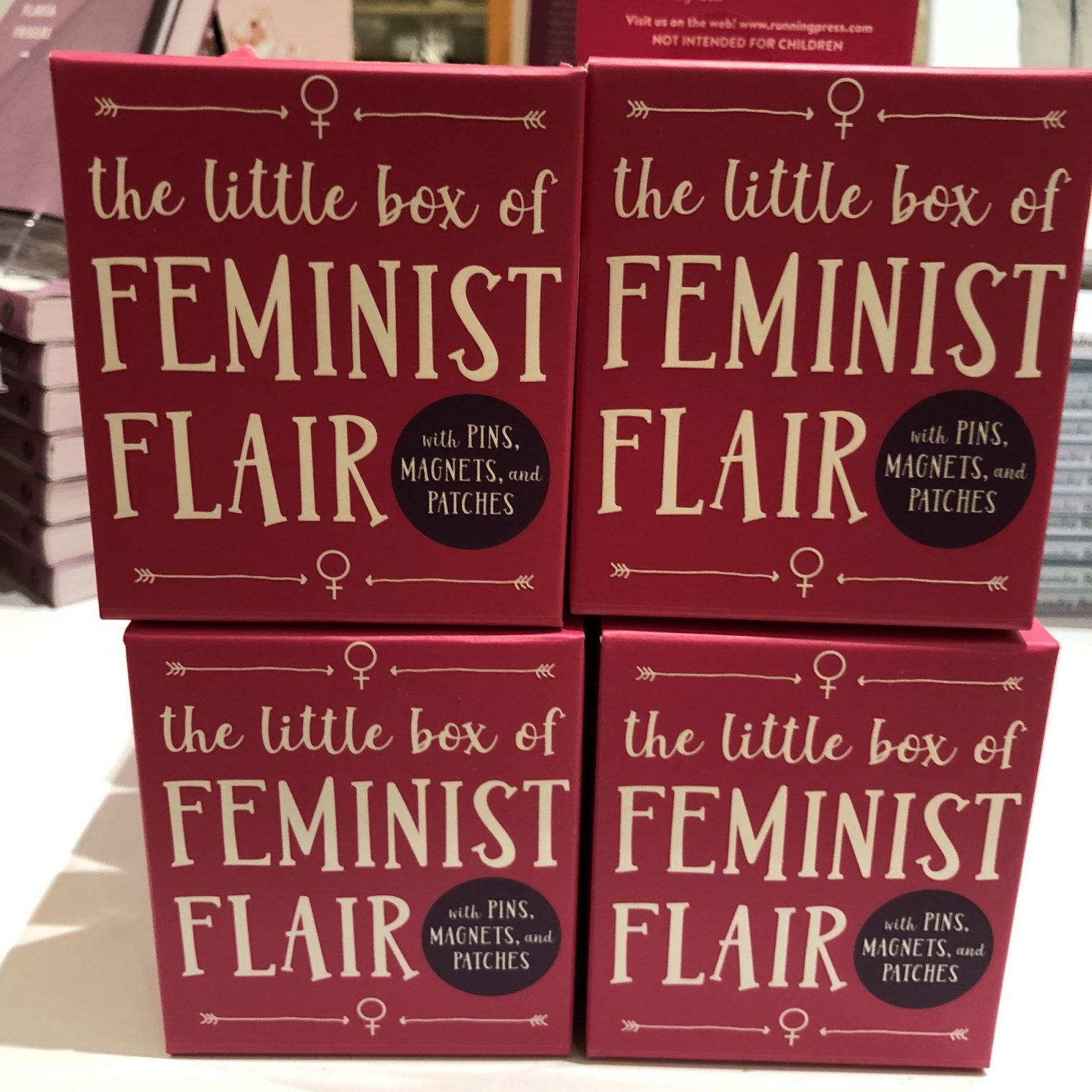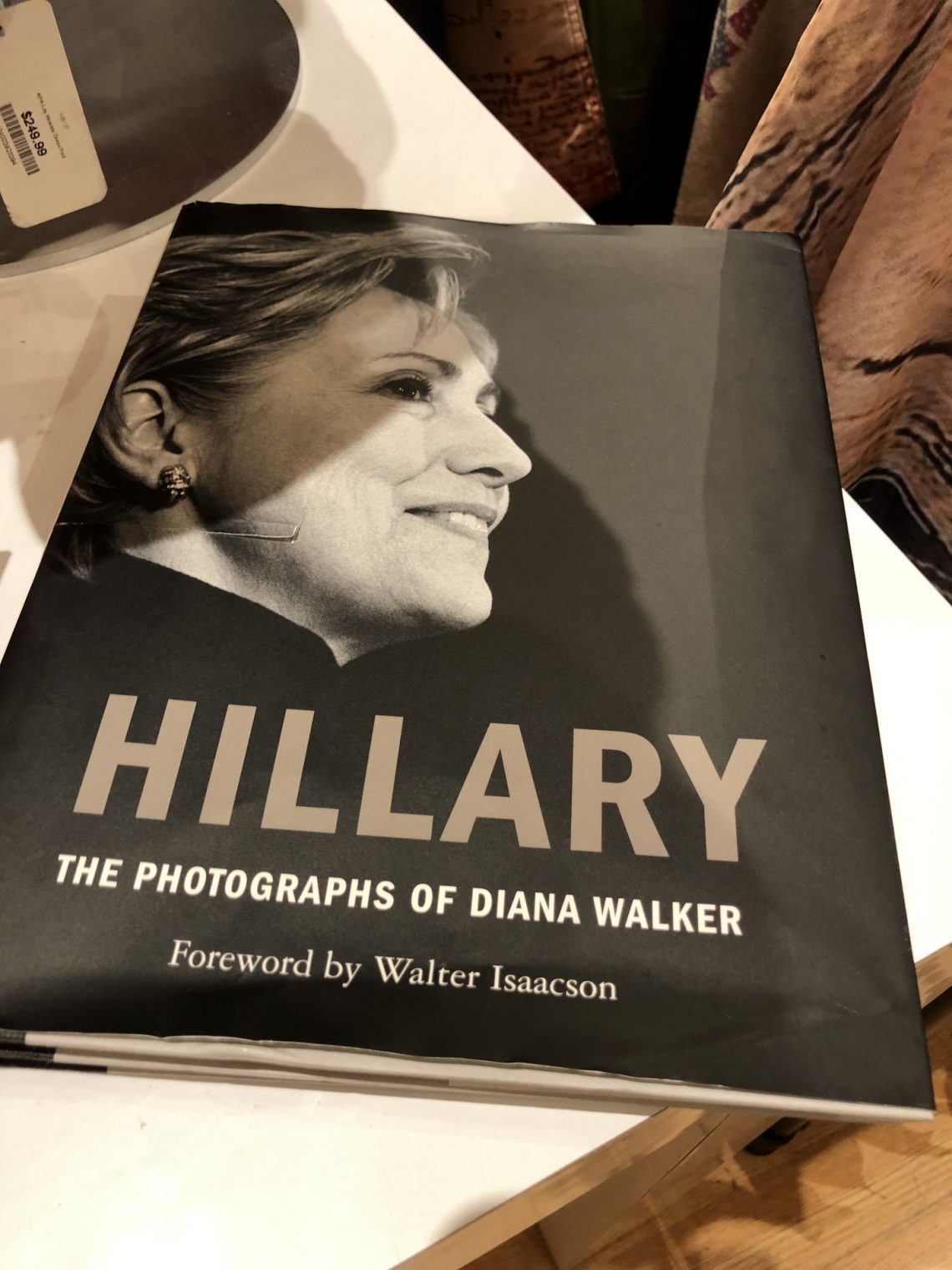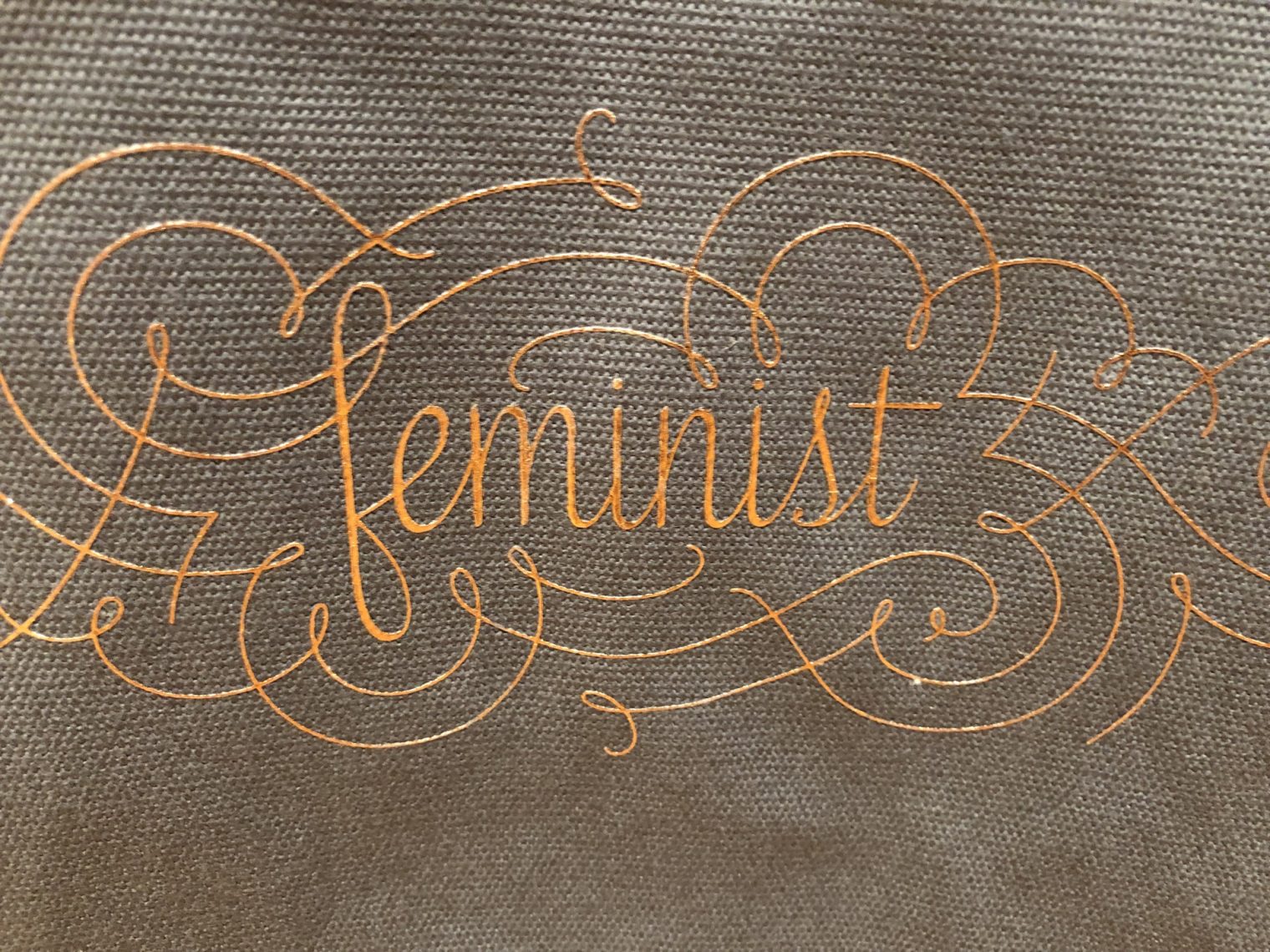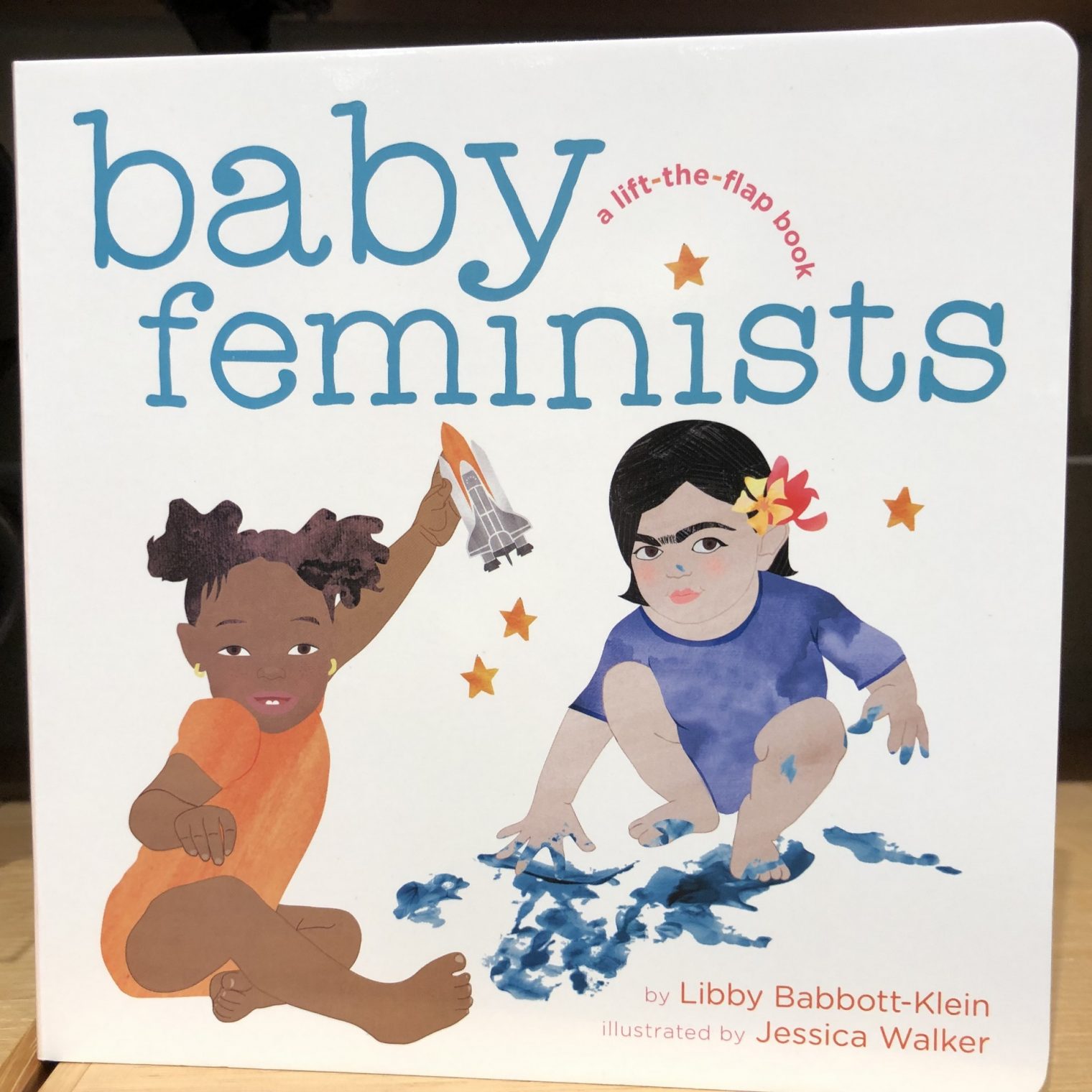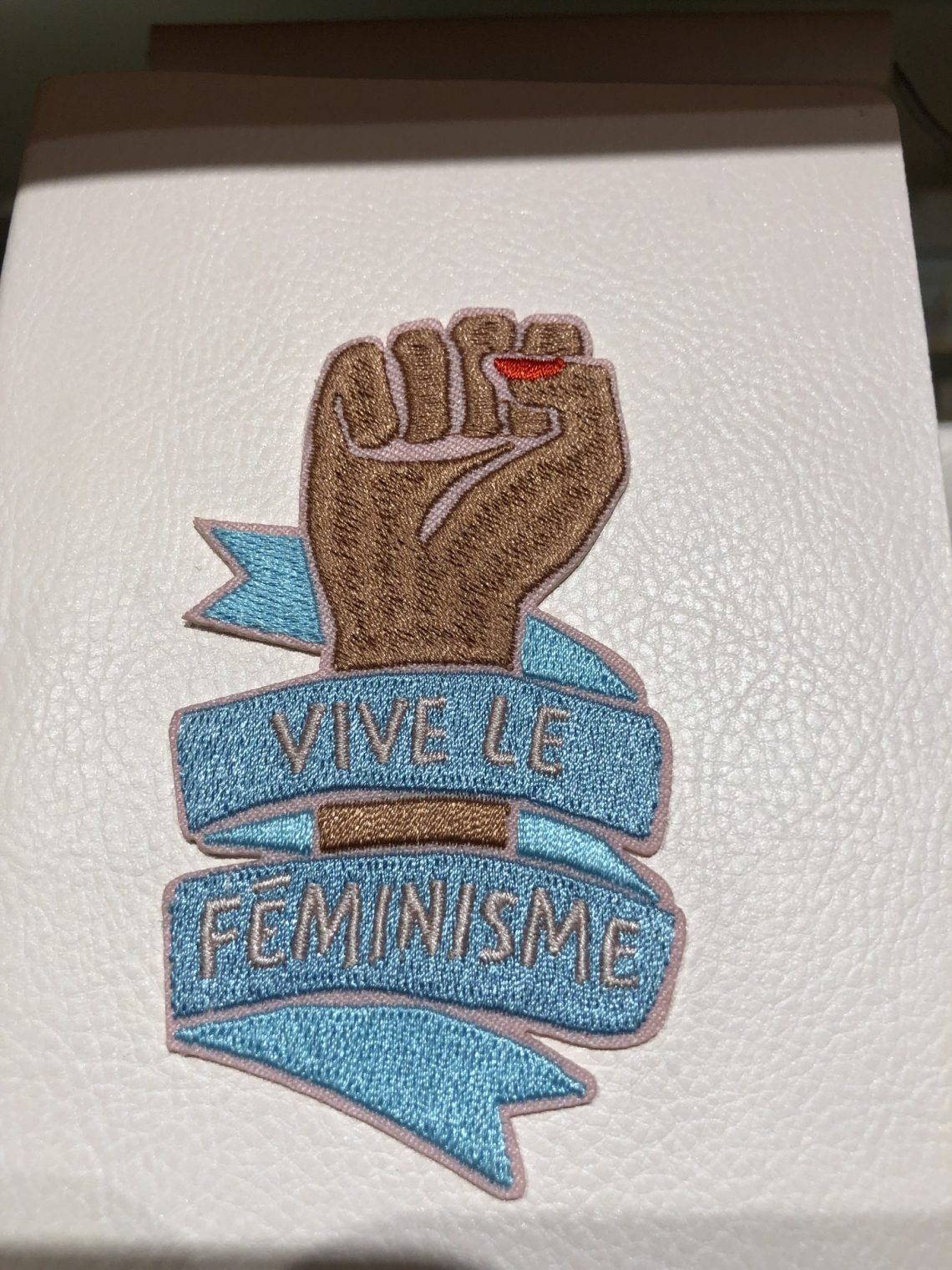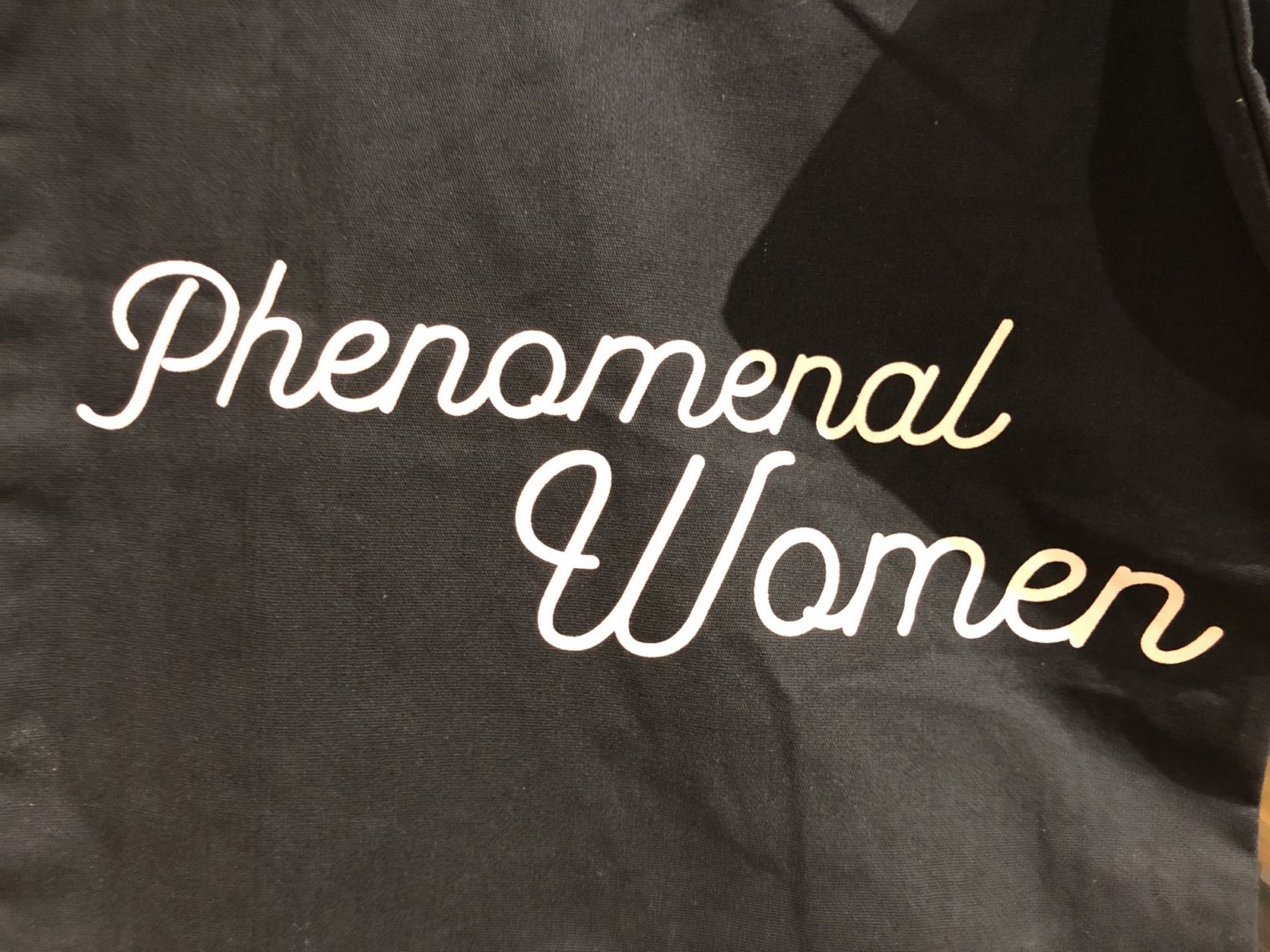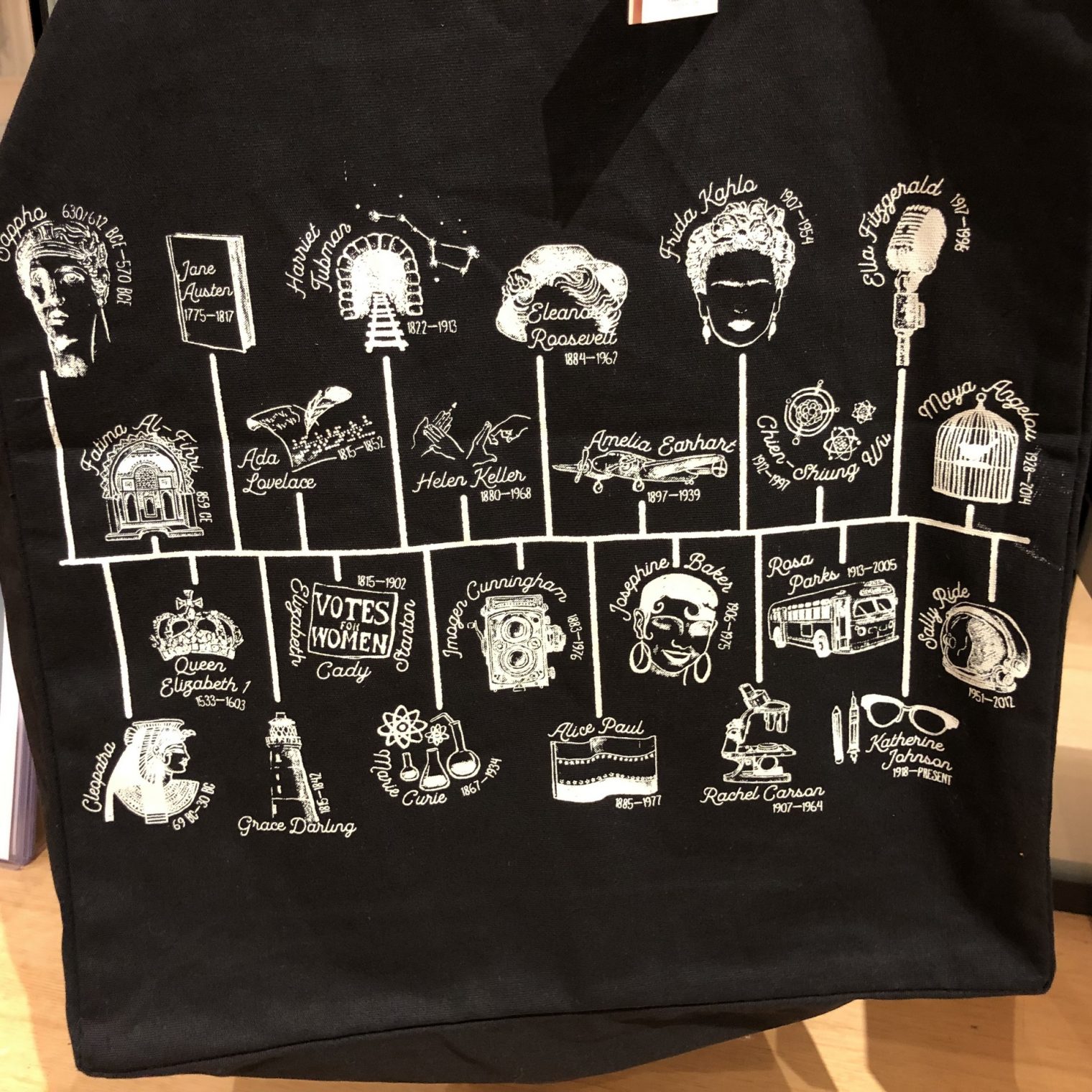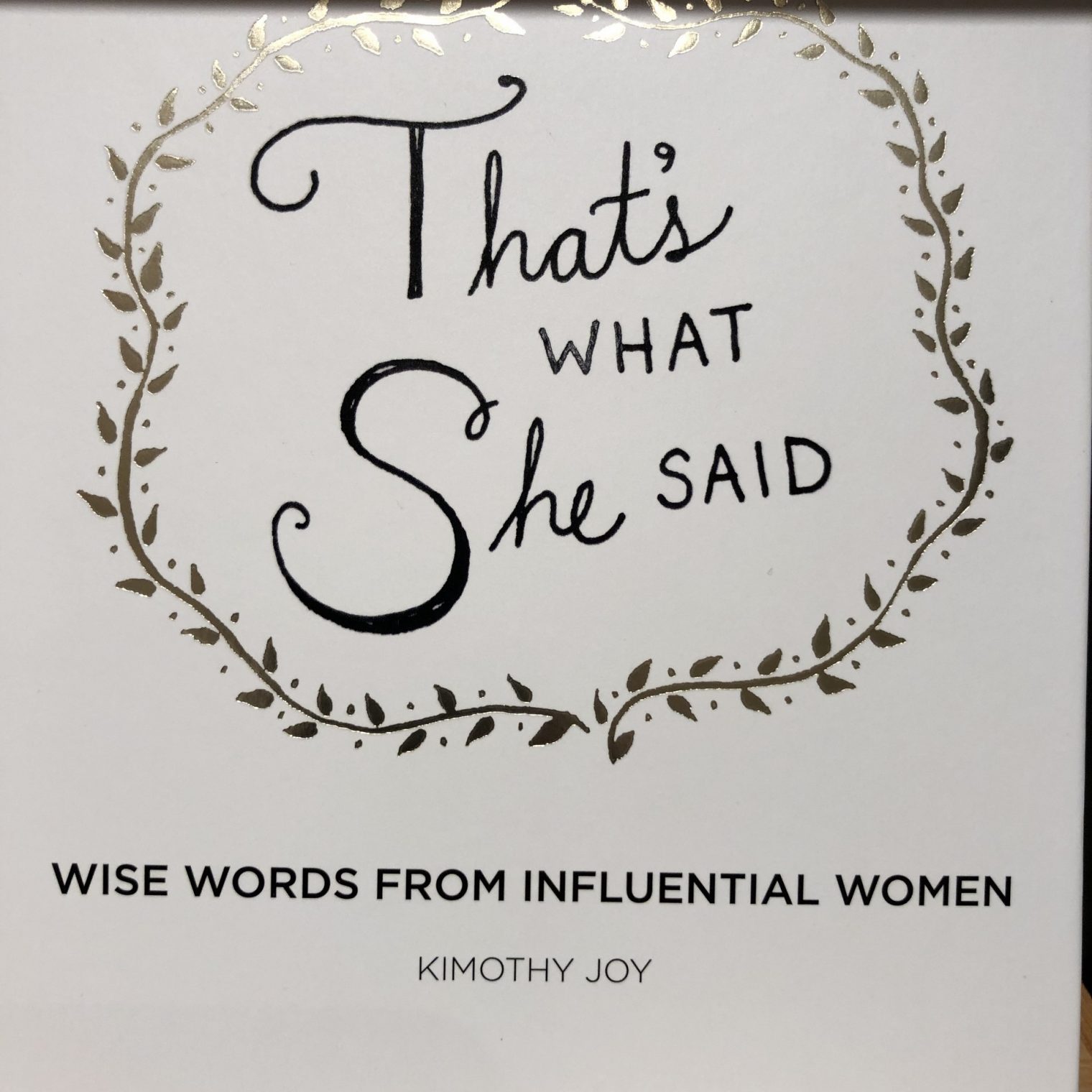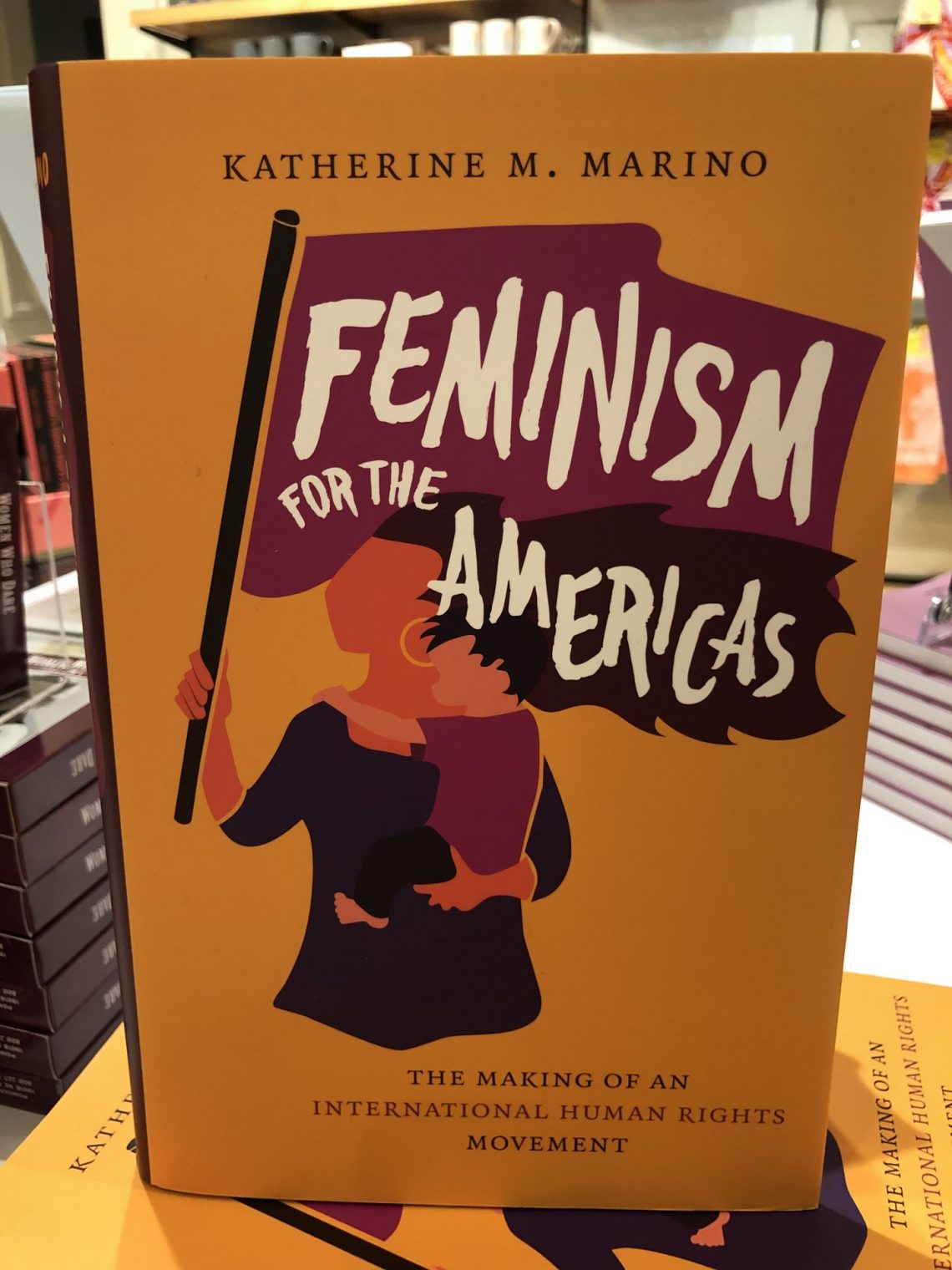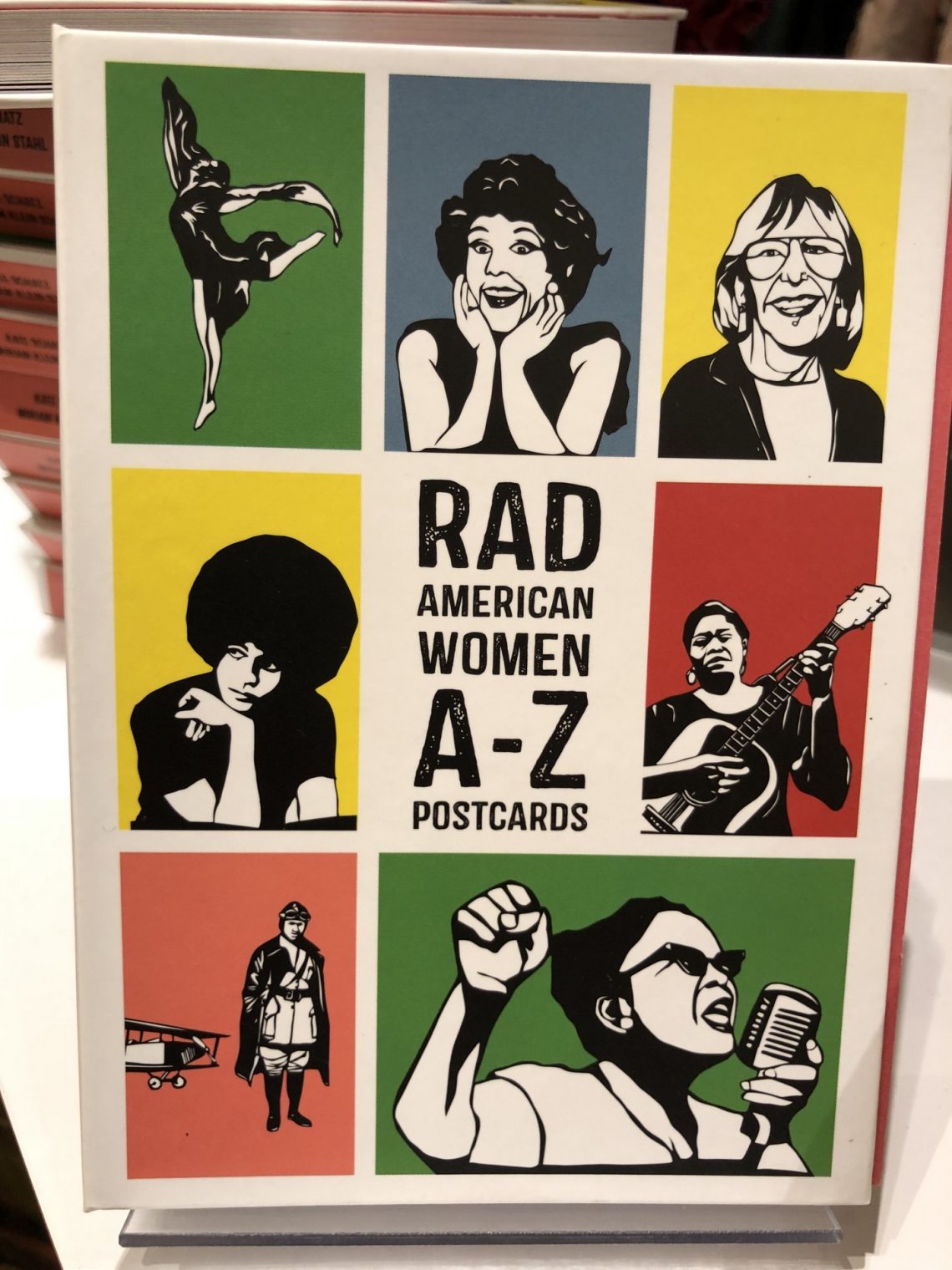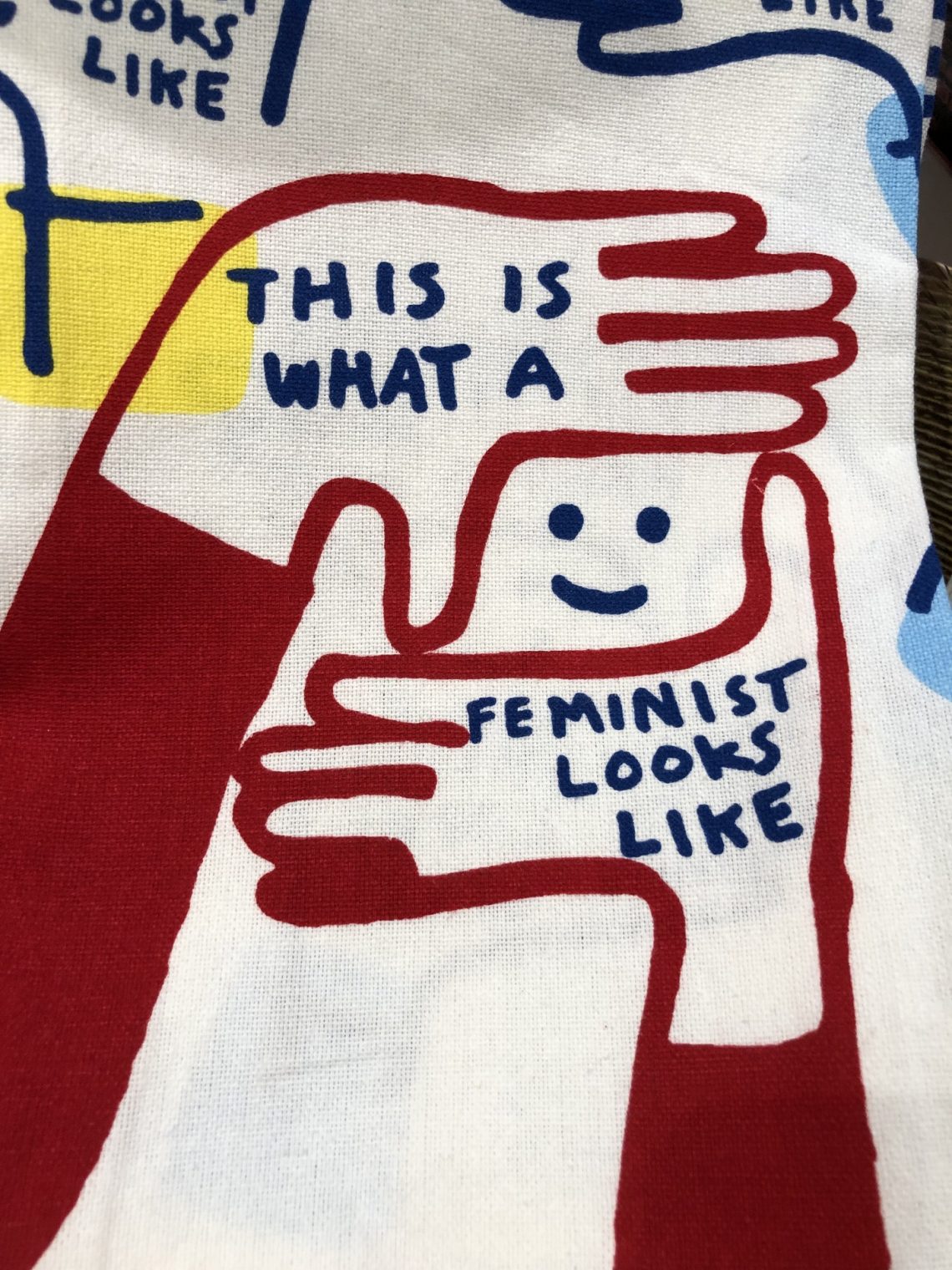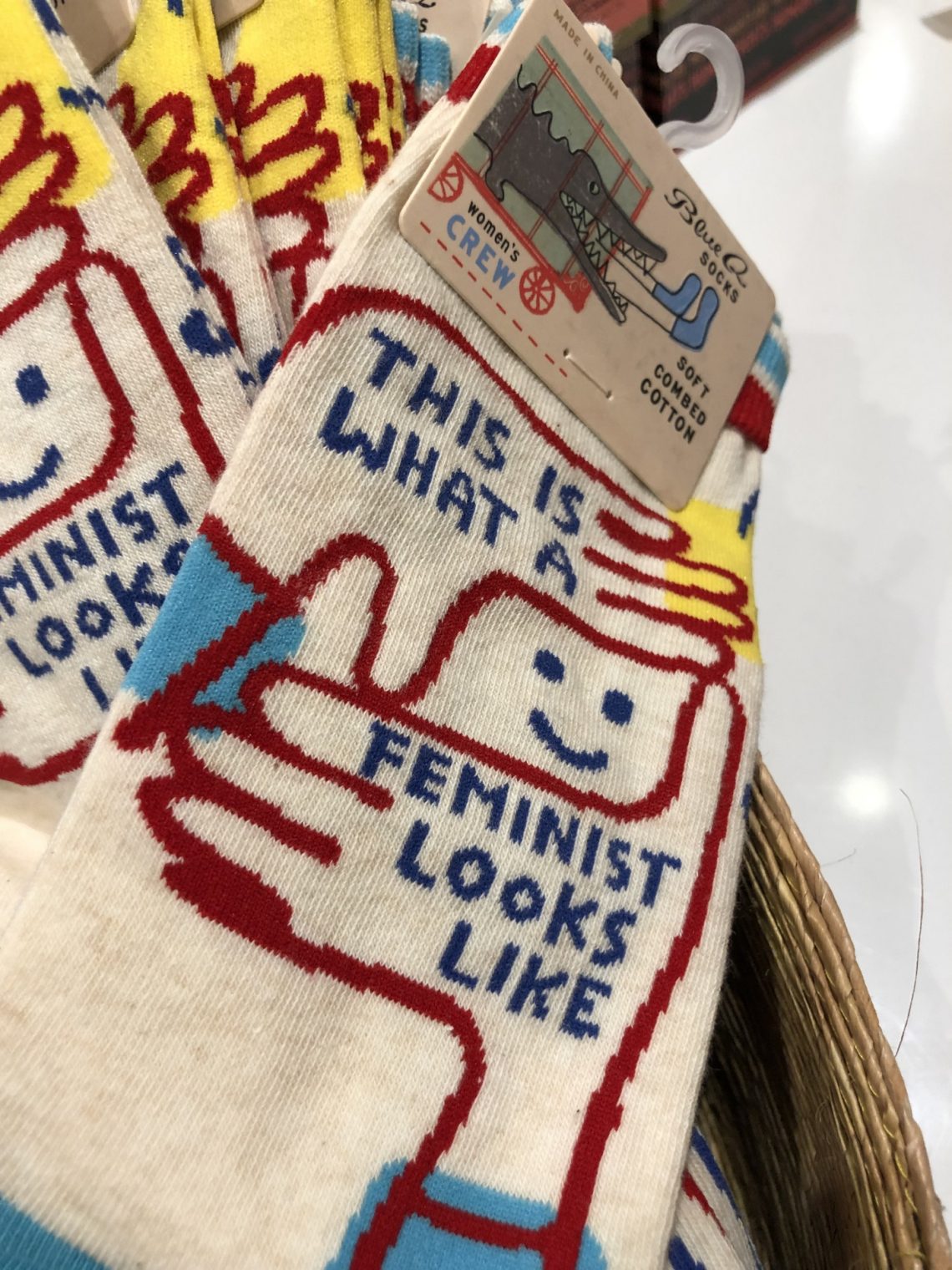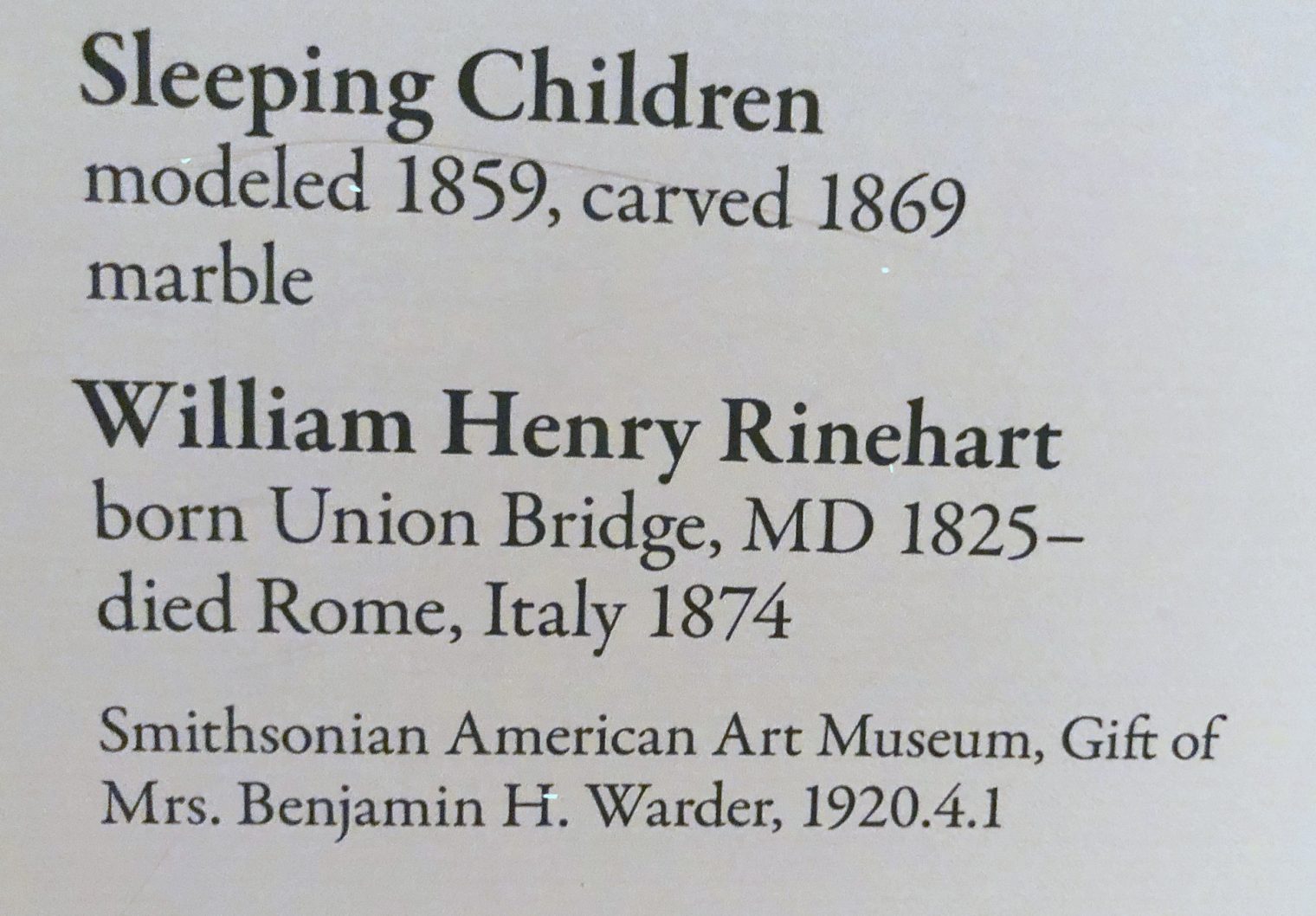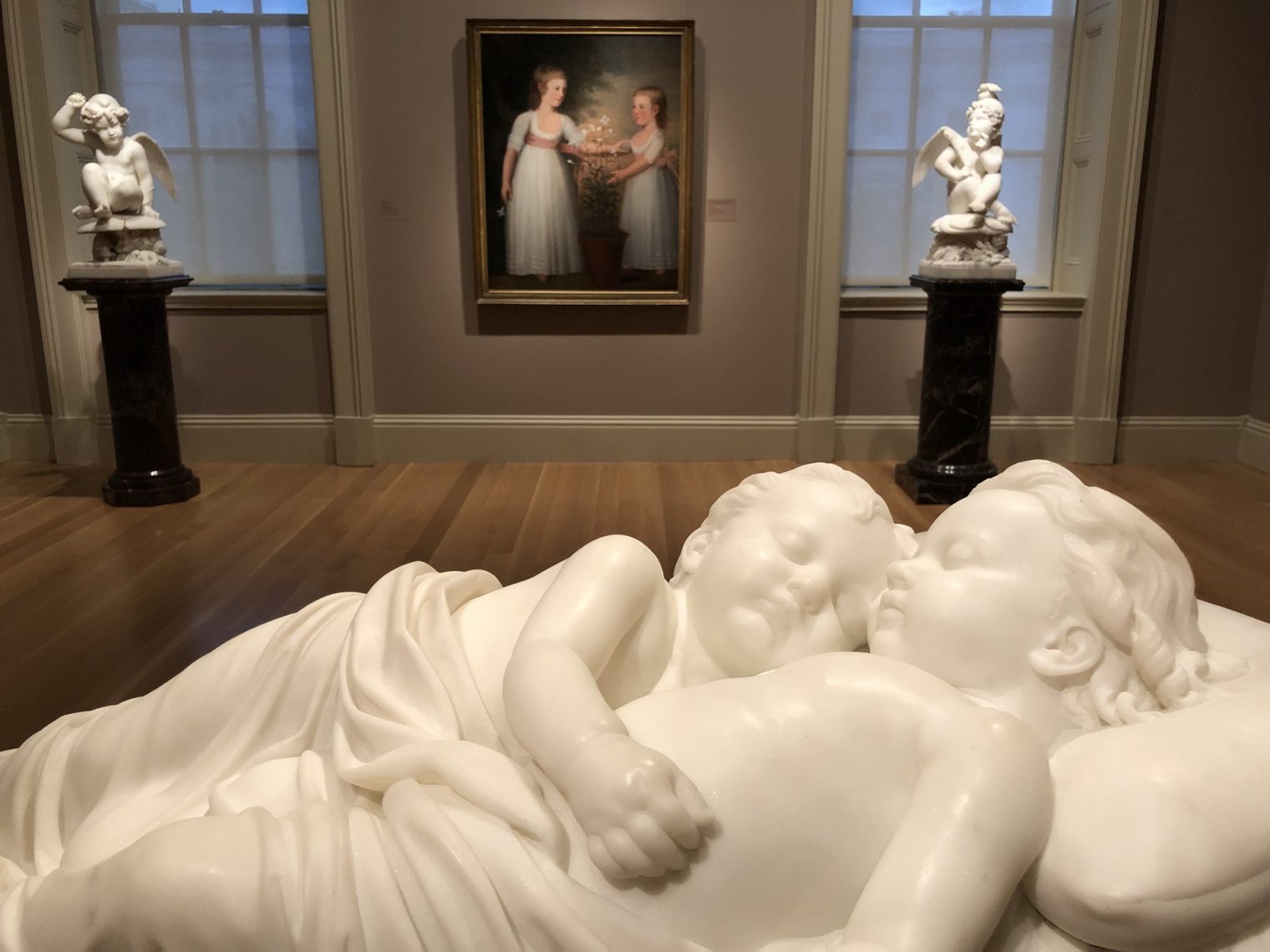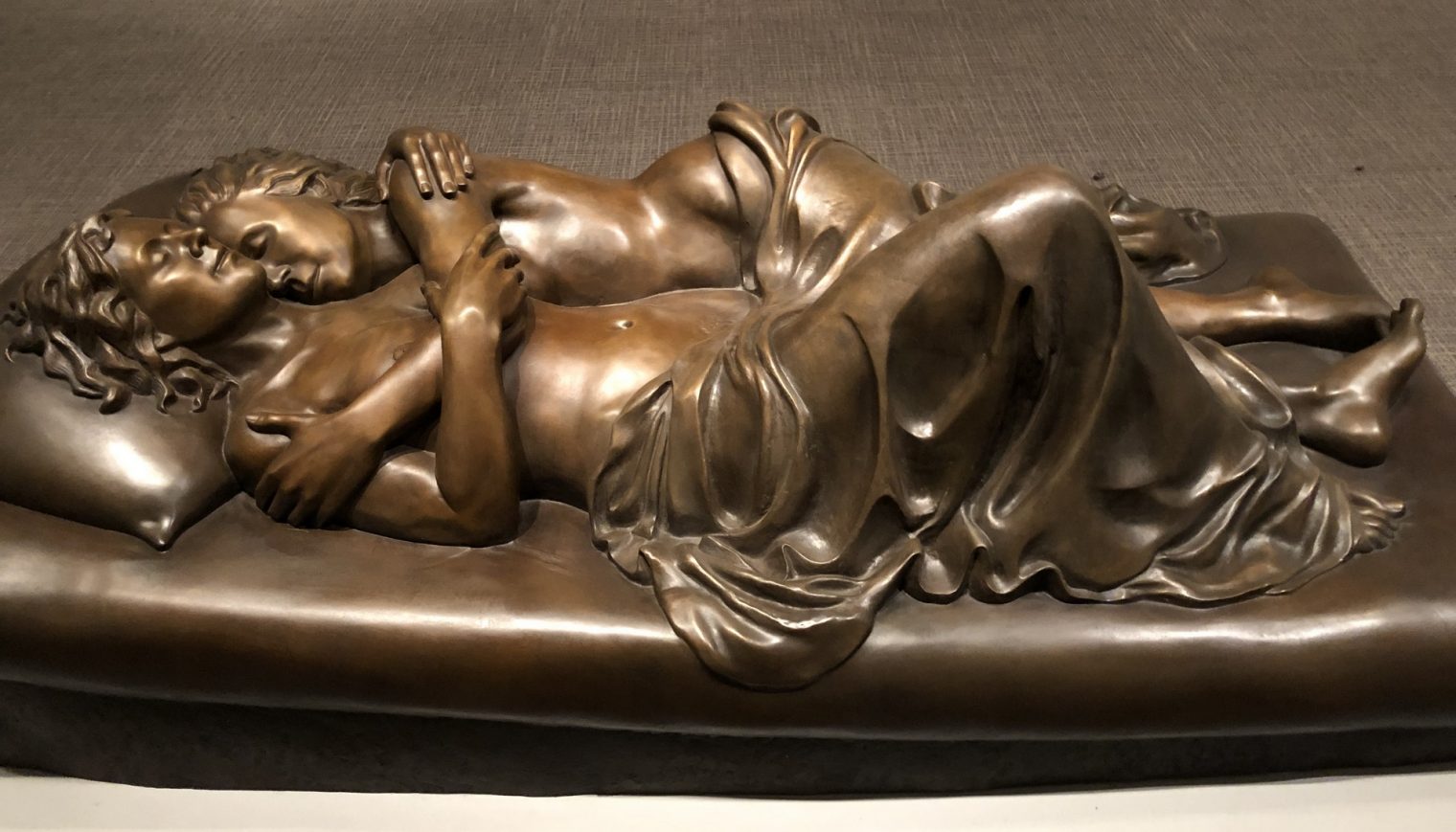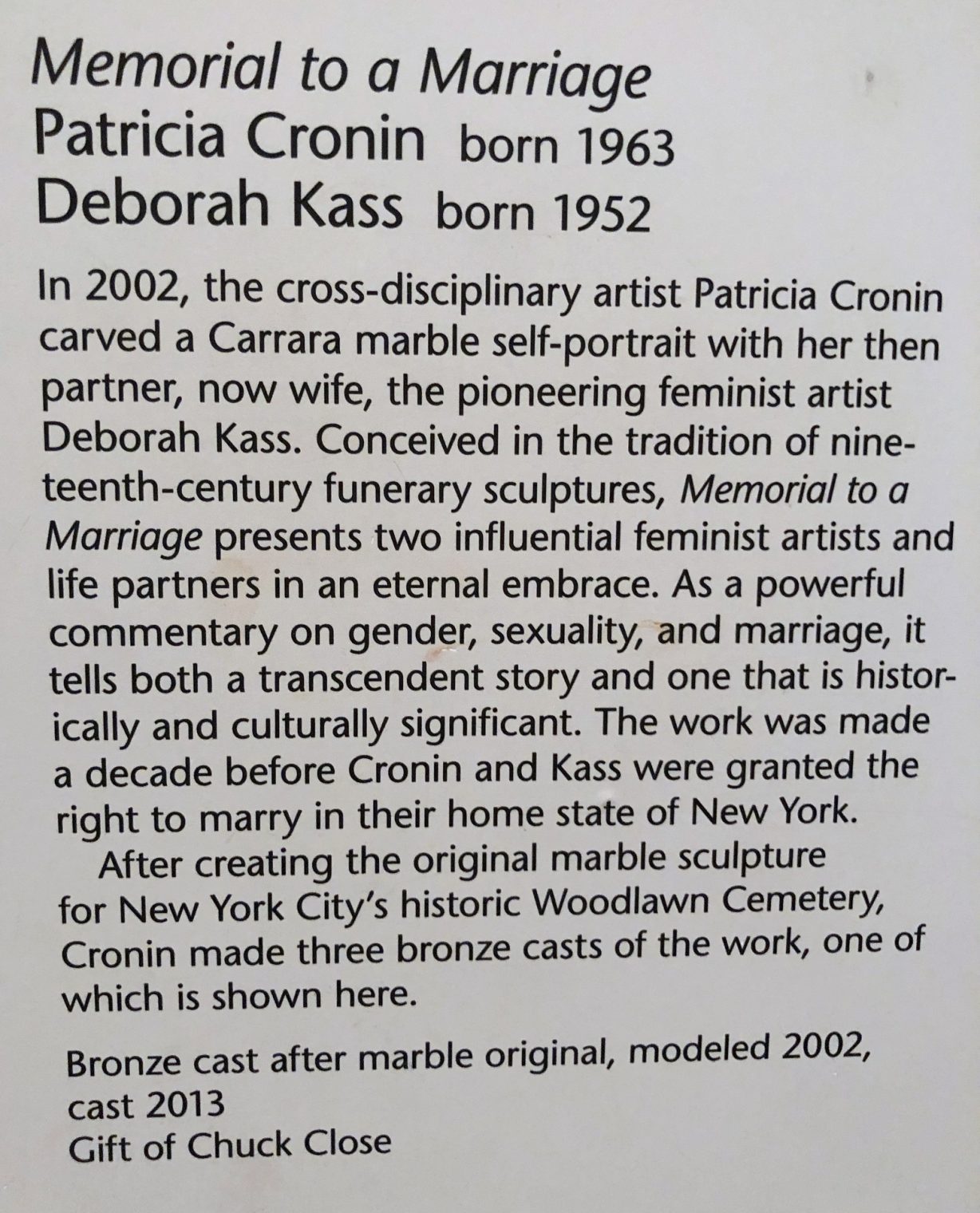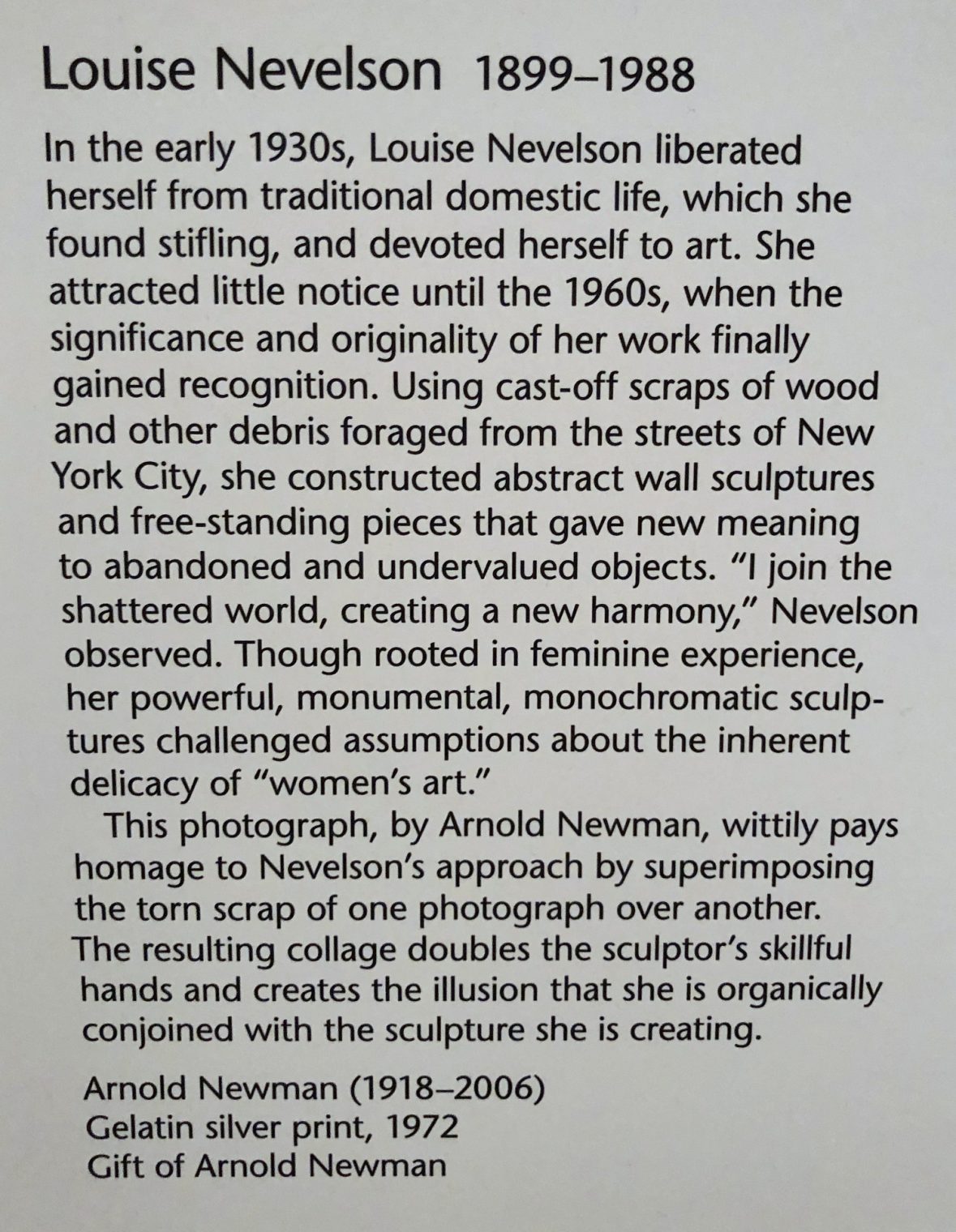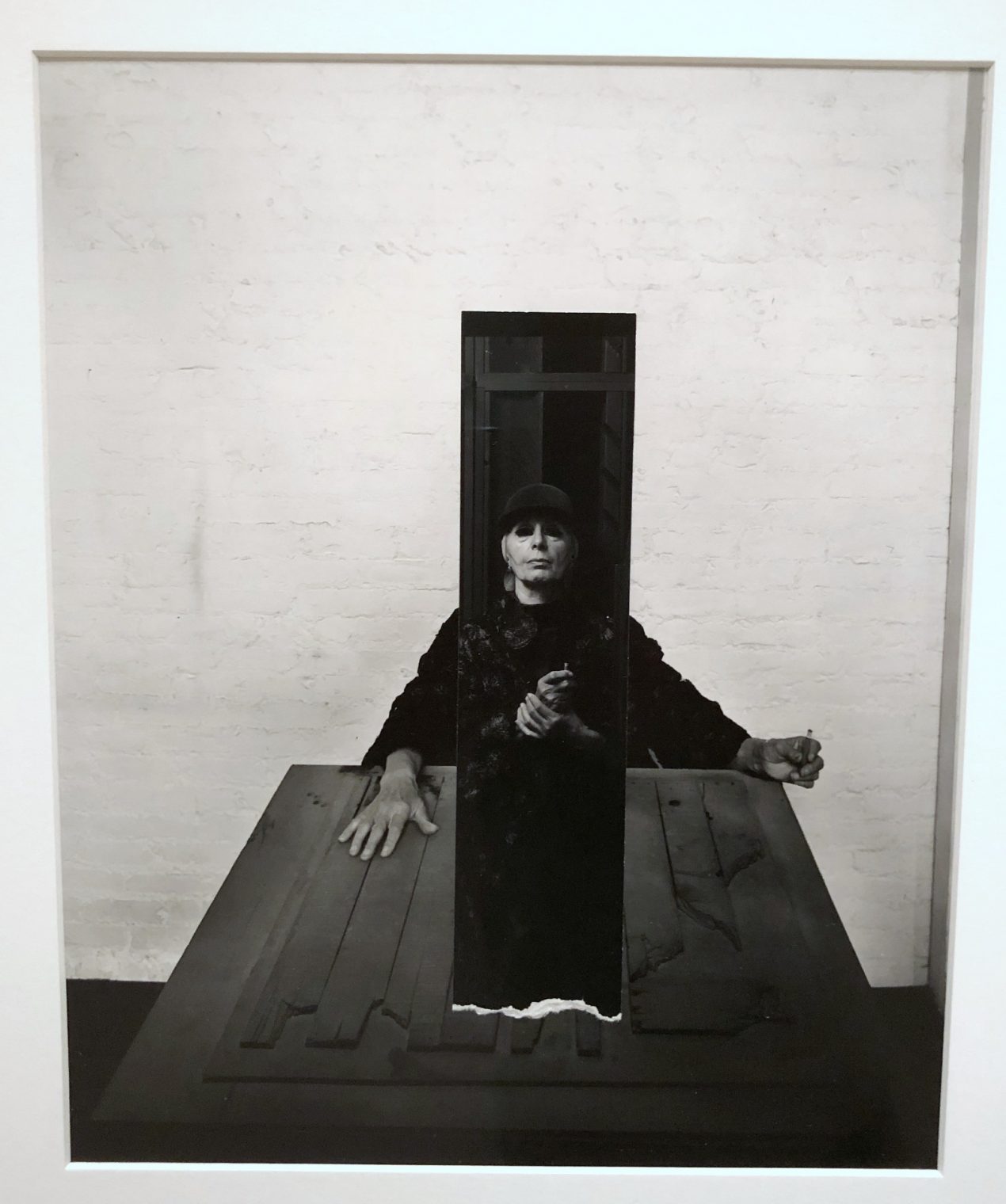Native American and Eskimo/Inuit mythology is full of stories about human overpopulation leading to a catastrophic winnowing of the herd. (And then Europeans showed up and dumped about 350 million immigrants into what had been the Natives’ land! No wonder they love us!)
U.S. population is trending toward levels previously seen only in China and India. I wonder if that has inspired a batch of movies and literature about the near-end of the human race.
Maximum fun and minimum effort: Zombieland: Double Tap (i.e., Zombieland 2). I didn’t see the first one, but this left three of us in stitches. Rotten Tomatoes shows that our cultural overlords liked it (67%) while the rabble loved it (90%).
Maximum awards from critics: Severance, by Ling Ma, a “Best Book of the Year” from NPR, New Yorker, Amazon, et al. “Shen Fever” makes it to the U.S. as fungal spores in the containers of stuff that Americans keep ordering from China. Prior to the plague, the protagonist enjoys a life of casual sex and partying with other young people in Manhattan:
We’d created a makeshift Trump-themed dining table in our living room by arranging collapsible card tables end to end. Over this, Jane had laid a metallic gold tablecloth, weighted by a thrifted brass candelabra, and bouquets of fake plastic flowers she’d spray-painted gold. On the table were ironic predinner canapés: salmon mousse quenelles with dill cream, spinach dip in a bread bowl, Ritz crackers, and a ball of pimento cheese in the shape of Trump’s hair.
She works in a company that organizes book printing in Asia:
Things were different in Art. The clients weren’t so fixated on the bottom line. They wanted the product to be beautiful. They cared about the printing, color reproduction, the durability of a good sewn binding, and they were willing to pay more for it, alter their publication schedule for it. They donated to nonprofits that advocated against low-wage factories in South Asian countries, even as they made use of them, a move that showed a sophisticated grasp of global economics.
The author constructs a CDC-style handout:
In its initial stages, Shen Fever is difficult to detect. Early symptoms include memory lapse, headaches, disorientation, shortness of breath, and fatigue. Because these symptoms are often mistaken for the common cold, patients are often unaware they have contracted Shen Fever. They may appear functional and are still able to execute rote, everyday tasks. However, these initial symptoms will worsen. Later-stage symptoms include signs of malnourishment, lapse of hygiene, bruising on the skin, and impaired motor coordination. Patients’ physical movements may appear more effortful and clumsy. Eventually, Shen Fever results in a fatal loss of consciousness. From the moment of contraction, symptoms may develop over the course of one to four weeks, based on the strength of the patient’s immune system.
Suffice it to say that Manhattan becomes a ghost town and the protagonist strikes out on the road to meet up with a band of fellow survivors to mine shopping malls, houses, etc. Read the book and you’ll enjoy the plot similarities to Zombieland 2, which I don’t expect to be celebrated by NPR any time soon.
Maximum aviation theme and max popularity from readers: The Dog Stars, by Peter Heller. The protagonist is holed up at a mostly abandoned residential airpark with his 1956 Cessna 182 (that was the first year of production, so this may not be realistic). The remnants of humanity left in North America mostly attack each other with guns and knives (but why? there is plenty of land for everyone!)
In the beginning there was Fear. Not so much the flu by then, by then I walked, I talked. Not so much talked, but of sound body—and of mind, you be the judge. Two straight weeks of fever, three days 104 to 105, I know it cooked my brains. Encephalitis or something else. Hot. Thoughts that once belonged, that felt at home with each other, were now discomfited, unsure, depressed, like those shaggy Norwegian ponies that Russian professor moved to the Siberian Arctic I read about before. He was trying to recreate the Ice Age, a lot of grass and fauna and few people. Had he known what was coming he would have pursued another hobby.
I don’t want to be confused: we are nine years out. The flu killed almost everybody, then the blood disease killed more. The ones who are left are mostly Not Nice, why we live here on the plain, why I patrol every day.
Mostly the intruders came at night. They came singly or in groups, they came with weapons, with hunting rifles, with knives, they came to the porch light I left on like moths to a flame.
Due to some small but telling lapses in accuracy, I don’t think the author is a pilot (e.g., he writes that the Nearest button on a Garmin GPS “gave my vector” to the nearest airport; vectors come from ATC, “the heading” or “the bearing to” would come from the GPS; he refers to his “pilot’s license number” instead of certificate and says it is “135-271” (FAA certificate numbers are 7 digits with no dash)), but he writes well about the experience of being in a small plane and landing in the backcountry.
Back then I took up flying with the sense of coming to something I had been meant to do all my life. Many people who fly feel this way and I think it has more to do with some kind of treetop or clifftop gene than with any sense of unbounded freedom or metaphors of the soaring spirit. The way the earth below resolves. The way the landscape falls into place around the drainages, the capillaries and arteries of falling water: mountain slopes bunched and wrinkled, wringing themselves into the furrows of couloir and creek, draw and chasm, the low places defining the spurs and ridges and foothills the way creases define the planes of a face, lower down the canyon cuts, and then the swales and valleys of the lowest slopes, the sinuous rivers and the dry beds where water used to run seeming to hold the hills and the waves of the high planes all together and not the other way around. The way the settlements sprawl and then congregate at these rivers and mass at every confluence. I thought: It’s a view that should surprise us but it doesn’t. We have seen it before and interpret the terrain below with the same ease we walk the banks of a creek and know where to place our feet.
The protagonist’s best friend is his dog:
I used to worry about the engine roar and prop blast, I wear the headset even though there is no one to talk to on the radio because it dampens the noise, but I worried about Jasper, even tried to make him his own hearing protector, this helmet kind of thing, it wouldn’t stay on. Probably why he’s mostly deaf now.
They bred dogs for everything else, even diving for fish, why didn’t they breed them to live longer, to live as long as a man?
The typical virus apocalypse book or movie assumes that humanity is in this together. One interesting twist in The Dog Stars is that, as best as the survivors in North America can tell, there are societies on the other side of the planet that are continuing to function normally.
Readers: Are we entering the golden age of zombie apocalypse literature?
Full post, including comments 